Explore the palaces in Sintra, taste port wine in Porto and the Douro Valley, go beach hopping along the Algarve, walk the Portuguese Camino de Santiago, and visit the Azores and Madeira…these all top the list of things to do in Portugal.
Lisbon and Porto are Portugal’s two largest cities, but there is also a long list of photogenic towns to explore, such as Monsanto, Lagos, Guimarães, and Óbidos.
Families and beach lovers will love spending time on the Algarve’s gorgeous golden beaches and exploring the Azores.
Those who are active and adventurous can go hiking in Madeira, walk the Portuguese Camino de Santiago, and hike the Seven Hanging Valleys Trail in the Algarve.
For those with an interest in history, there is a long list of historic sites throughout Portugal, many of which are UNESCO listed sites, such as Jerónimos Monastery in Lisbon and Batalha and Alcobaça Monasteries in central Portugal.
Finally, if you are a foodie, you are in for a treat. One of our favorite things to do in Portugal was to eat. Sample Portugal’s famous sweet treat, the Pastel de Nata, and dine on seafood fresh from the ocean.
In this guide, we will introduce you to the many amazing experiences you can have in Portugal.
Let’s get started.
Best Things to Do in Portugal
In no particular order, here are the best things to do in Portugal. At the end of this section, you can see all of them on a map.
1. Explore Historic Lisbon
Lisbon is the largest city in Portugal. With its handy international airport, it is a popular starting and/or ending point for many visitors to Portugal so there is a very good chance you’ll spend at least a little bit of time in this city.
Top experiences in Lisbon include strolling through the historic neighborhoods of Alfama and Bairro Alto, riding or photographing Tram 28, visiting Jerónimos Monastery and Belém Tower, exploring São Jorge Castle, and viewing the city from its overlooks and miradouros. Get a longer list, and a lot more photos, in our Lisbon Bucket List.
For the best experience, plan on spending at least two days in Lisbon, to explore its neighborhoods and see the highlights. With more time, you can visit more of the city sights or day trip to Sintra and other nearby places.
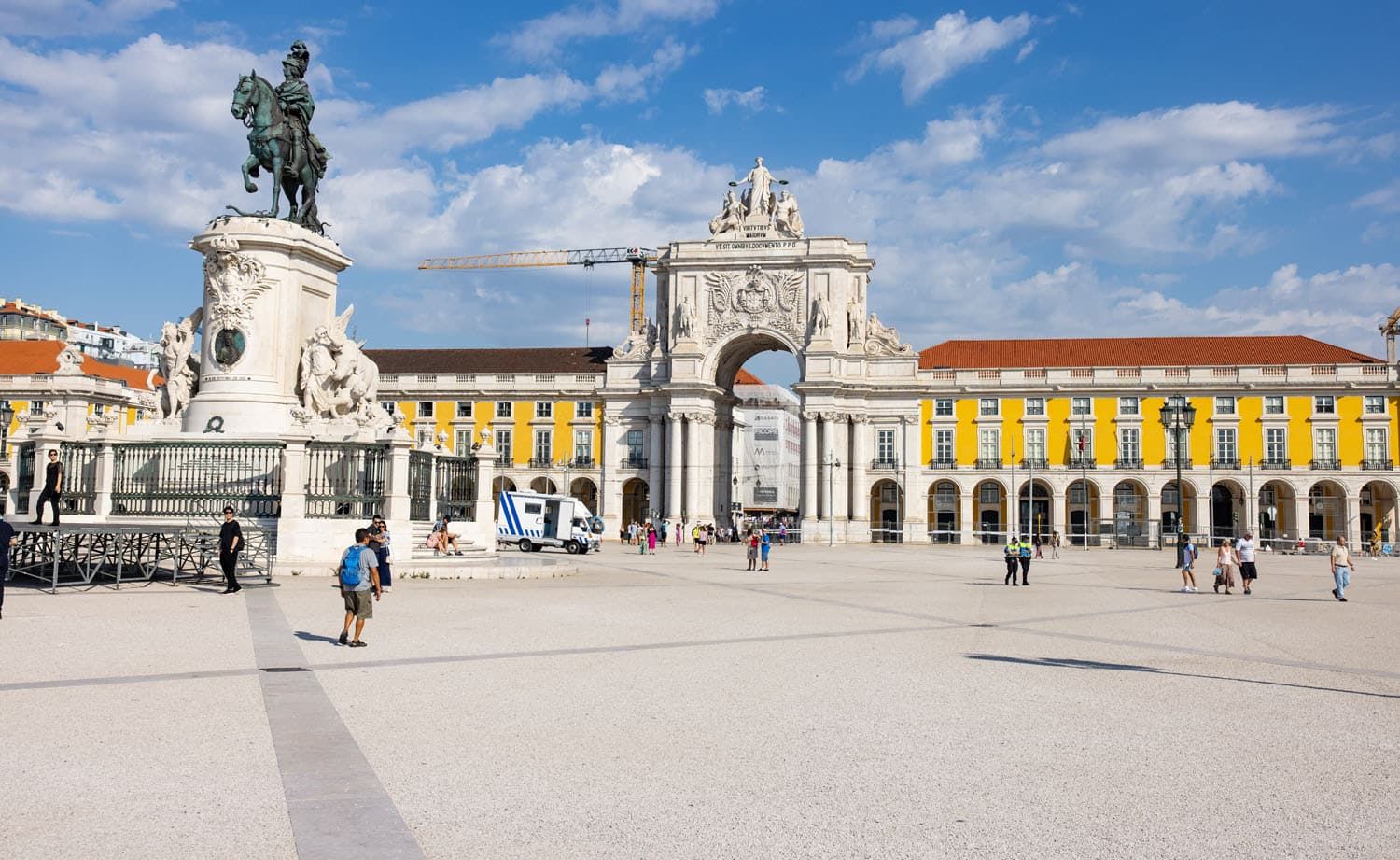
Praça da Comércio
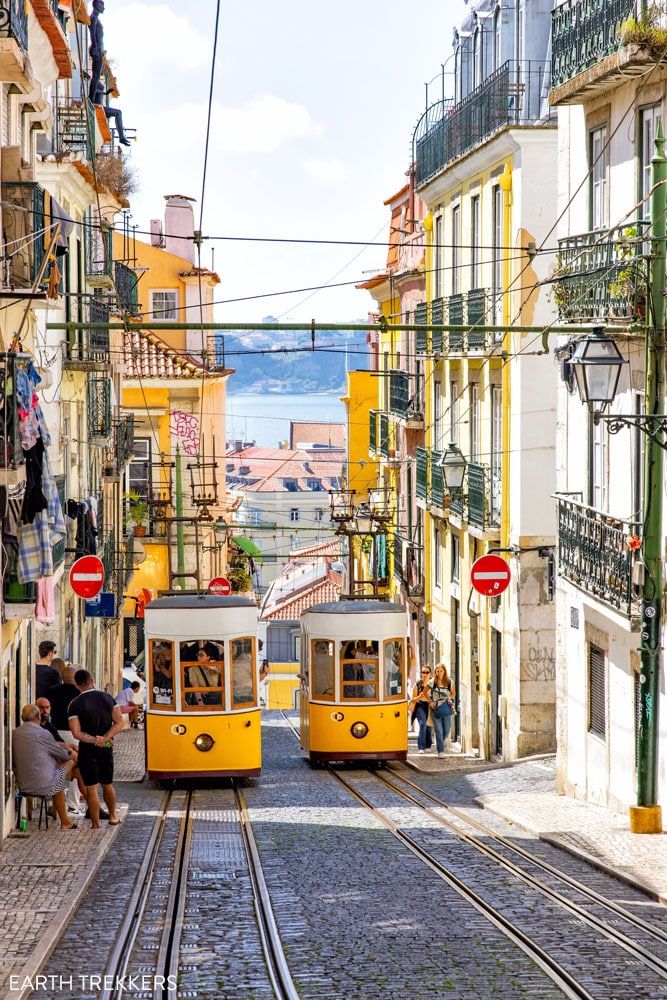
Bica Funicular
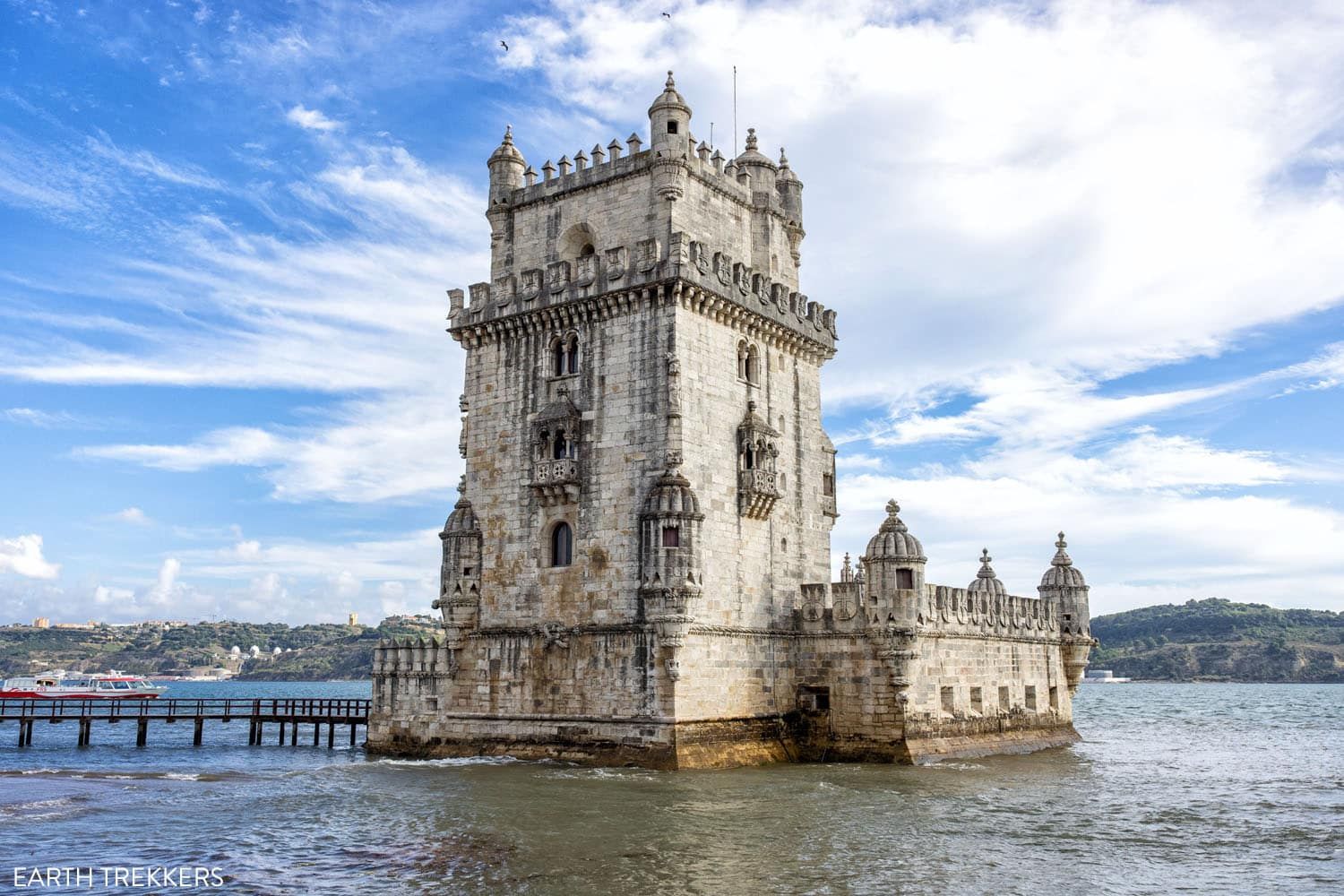
Belém Tower
2. Visit the Palaces & Castles in Sintra
Tucked away in the mountains outside of Lisbon sits the lovely town of Sintra. This town is the gateway for exploring several of Portugal’s most famous palaces, castles, and museums.
Sintra is the #1 day trip from Lisbon.
From the town of Sintra, you can visit:
- Pena Palace. This is the top attraction in Sintra. This palace is famous for its colorful, whimsical blend of architectural styles.
- Quinta da Regaleira. See the Initiation Well and tour the palace and its gardens.
- National Palace of Sintra. This is the oldest palace in Portugal and a great place to see azulejos, or blue tiles.
- Castle of the Moors. With its lofty perch, walls to walk, and staircases to climb, this castle is not to be missed, especially if you enjoy panoramic views and visiting historic sites.
- Palace and Gardens of Monserrate. This palace is gorgeous inside and out. It’s one of the least visited places in Sintra, and the most beautiful, in our opinion.
The Sintra Cultural Landscape also includes some amazing coastal sites, such as Praia da Ursa, Praia das Maçãs, Praia das Azenhas do Mar, and Cabo da Roca.
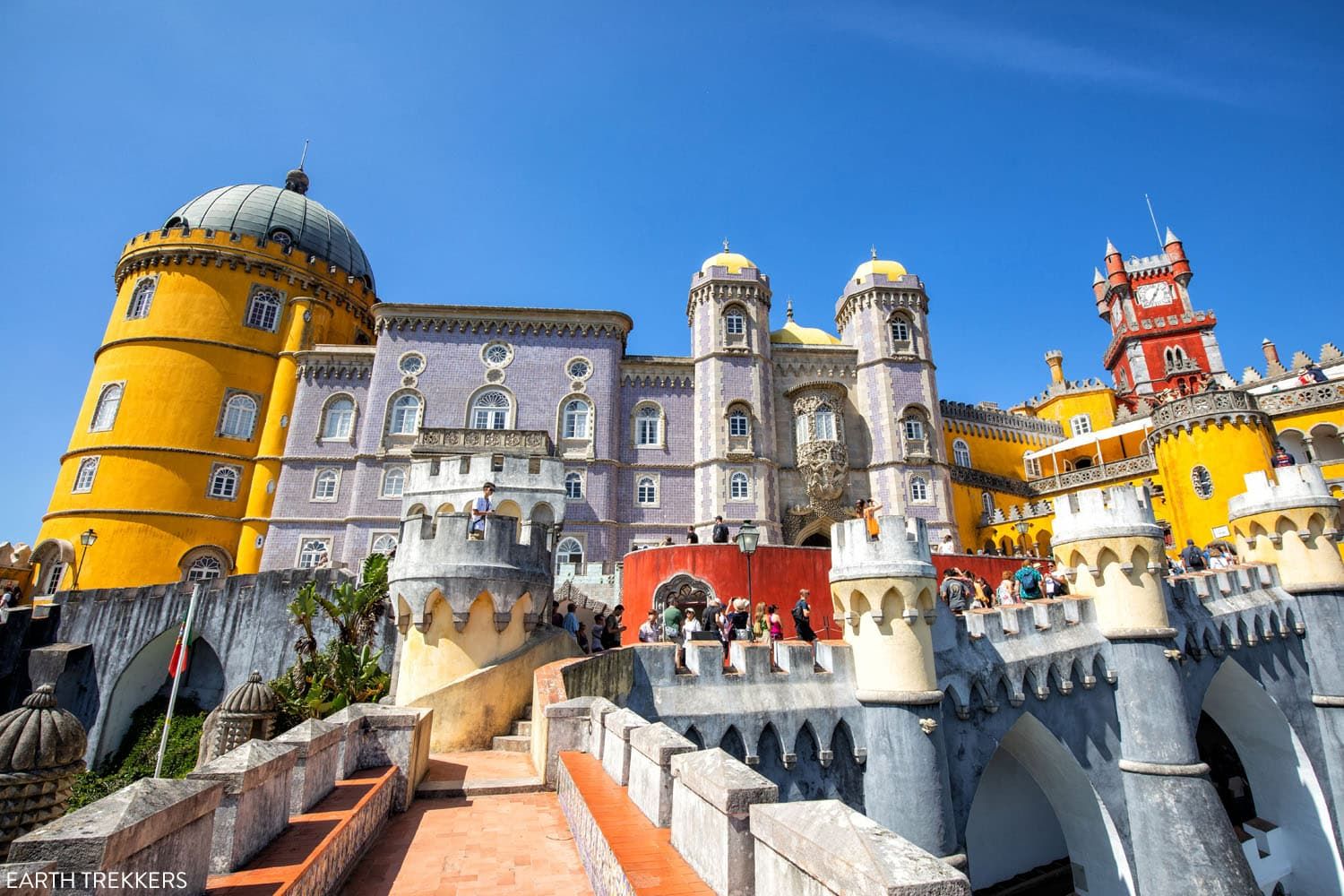
Pena Palace | Best things to do in Portugal
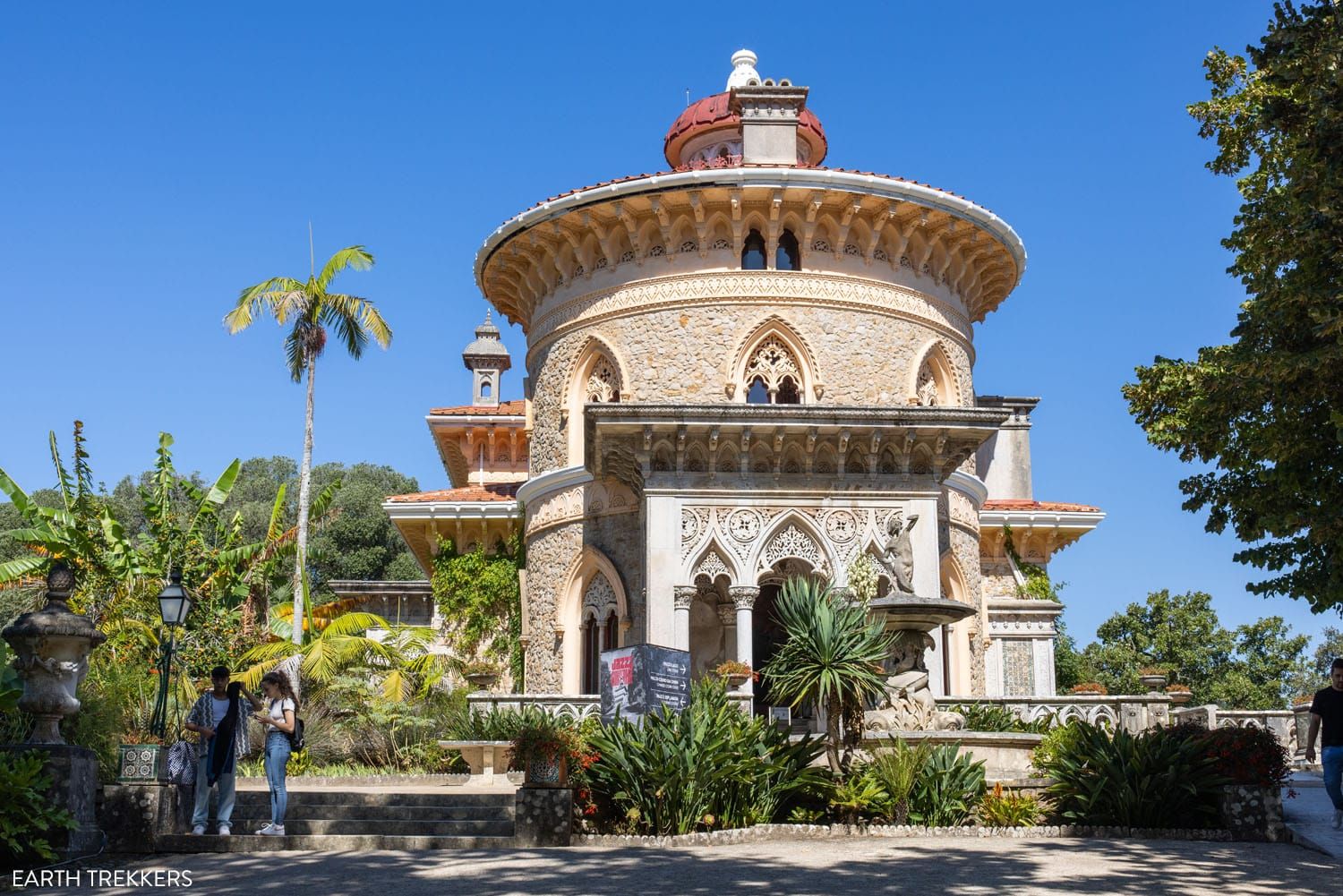
Palace of Monserrate
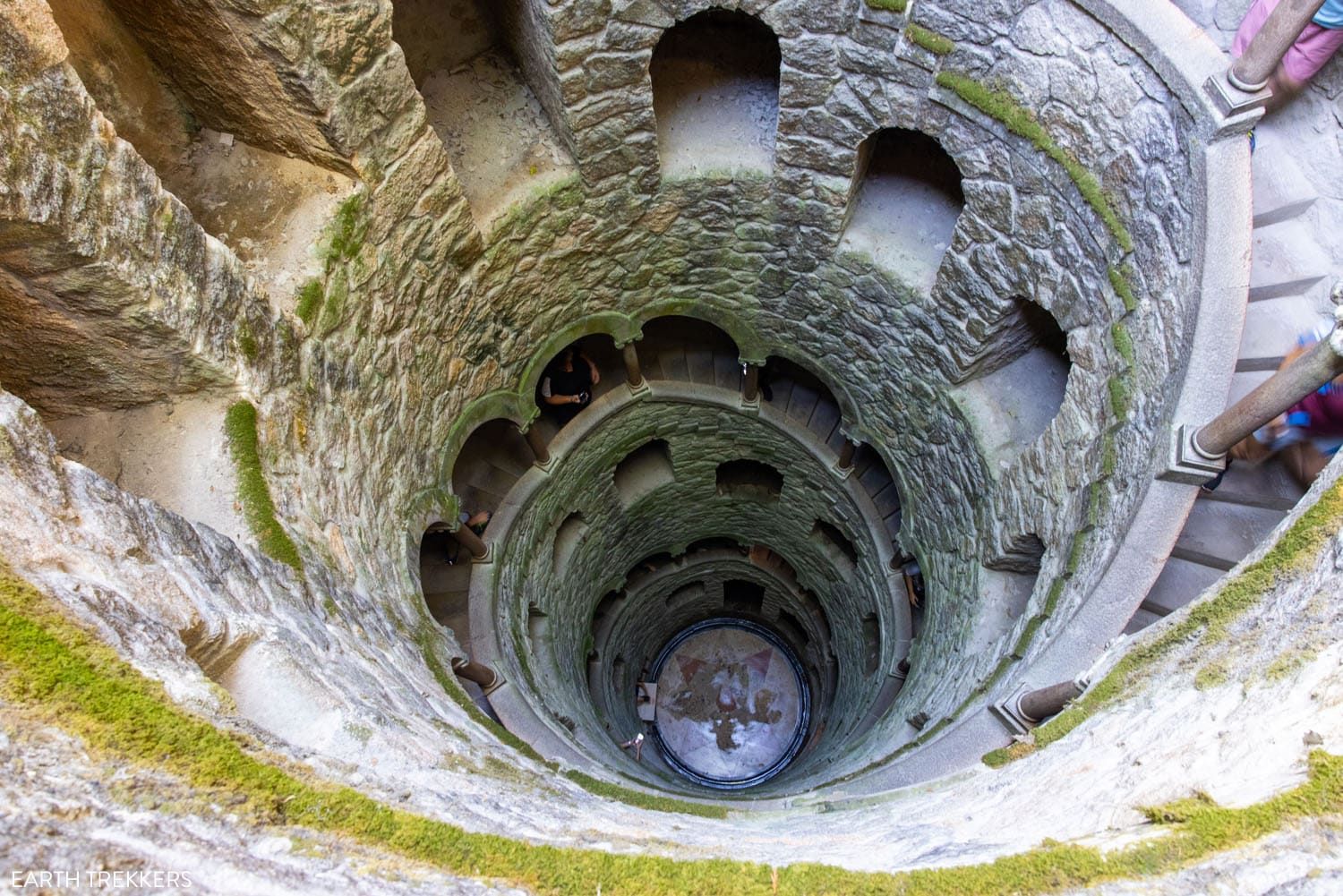
Initiation Well at Quinta da Regaleira
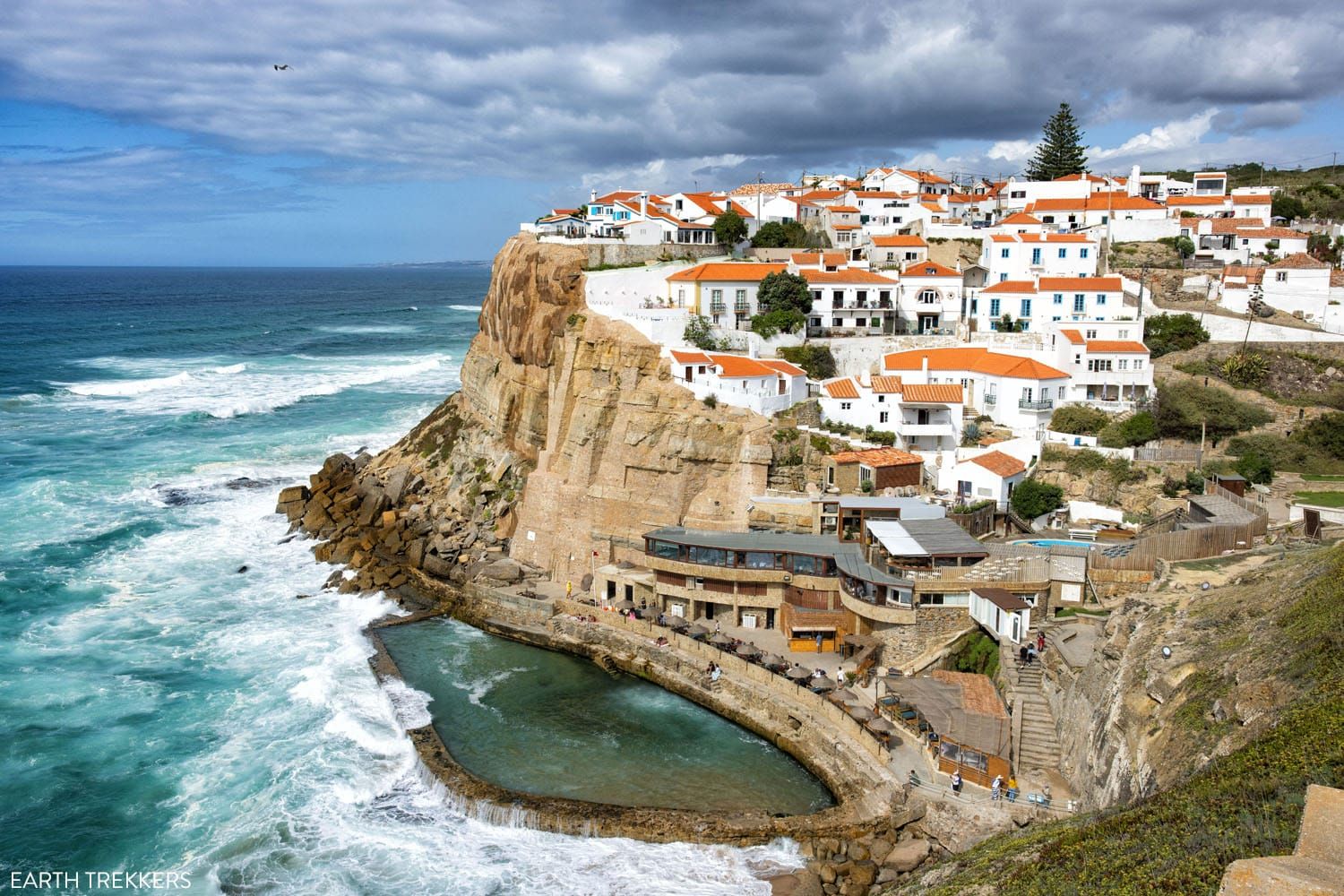
Praia das Azenhas do Mar
Plan Your Visit to Sintra
3. Visit Cabo da Roca
Cabo da Roca is the westernmost point of continental Europe. It is located in the Sintra Cultural Landscape and can be visited on a day trip from Lisbon or Sintra.
This lovely point is marked by a large, stone column topped with a cross. From this rocky cliffside point, you get views up and down the west coast of Portugal.
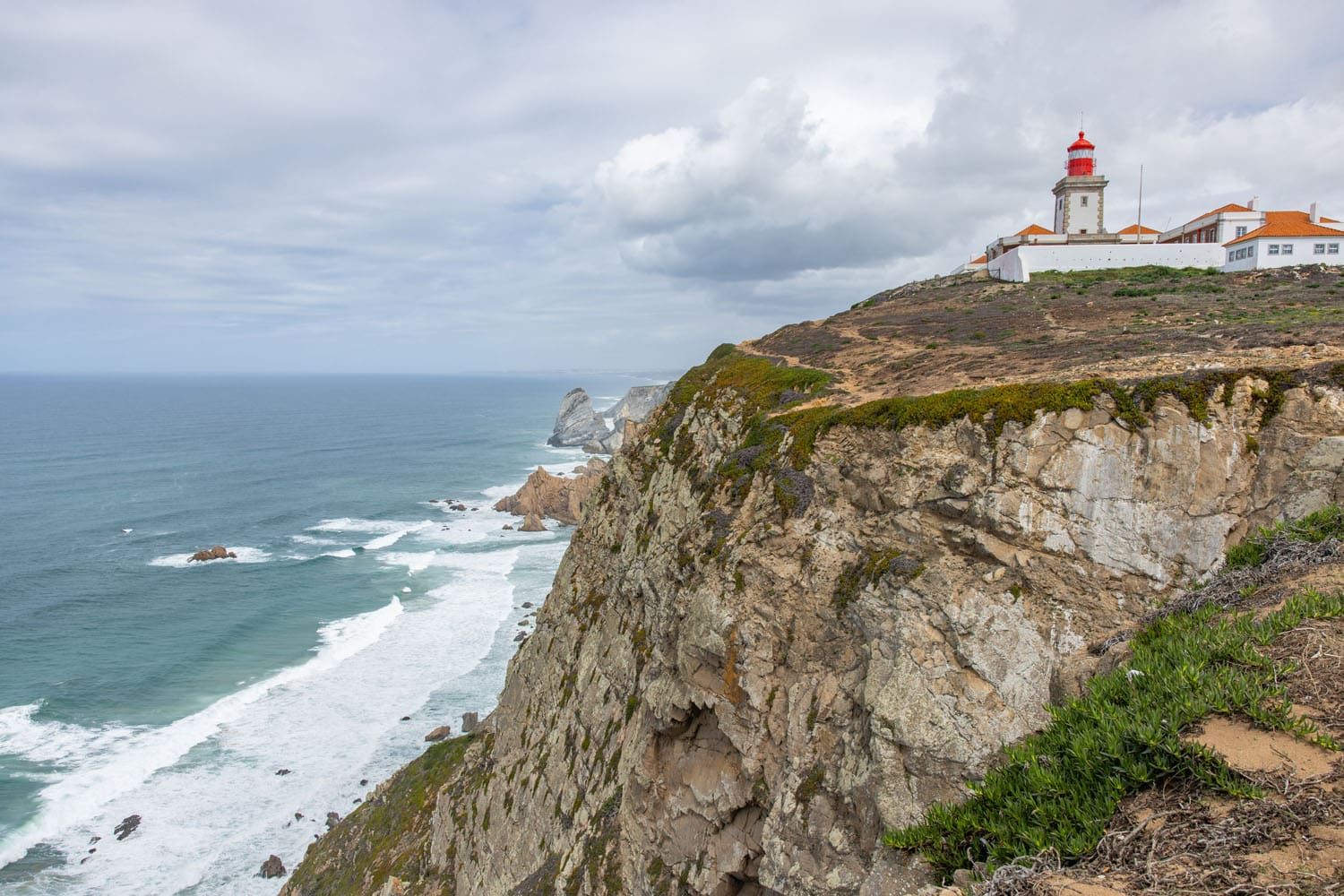
Cabo da Roca
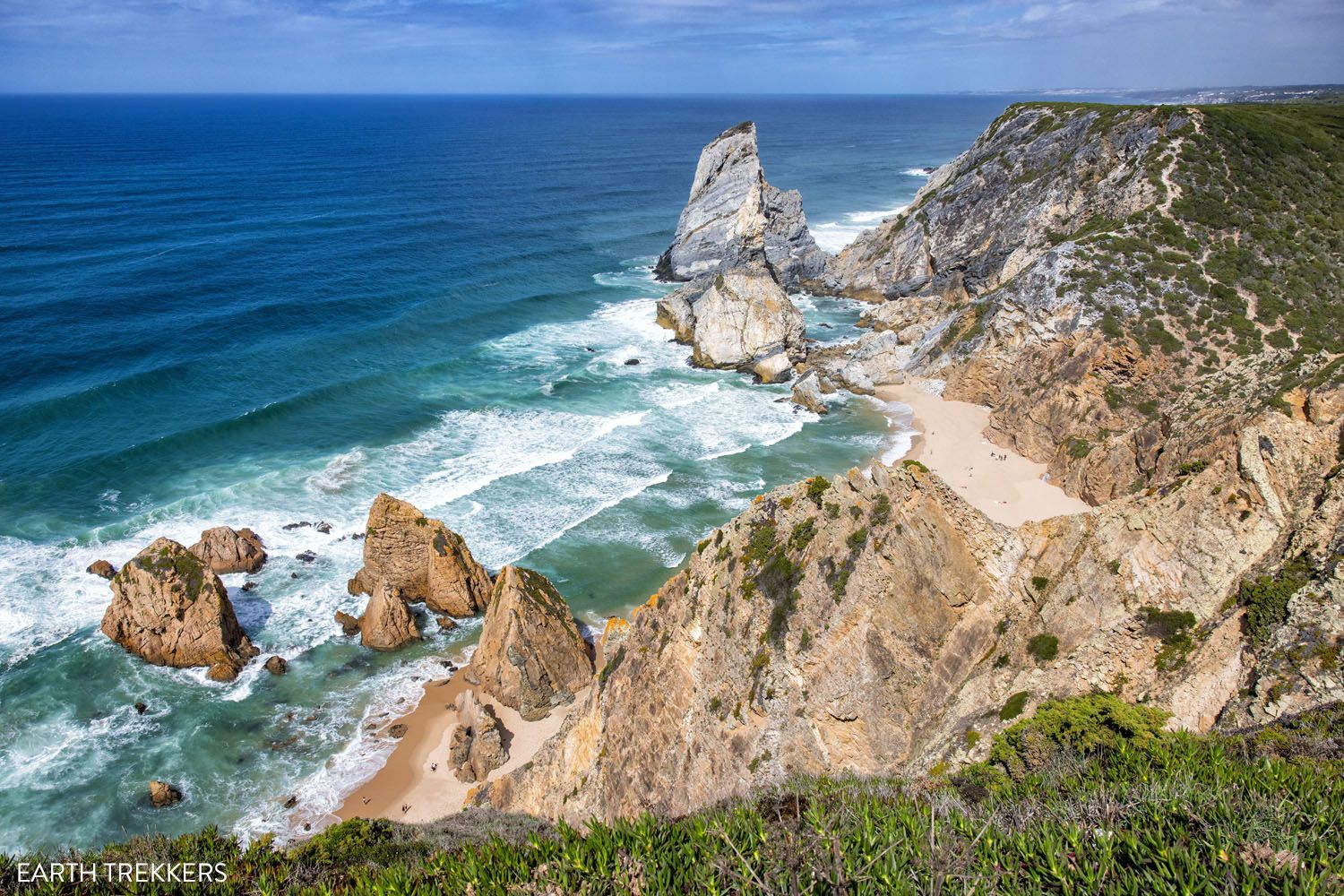
Praia da Ursa
For the best experience (and if you like hiking or just want to go for a walk), walk to Praia da Ursa from Cabo da Roca. This is one of the most beautiful beaches on the west coast of Portugal.
From Cabo da Roca, it is a short walk to a viewpoint of the beach. If you walk all of the way to the beach, it is a moderate to strenuous 3.5km/2.2 mile walk round trip. We cover this walk in detail in our Things to Do in Sintra guide.
4. Go Wine Tasting in Porto
Porto is the second largest city in Portugal. Located in northern Portugal, this city is renowned for its UNESCO-listed historic center, azulejo-adorned churches, and colorful pedestrian streets and promenades. But what draws most visitors is its port wine lodges.
Located across the Douro River from Porto, in an area called Vila Nova de Gaia (or simply Gaia), sit the wine cellars where port wine is stored and aged.
There is a long list of wine cellars to visit, such as Taylor’s, Sandeman, Graham’s, Niepoort, Kopke, and Calem, just to name a few. You can simply do tastings at the lodges or take a tour to learn more about port and its production.
Touring the wine lodges in Porto was one of our favorite experiences in Portugal, which you can read about in our guide to the Porto Wine Cellars. You need a half to a full day in Porto to do this, but it is also worth putting time into seeing Porto’s other amazing sights and landmarks.
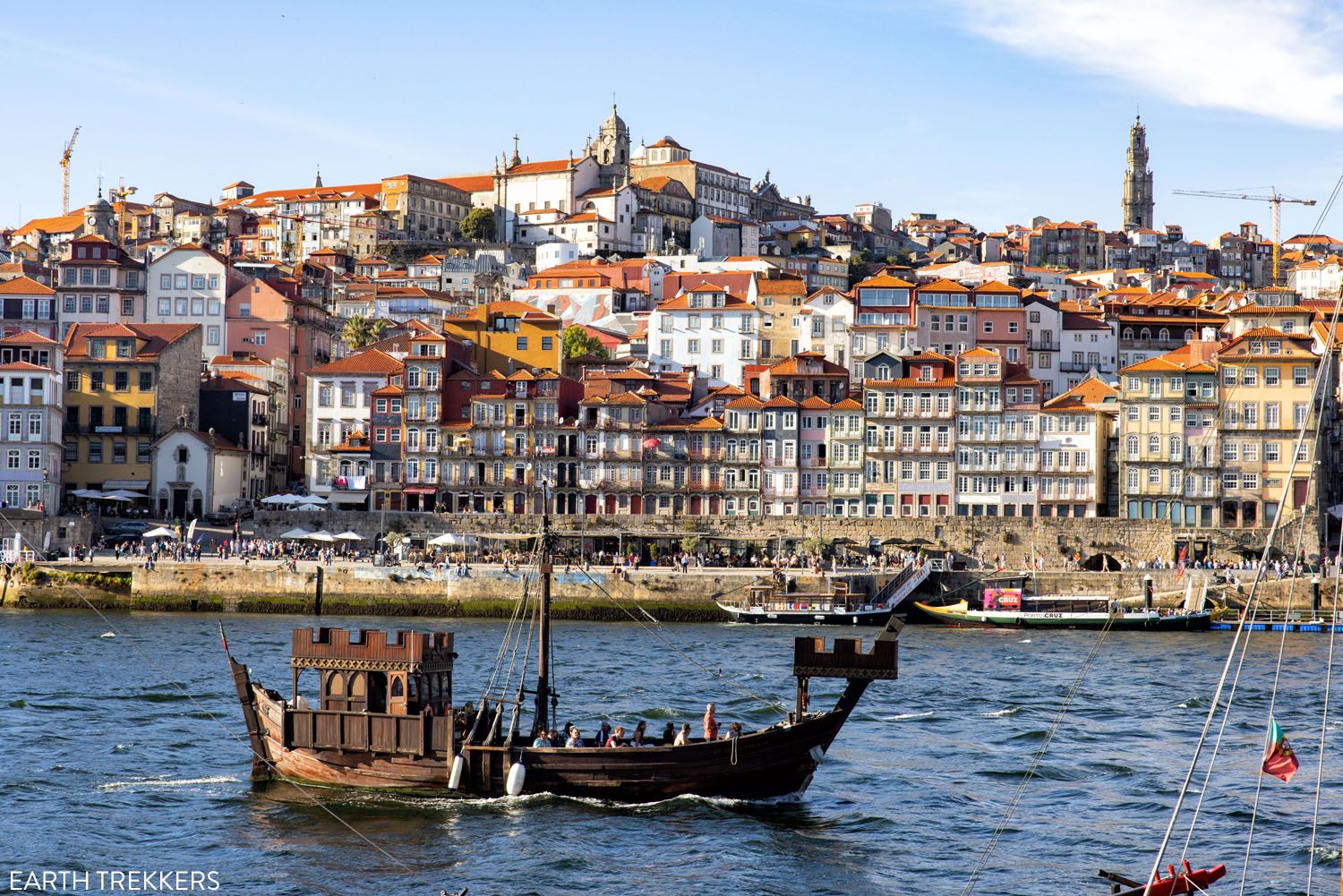
Porto
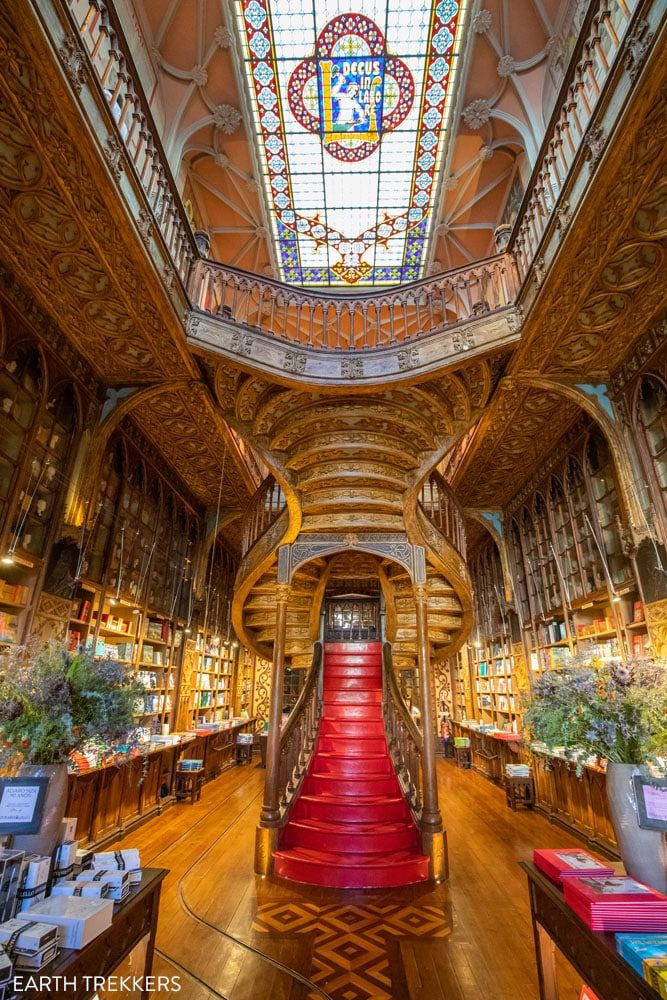
Livraria Lello
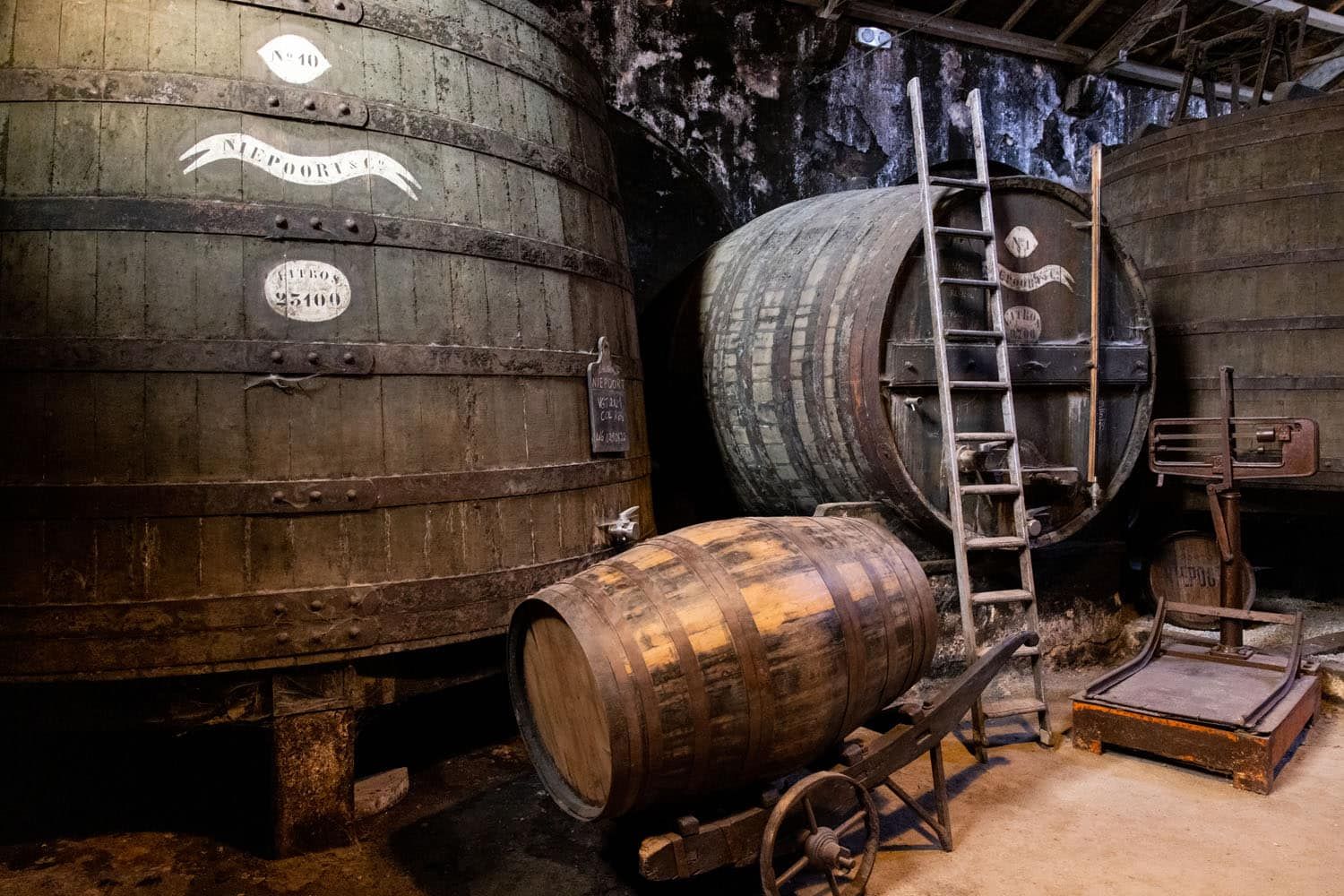
Wine barrels at Niepoort
5. Visit the World’s Oldest Wine Region, the Douro Valley
The Douro Valley, also called the Alto Douro, is the oldest wine region in the world and a UNESCO World Heritage Site. It’s also the only wine region in the world that is legally allowed to produce port wine.
Many of the grapes grown in the Douro Valley are turned in port, a fortified wine. This wine is usually sent down the Douro River to Porto where it is aged in the wine houses in Vila Nova de Gaia.
The Douro River runs through this hilly, inland region of Portugal. Over hundreds of years, terraces have been constructed on the hillsides, giving the Douro Valley wine region its characteristic appearance of terraced slopes dotted with quintas and small towns.
The Douro Valley can be visited on a day trip from Porto or you can spend several days to a week here, touring the vineyards and staying in the resorts or quintas.
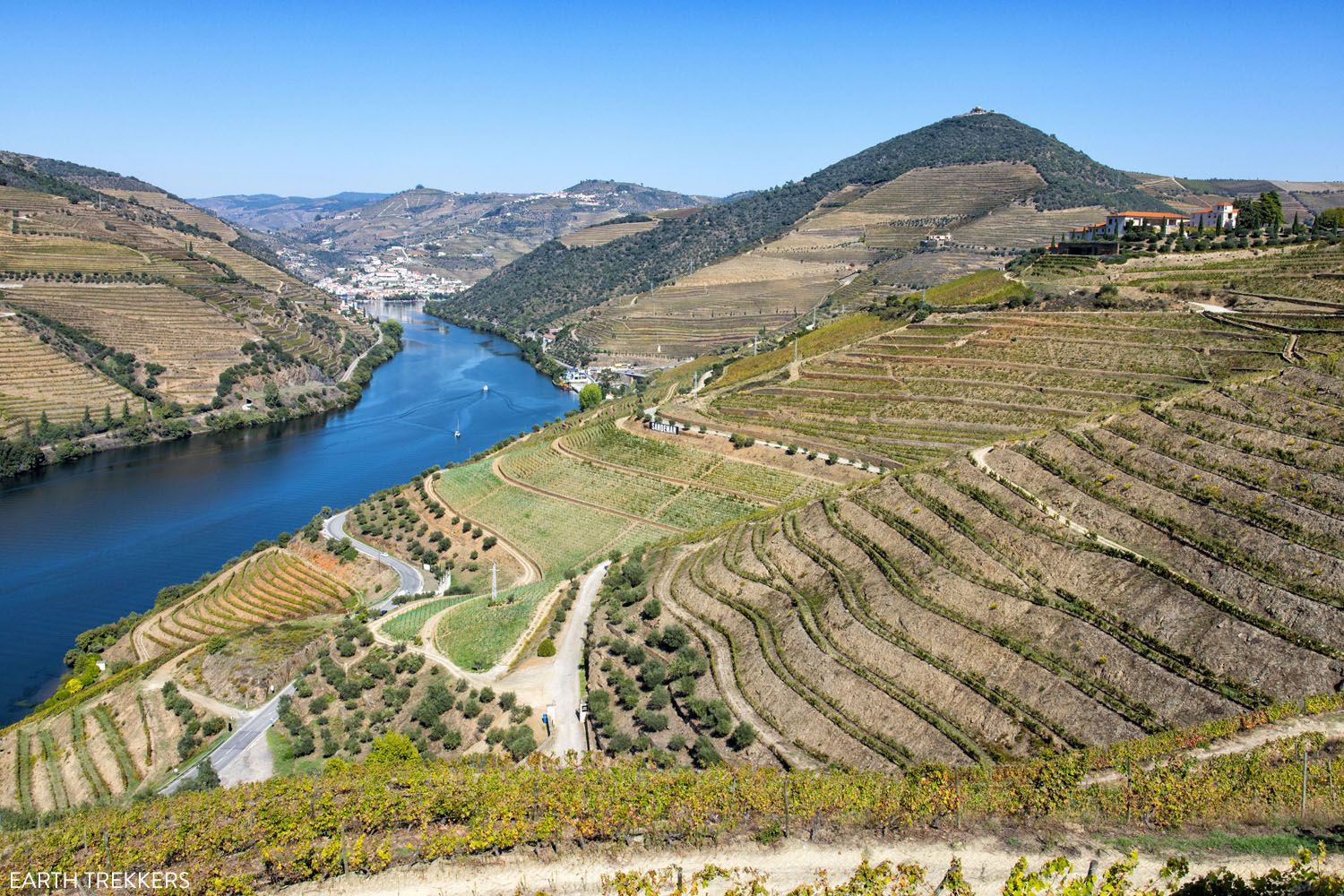
Douro Valley | Best things to do in Portugal
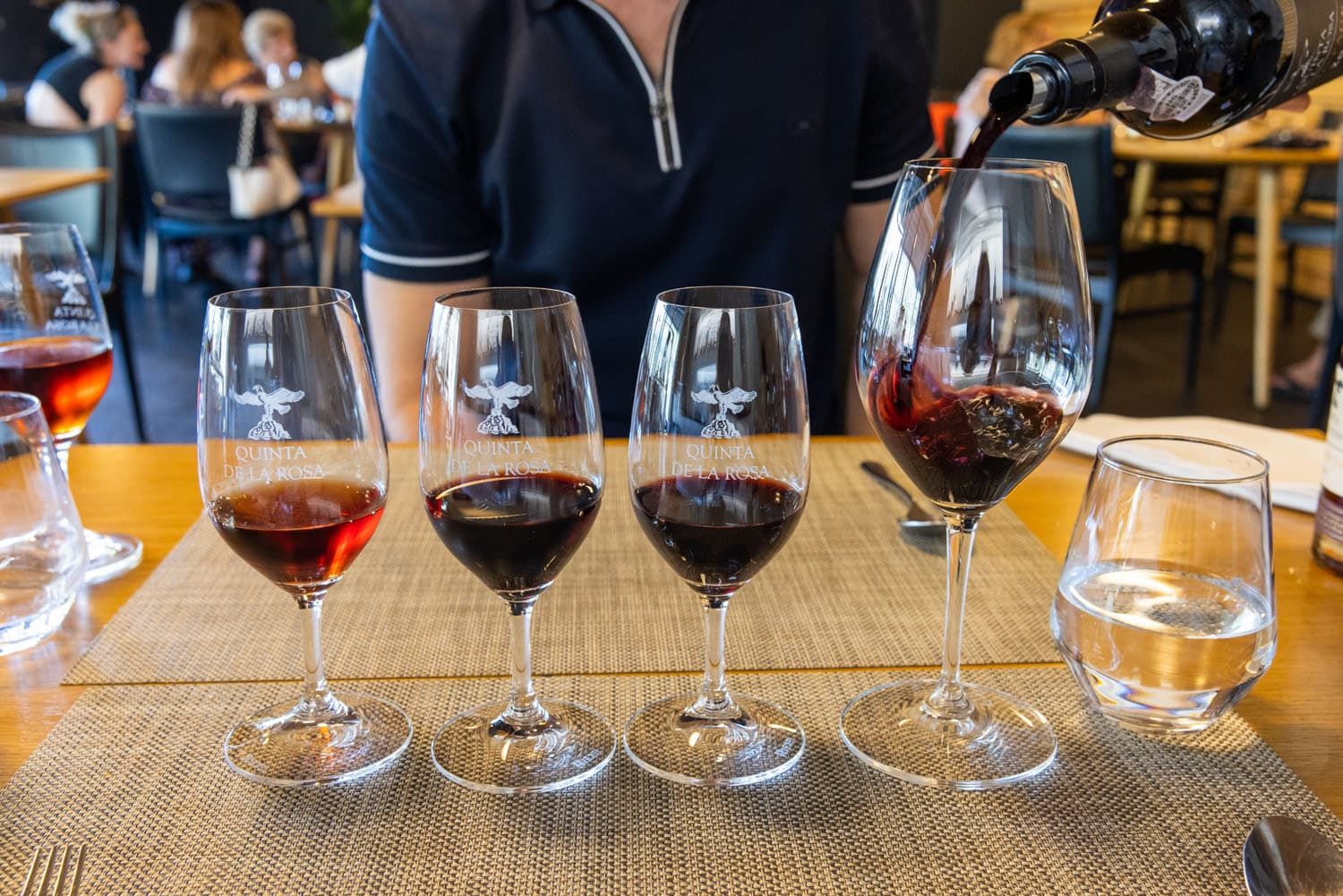
Plan Your Visit to the Douro Valley
6. Walk the Castle Walls in Óbidos
This compact, walled, medieval town is located in central Portugal. Strolling the picturesque streets, walking the castle walls, shopping, and drinking ginja from a chocolate cup all top the list of things to do in this lovely little town.
It takes about half of a day to visit Óbidos. This can be done on a day trip from Lisbon or on a road trip through Portugal. Learn more about how to plan your visit in our Guide to Óbidos.
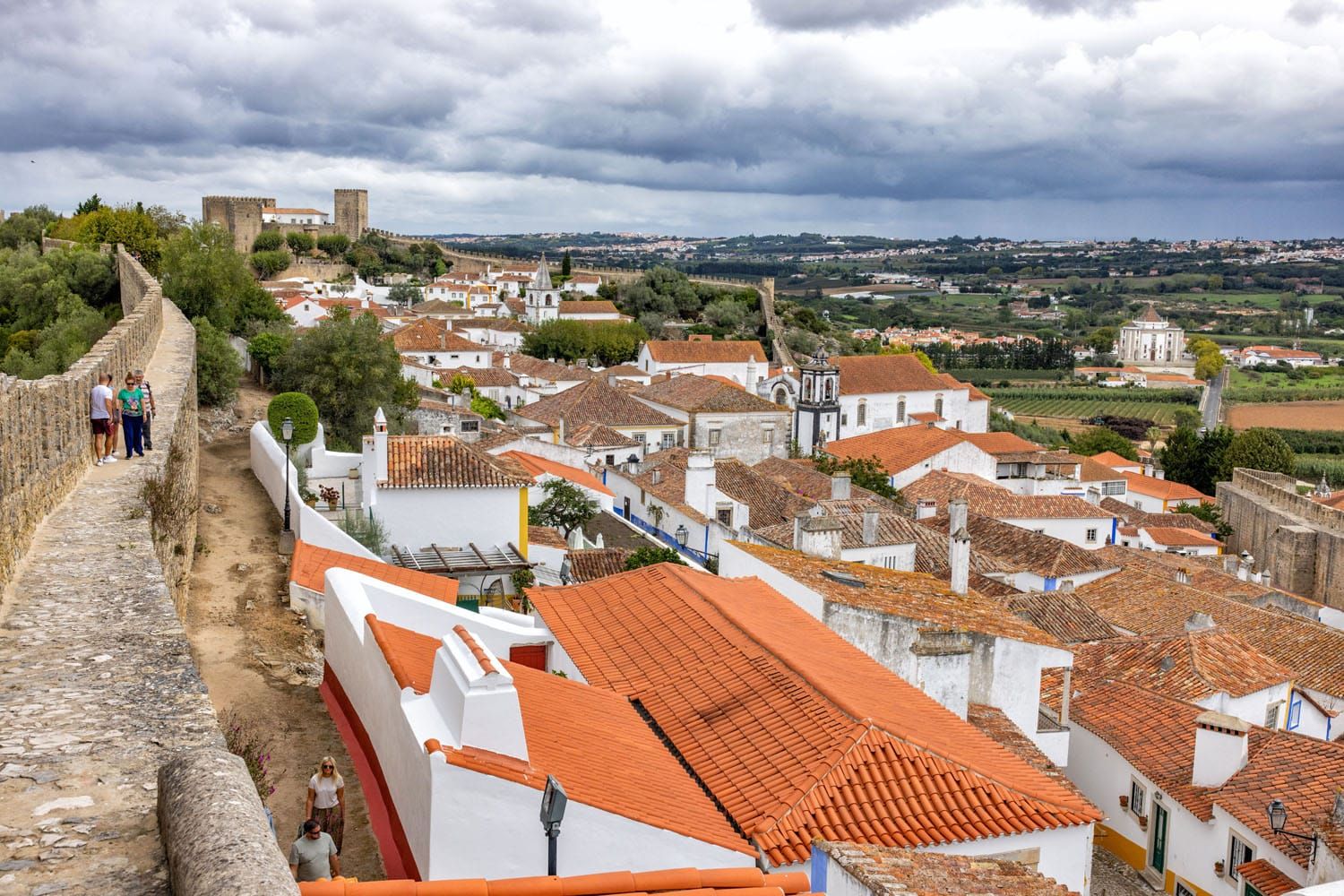
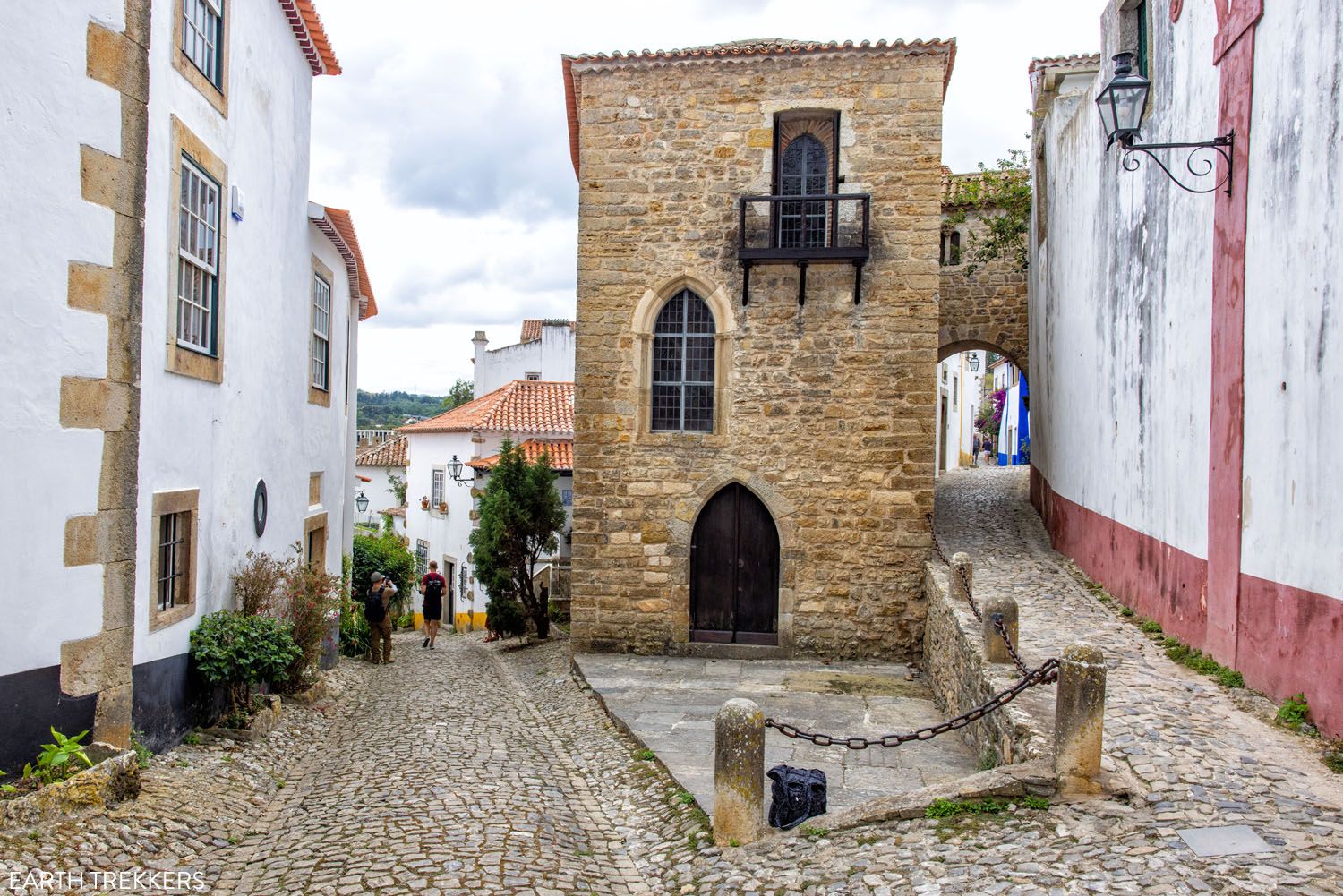
7. See and Photograph Portugal’s Azulejos
Decorating the insides and outsides of churches and important buildings, blue and white tiles are synonymous with Portugal. Also called azulejos, these glazed tiles have been used to decorate buildings in Portugal since the 13th century.
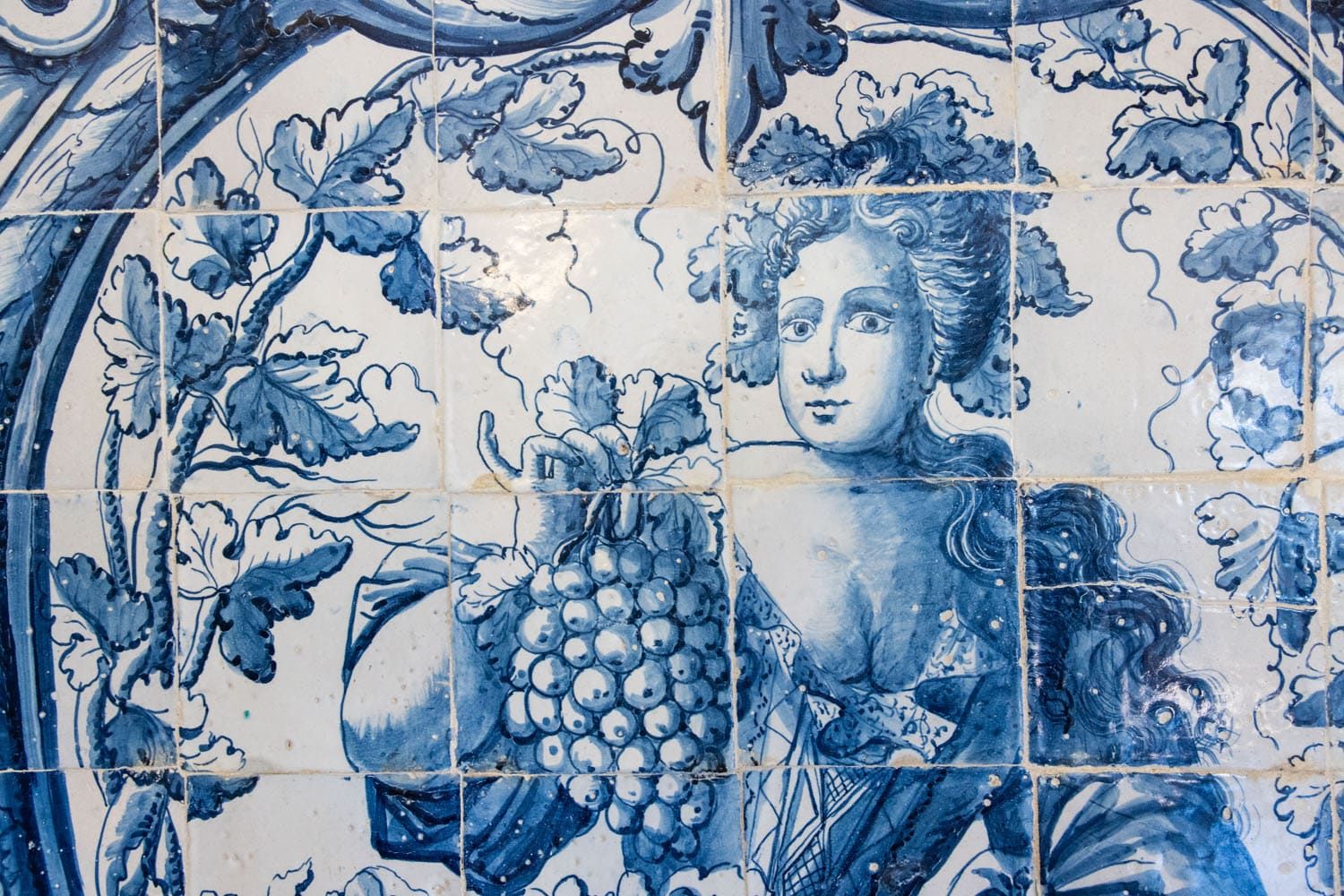
You really don’t have to go out of your way to see azulejos in Portugal. As you walk through Porto, Lisbon, and other smaller towns, you will see these colorful tiles covering many buildings.
However, there are some places where these azulejos really stand out.
In Lisbon, some of the best places to see azulejos are inside the Monastery of São Vicente de Fora, at Miradouro de Santa Luzia, and at the National Tile Museum (don’t miss the blue and white-tiled mural of the Lisbon city skyline from 1738, which was created just a few years before the Great Earthquake of 1755).
In Porto, azulejos decorate the outside of the Chapel of Souls and Igreja do Carmo and the inside of the São Bento Railway Station.
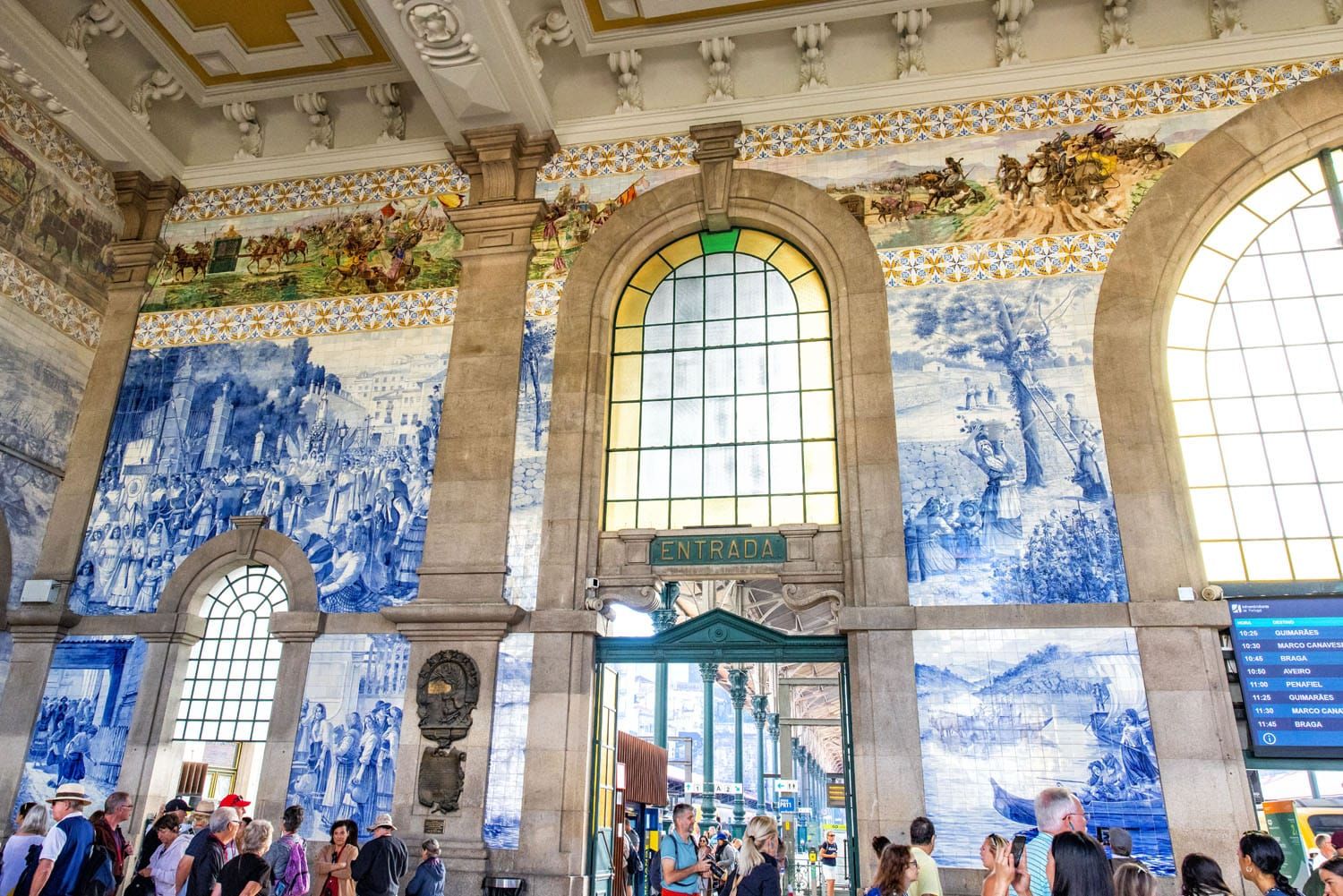
São Bento Railway Station, Porto
8. Visit the Algarve Beaches & Towns
The Algarve is home to some of the most picturesque beaches in Europe. From hidden coves and grottoes to long stretches of shoreline, each of these gems offers a unique experience that will leave you in awe of the natural beauty of this part of Portugal.
Some of the top beaches to visit in the Algarve are Praia da Marinha, Praia do Camilo, Praia dos Tres Irmãos, Praia da Falésia, and Praia Dona Ana.
In the Algarve, hike the Seven Hanging Valleys Trail, take a boat tour of Benagil Cave, or walk or take a boat ride around Ponta da Piedade to see some of this region’s most spectacular landscapes. Visit Cabo de São Vicente, the southwesternmost point of mainland Europe.
Also located along the Algarve are small, photogenic towns, such as Lagos, Tavira, Ferragudo, and Silves.
At a minimum, plan on spending 2 to 3 days in the Algarve, although you could easily spend a week here and never run out of things to do (get suggestions on how to plan your time with our Algarve itinerary planner).
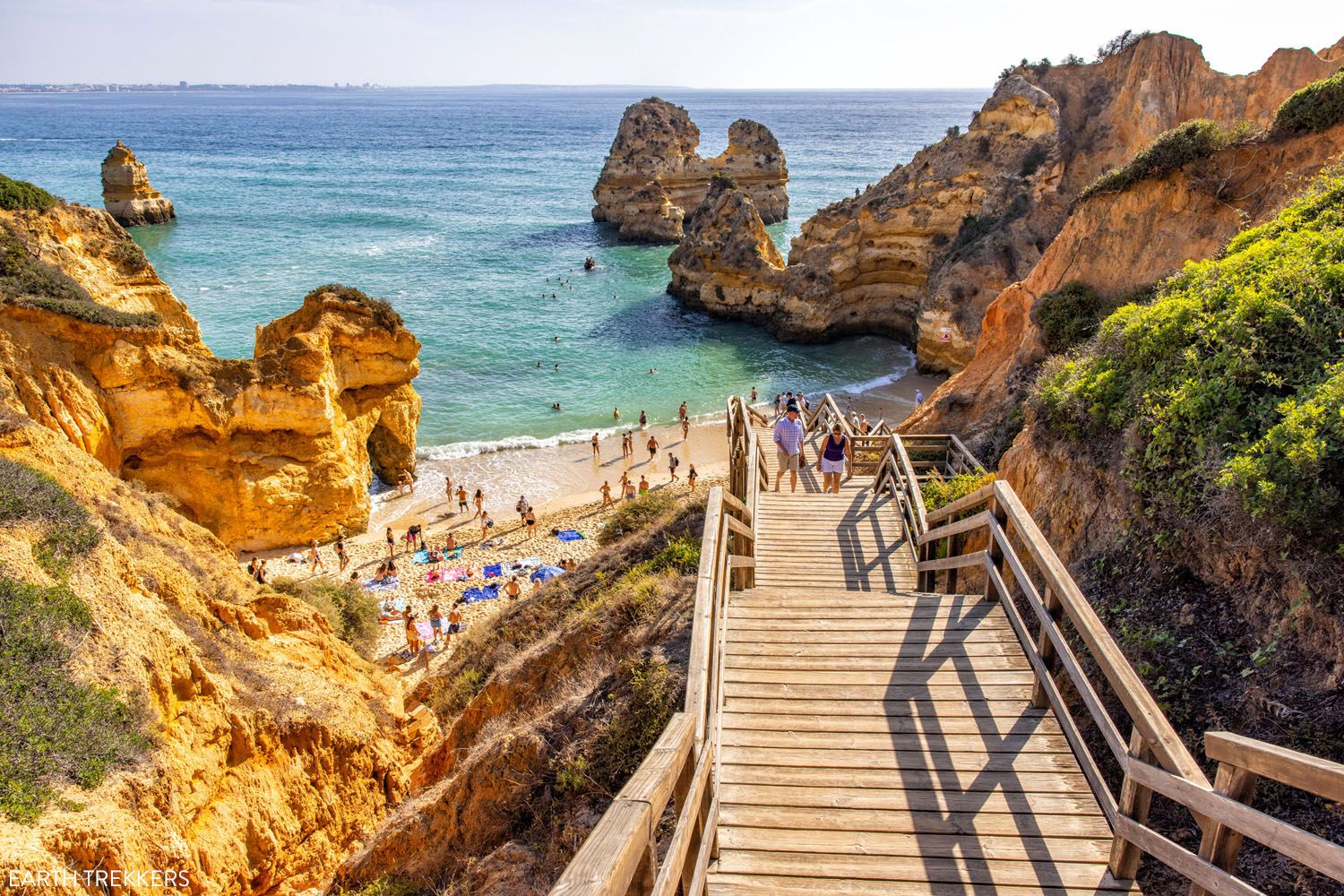
Camilo Beach
9. Go Island Hopping in the Azores
The Azores are an archipelago located in the North Atlantic Ocean. There are nine major volcanic islands. Mount Pico, on the island of Pico, is the highest point in Portugal.
Temperatures are mild all year round. Summer is the most common time to visit the Azores. For the best experience, plan to spend a minimum of 7 to 10 days here, hopping to several islands to go hiking, whale watching, scuba diving, and to visit the beaches.
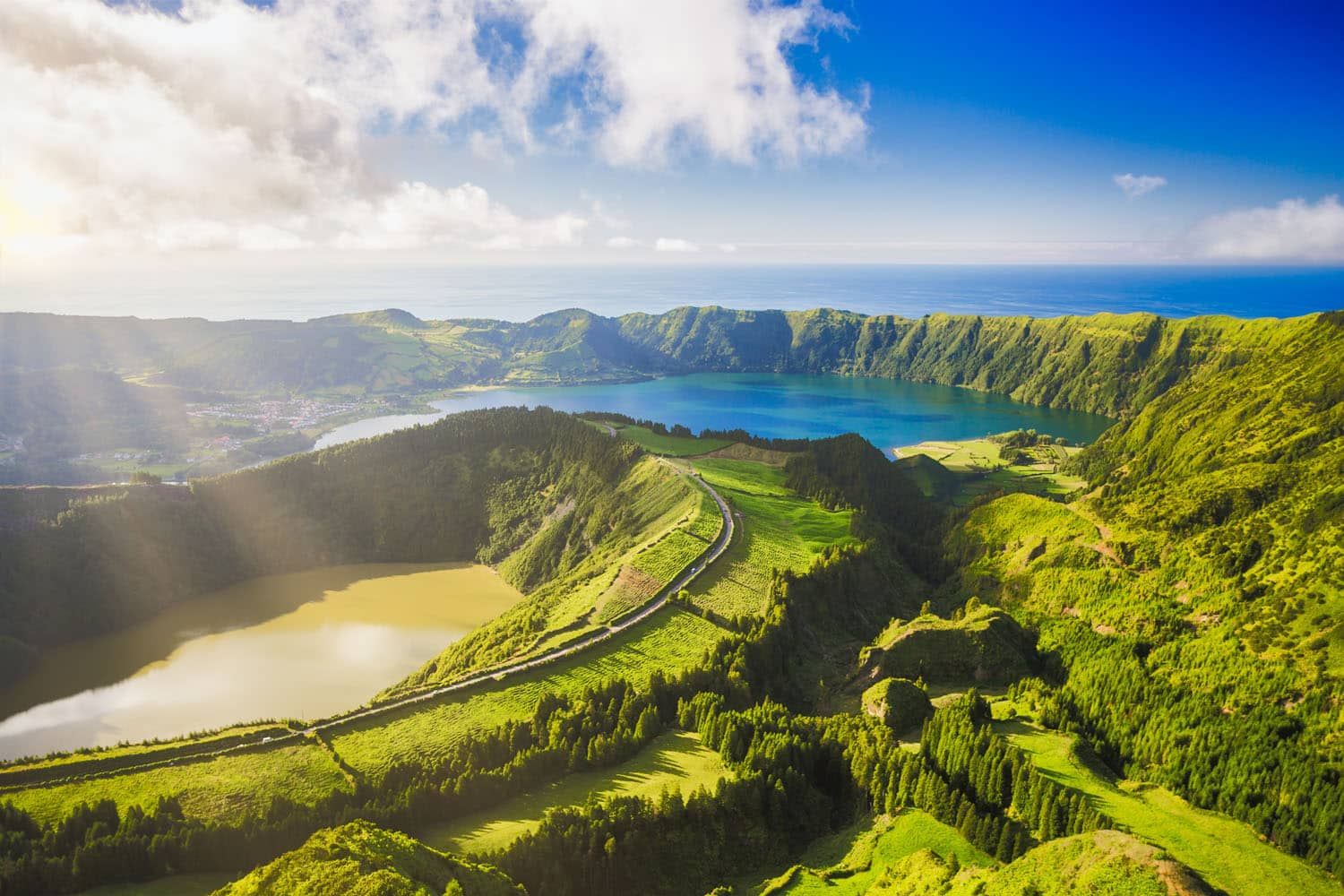
São Miguel Island, Azores | EyesTravelling/shutterstock.com
10. Visit Madeira
Madeira is an archipelago that sits just over 500 kilometers west of Morocco. These tropical islands are a popular year round resort. Hiking, tasting Madeira wine, exploring Funchal (the capital city of Madeira), visiting the beaches, and watching the sunrise from the summit of Pico Ruivo are the best things to do in Madeira.
See the full list of things to do in our Madeira Bucket List and plan your time with this Madeira Itinerary.
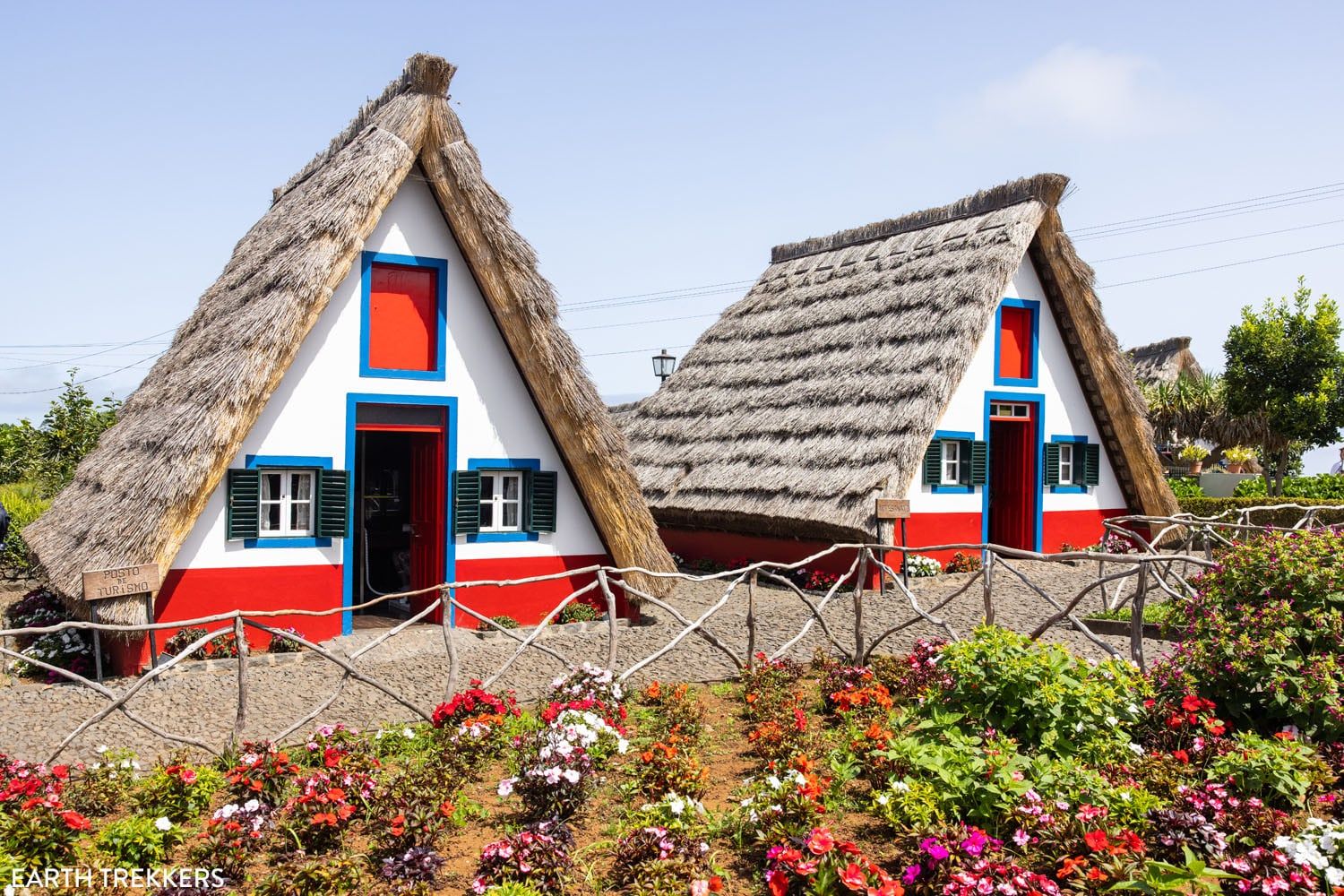
Santana Houses
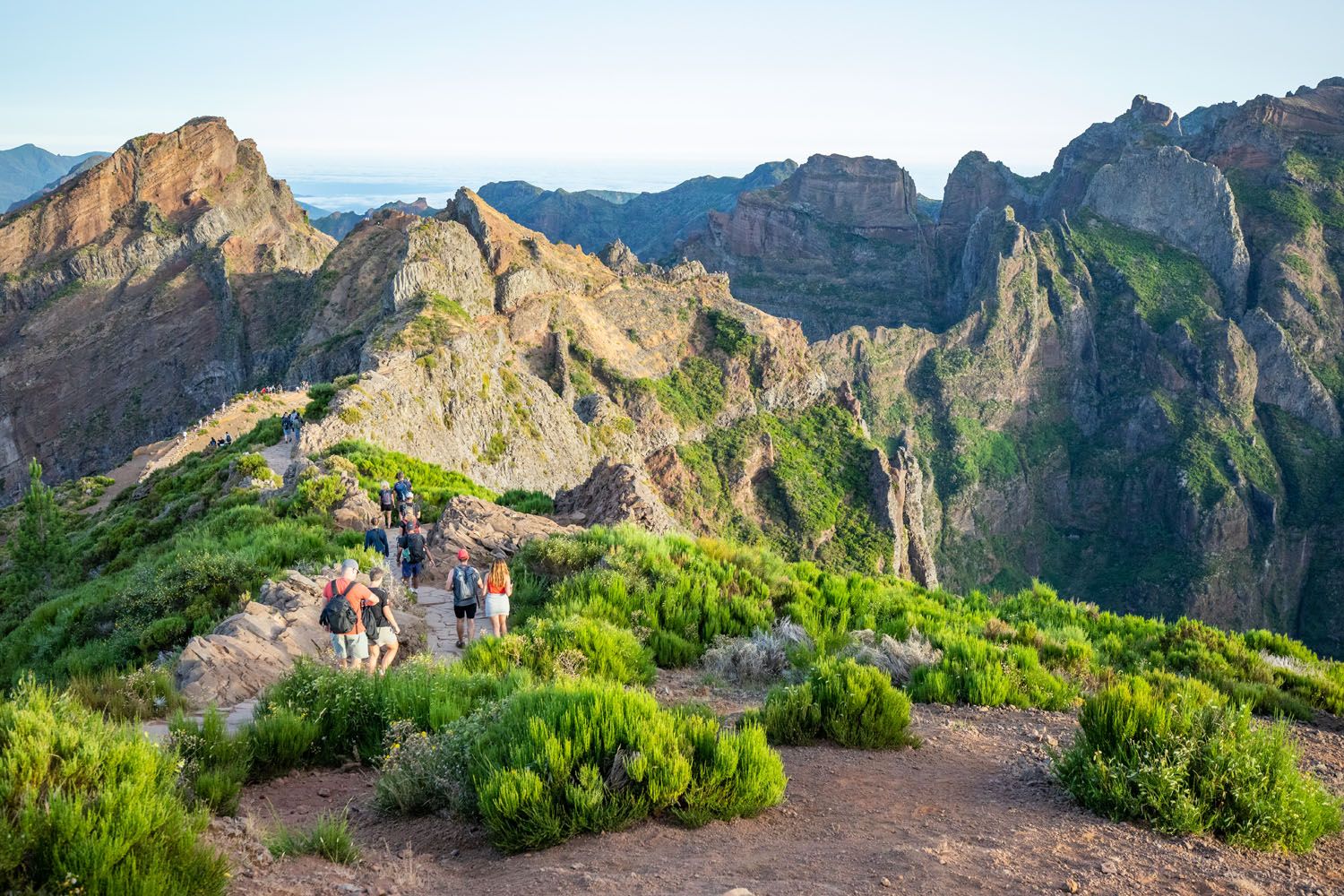
11. See the Giant Waves in Nazaré
Nazaré is a small, coastal town famous for its enormous waves.
During the winter months, the largest surfable waves in the world crash on Nazaré’s shore, making this a surfing mecca. It seems as if new records are being set every few years, and waves as tall as 25 meters/80 feet are surfed by the world’s leading surfers.
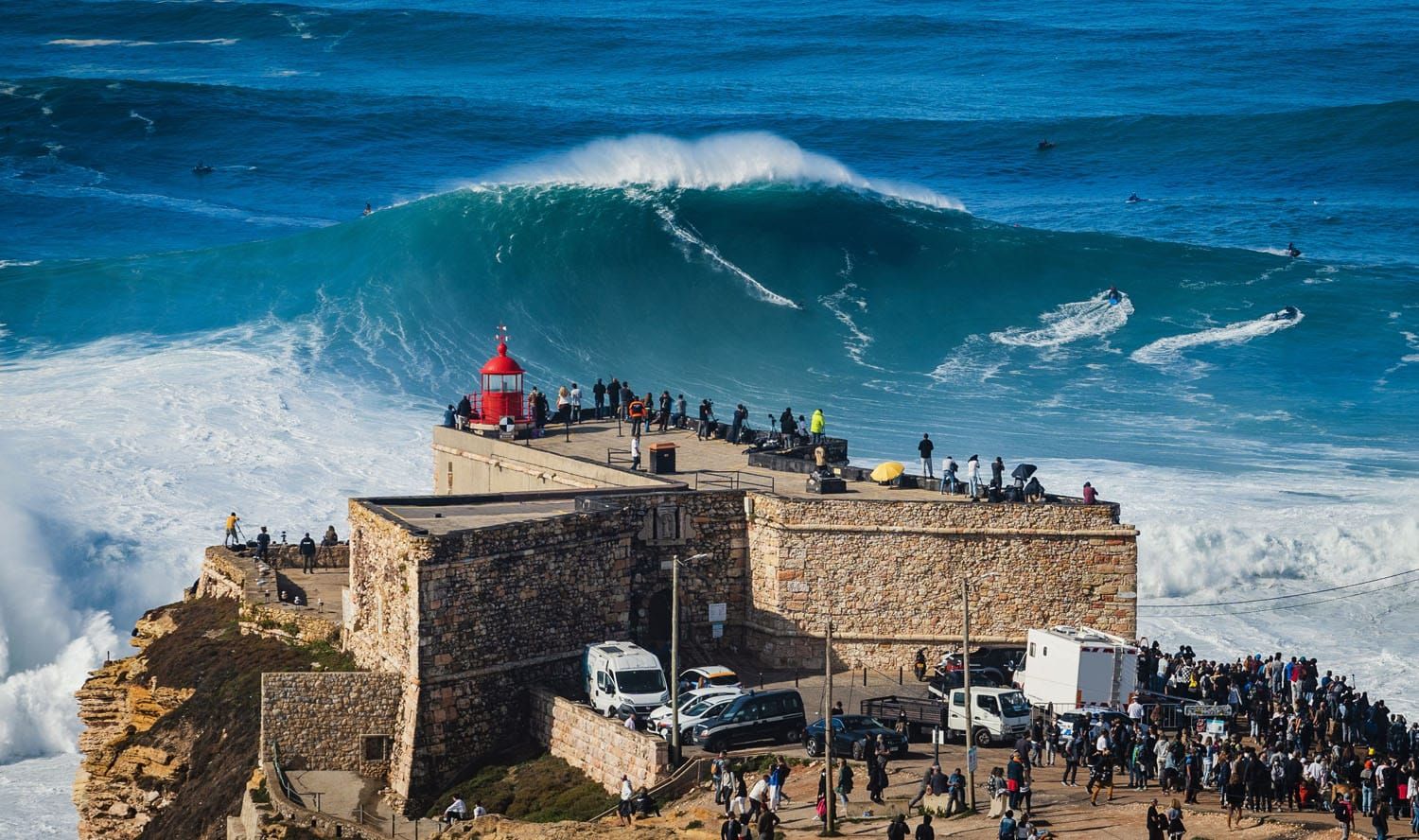
Nazaré | R.M. Nunes/shutterstock.com
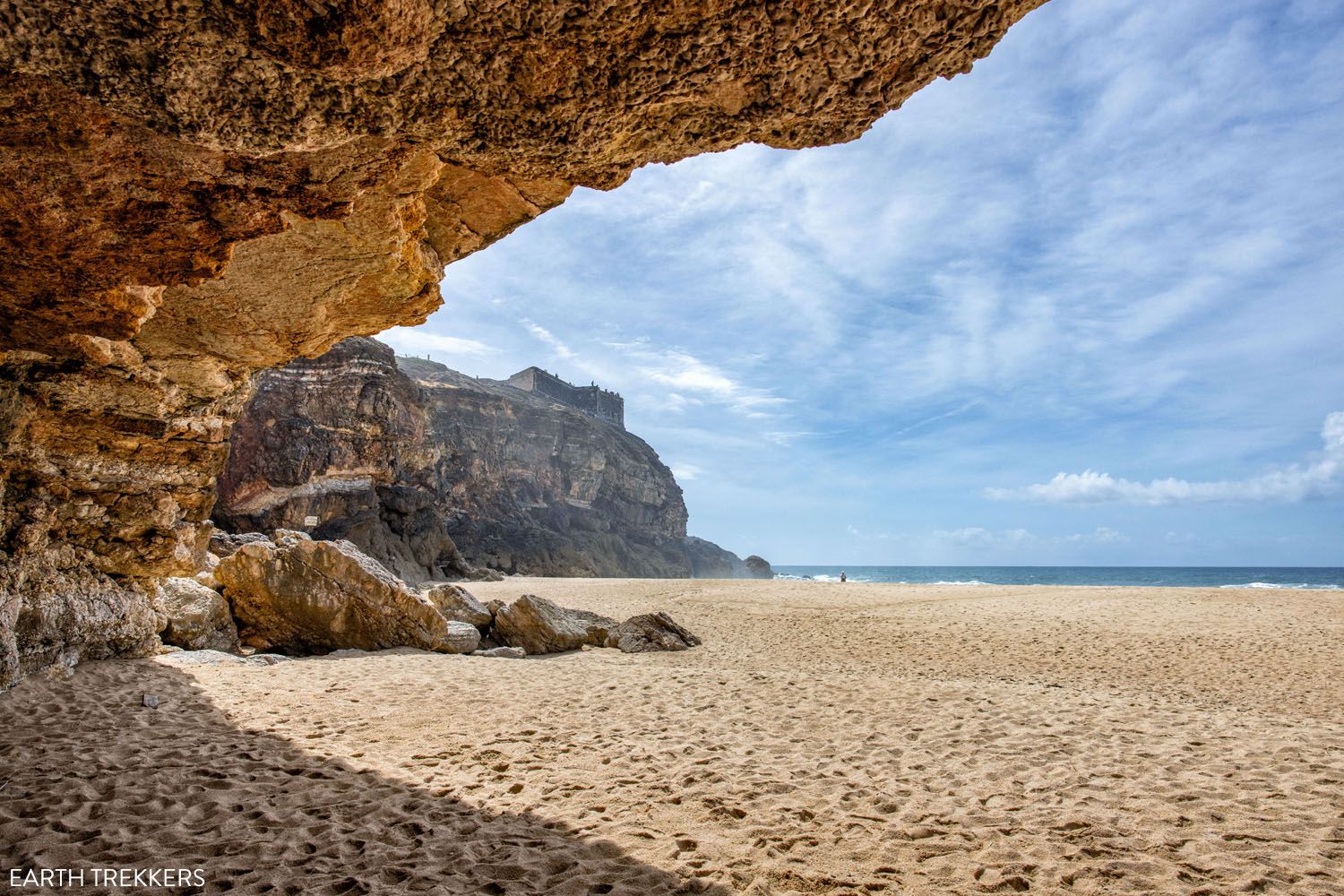
Beach cave on Praia do Norte
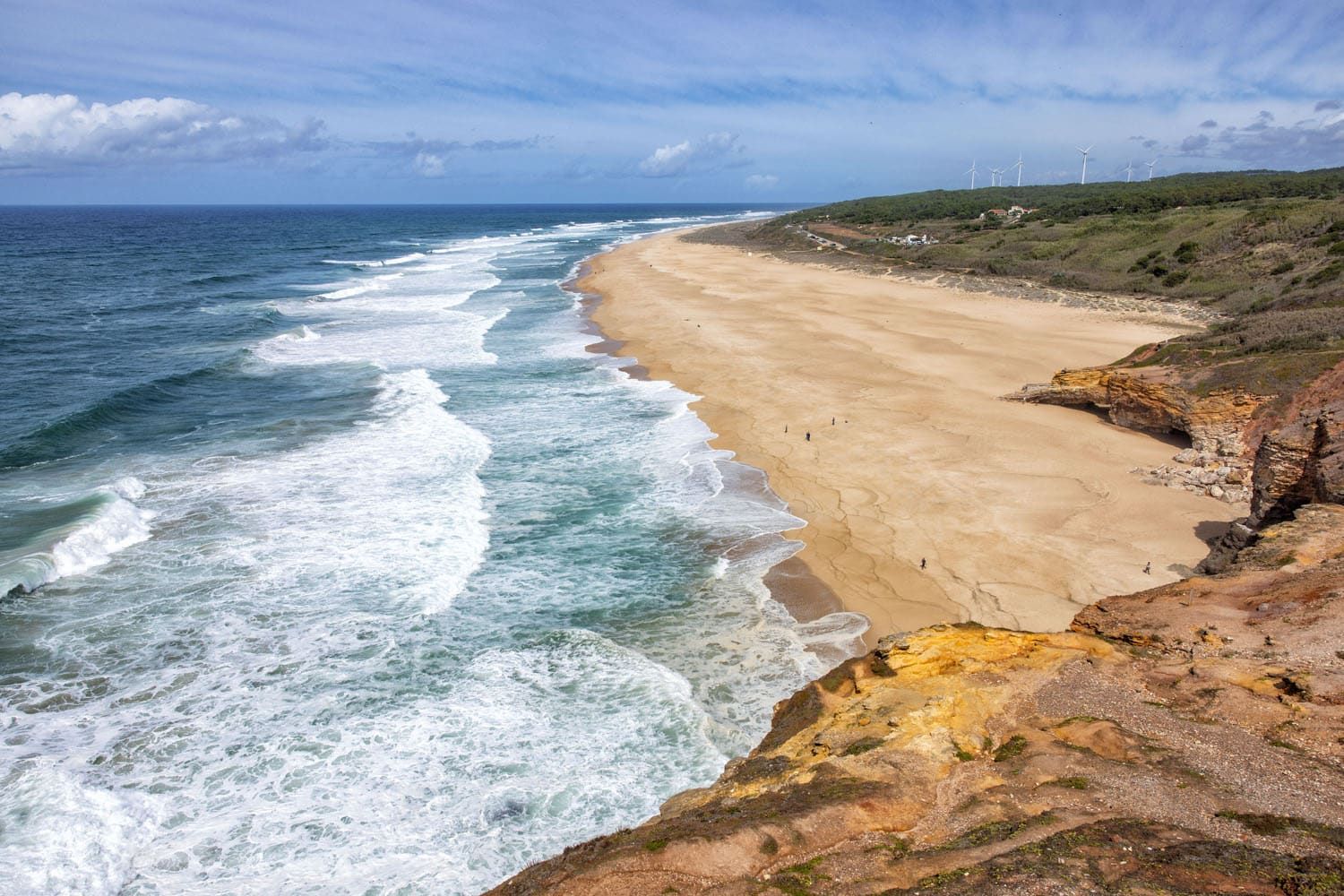
Praia do Norte
If you want to see these giant waves, plan your visit from October through March. These waves don’t occur every day, so you’ll have to keep your fingers crossed they make an appearance.
However, Nazaré is still wonderful to visit, even if the largest of the waves aren’t crashing against the shore. Stroll through town, visit the beaches, and learn more about the history of fishing in Portugal at Nazaré’s open air museum.
Learn more about Nazaré and plan your visit with our Guide to Nazaré.
12. Visit the UNESCO Sites in Central Portugal
Located in central Portugal, just a short drive from Nazaré and Óbidos, are several UNESCO World Heritage Sites to visit. Many of these are also on Seven Wonders of Portugal list.
Mafra National Palace. This enormous palace was constructed in the 18th century by King John V of Portugal as a royal residence. On a visit here, you’ll tour the royal apartments and the basilica. But the highlight is the library, which contains over 30,000 books, making it the largest 18th century library located in one room. Mafra is located between Lisbon and Óbidos.
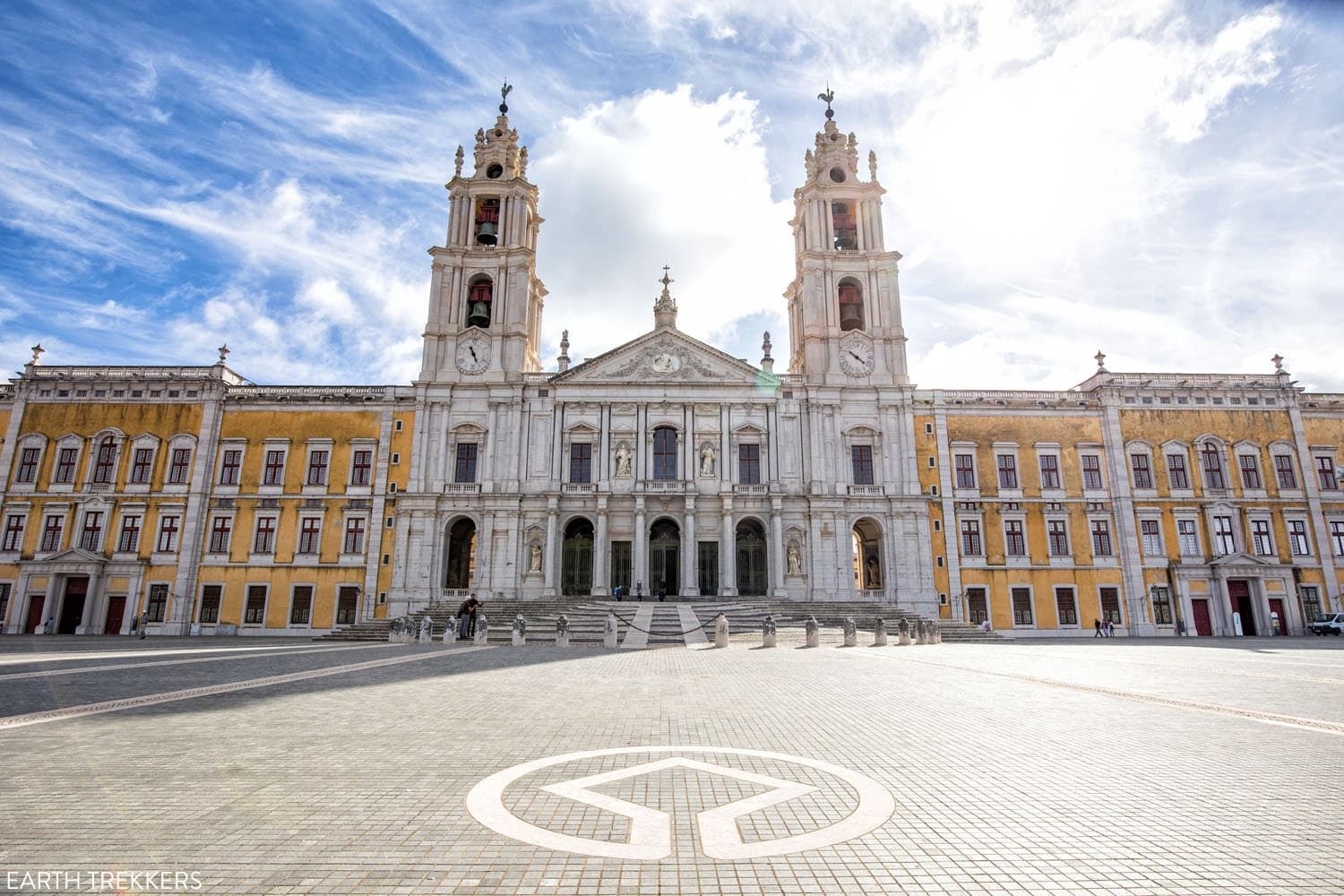
Mafra National Palace
The next three sites are clustered together east of Nazaré. It is possible to visit them on a day trip from Nazaré or Lisbon.
Batalha Monastery. This Dominican Convent was constructed between 1386 and 1517, in commemoration of the 1385 Battle of Aljubarrota. It later became a burial church for Portuguese royalty.
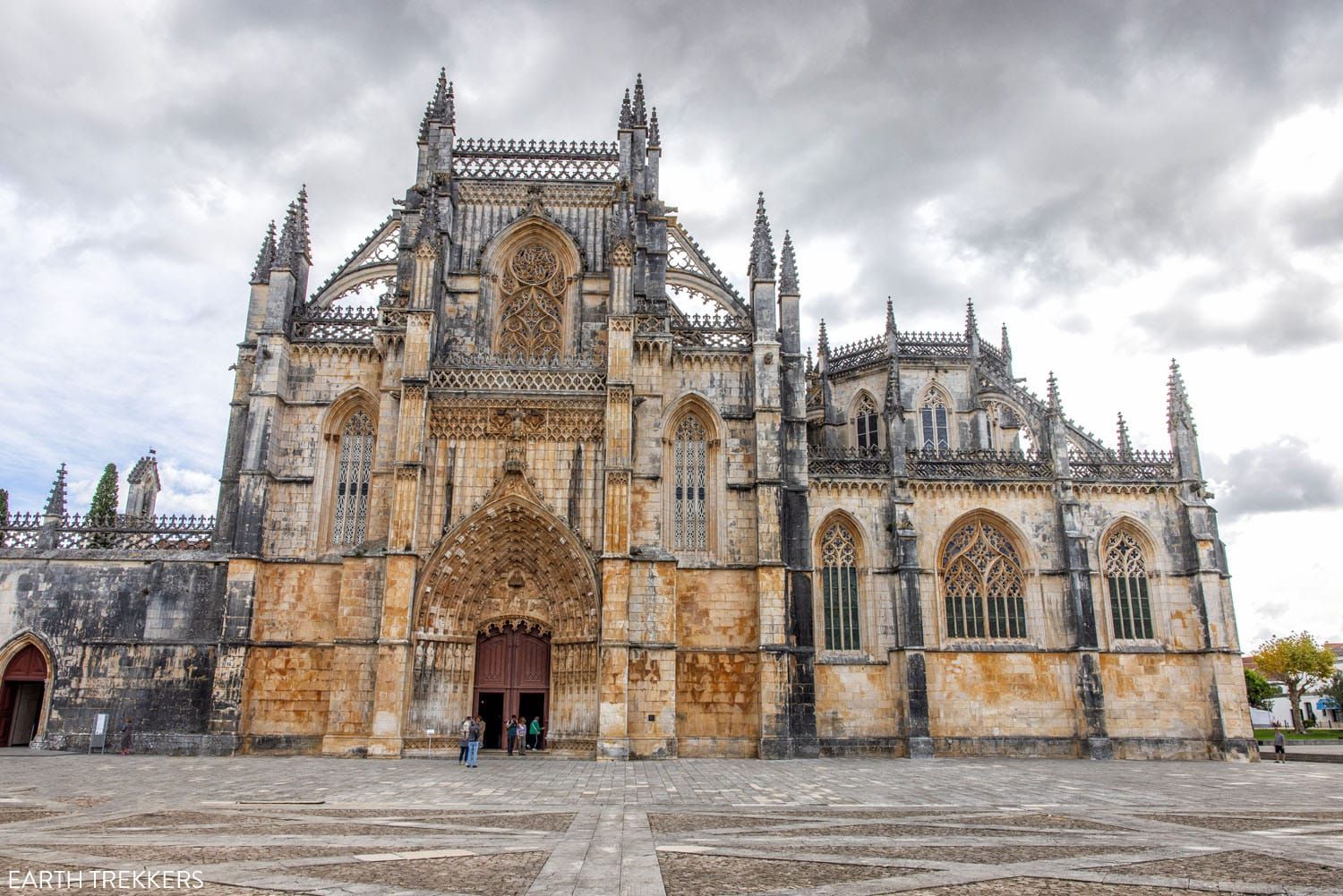
Batalha Monastery
Alcobaça Monastery. This Gothic monastery was built by monks of the Cistercian Order. Highlights are the church, the multiple cloisters, the royal tombs, the old and new kitchen, and the dormitory.
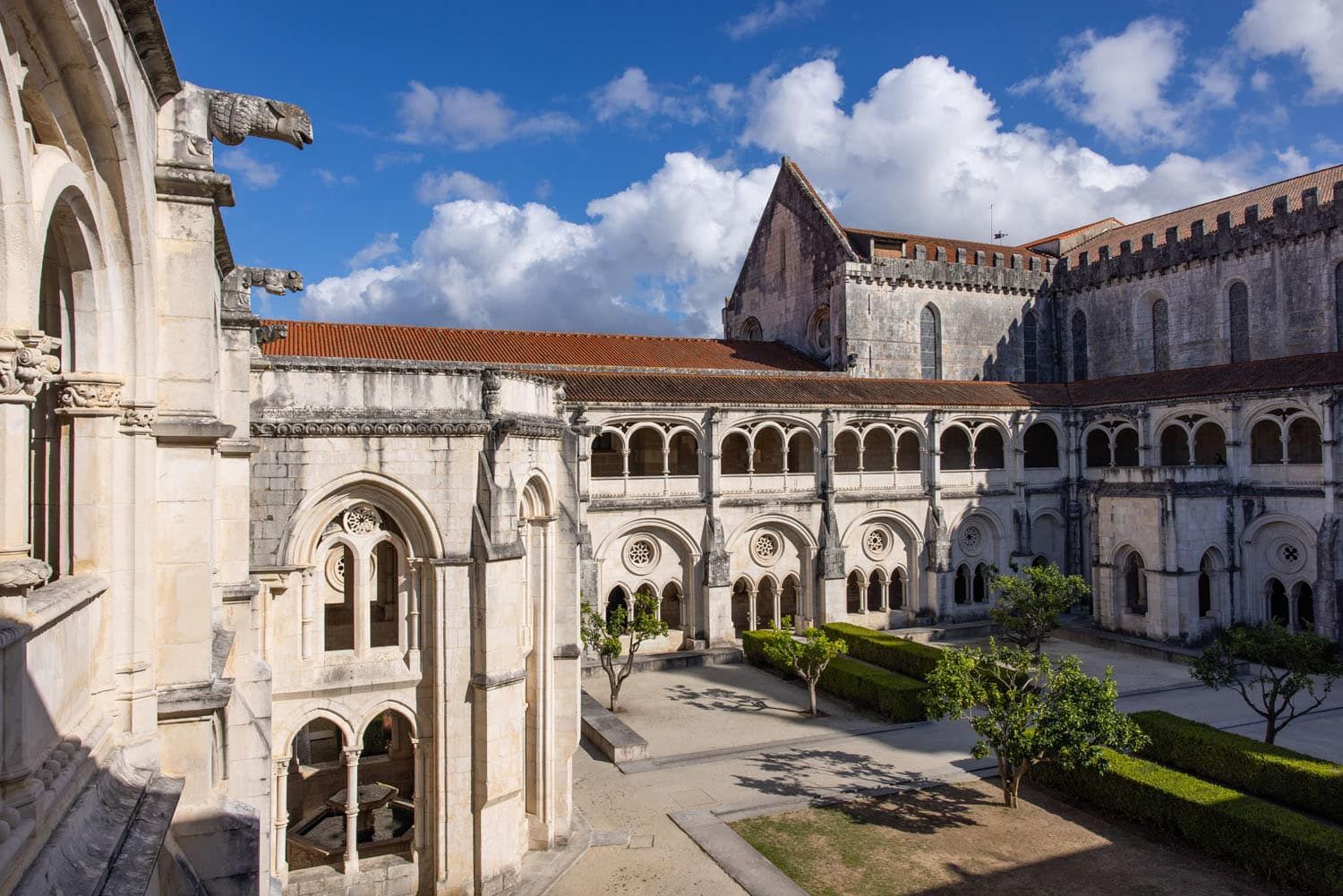
Alcobaça Monastery
Tomar. Tomar is home to the Convent of Christ, a UNESCO World Heritage Site which dates back to 1160 and the Portuguese headquarters of the Knights Templar.
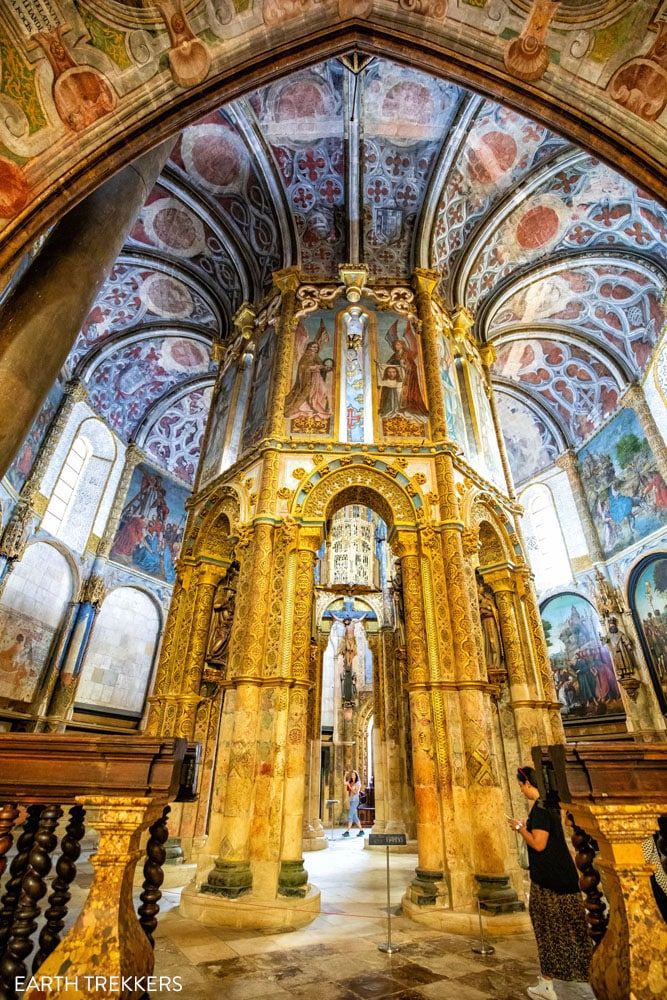
Convent of Christ, Tomar
13. Fátima
Fátima is an important pilgrimage site in Portugal. Between May 13 and October 13, 1917, three children reported seeing apparitions of the Virgin Mary. The Chapel of Apparitions stands on the place where this occurred. Also in Fátima are the Basilica of Our Lady of the Rosary and the Basilica of the Most Holy Trinity.
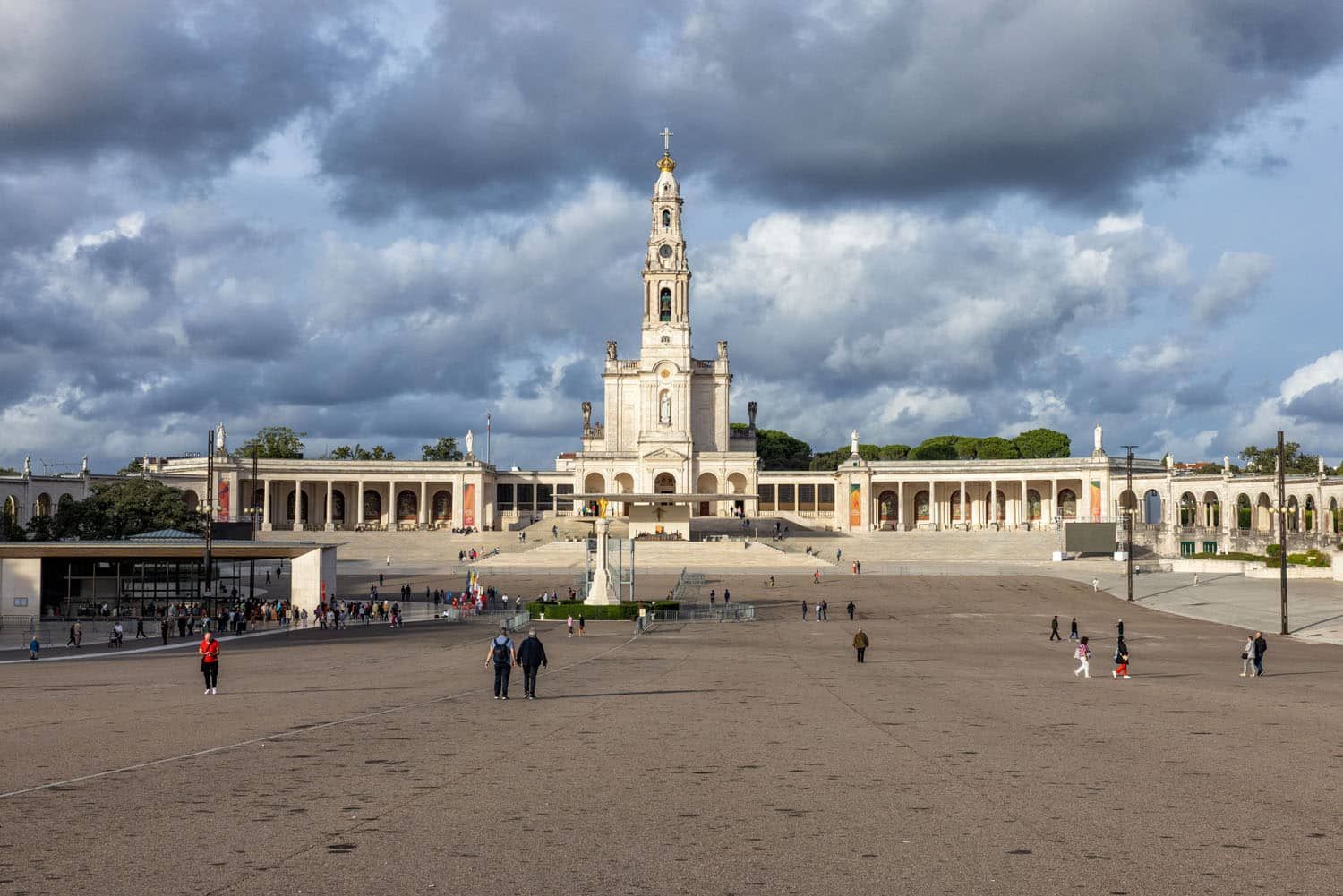
For the average visitor, plan on spending one to two hours here. But since this is an important pilgrimage site with multiple places to visit, it’s possible to spend a full day in Fátima.
Fátima can be visited on a day trip from Lisbon (it is often combined with Batalha Monastery and Nazaré, as in this tour) or Nazaré.
14. Experience Portuguese Cuisine
One of our favorite things to do in Portugal is to eat. Portuguese culture is deeply intertwined with food, as you will see when you tour Lisbon, Porto, and Portugal’s small towns.
Dining on salted cod, port wine tasting in Porto and the Douro Valley, indulging on Pastel de Nata pastries and the savory sandwiches in Porto are all essential experiences to have in Portugal.
Here is a short list of must-try foods in Portugal. For the full list, read our article 20 Foods to Eat in Portugal.
Bacalhau. Bacalhau is Portuguese for dry, salted cod and you will see it on menus throughout Portugal.
Pastel de Nata. Arguably Portugal’s most famous food, this egg custard pastry can be found in restaurants and shops throughout Portugal. The best place to try Pastel de Nata is at Fábrica de Pastéis de Belém, which makes them with the original recipe passed down from the monks at Jerónimos Monastery.
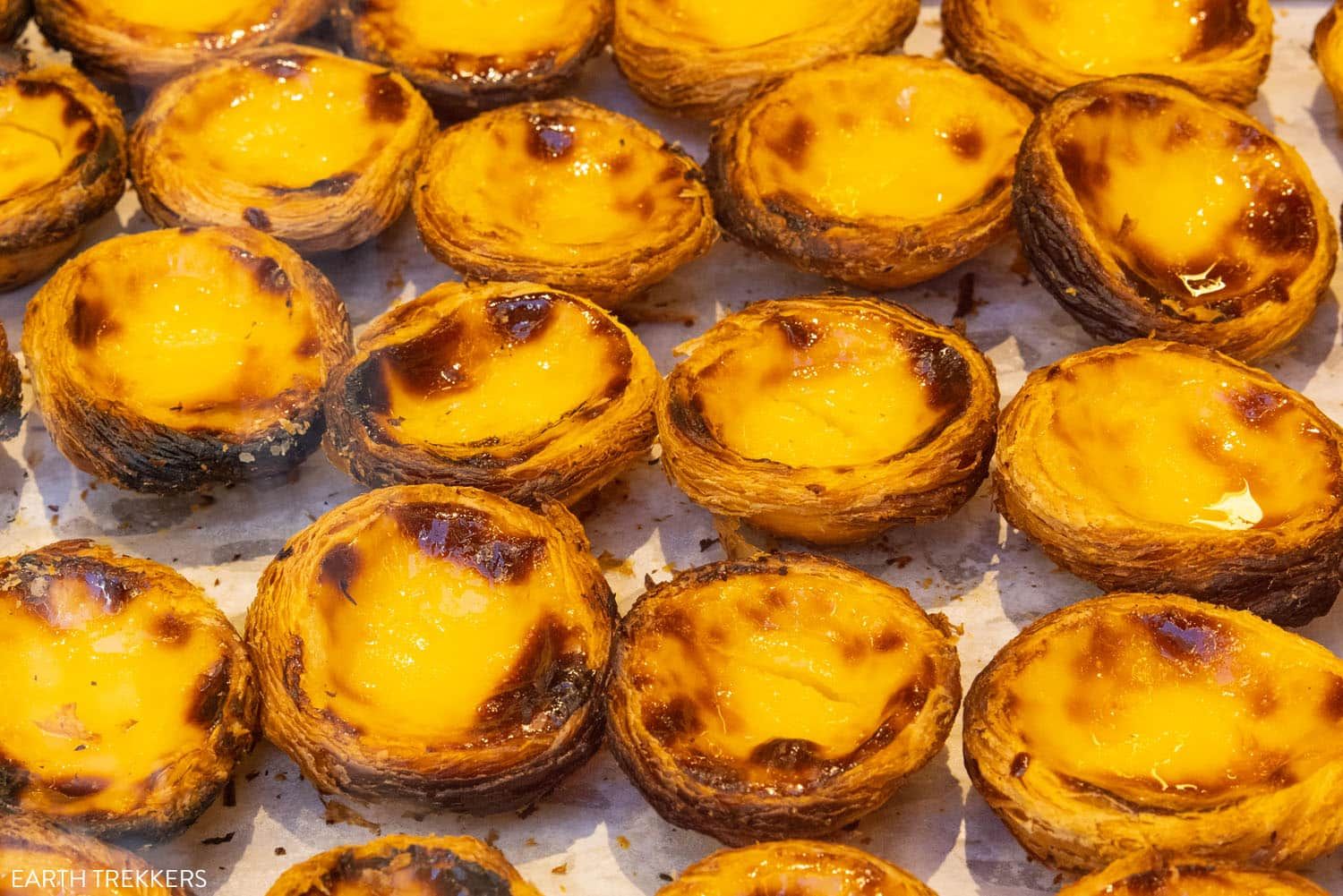
Pastel de Nata
Sardinhas Assadas. Grilled sardines show up on menus throughout Portugal. The best we had were at Restaurante Casa Pires in Nazaré and Arcada Comes e Bebes in Coimbra.
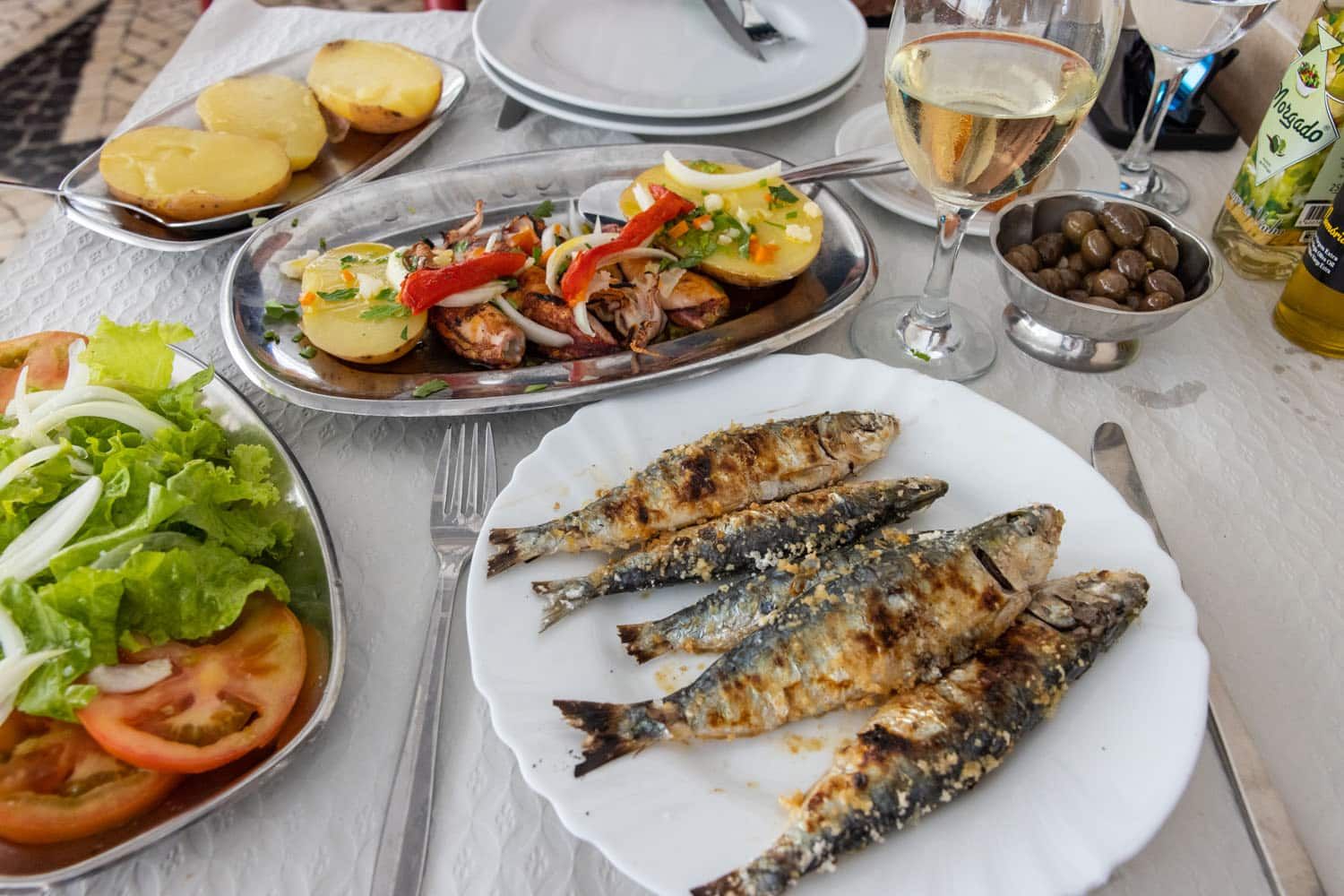
Grilled sardines at Restaurante Casa Pires in Nazaré
Francesinha. A francesinha is Porto’s most famous street food. This sandwich is filled with ham, steak, sausage, and cheese and covered with a spicy sauce. A Regaleira in Porto is the “birthplace” of this sandwich.
Chouriço à Bombeiro. One of the most unique things to eat in Portugal is Chouriço à Bombeiro, aka a flaming sausage. Chorizo sausage is grilled on a clay roaster, on an open flame.
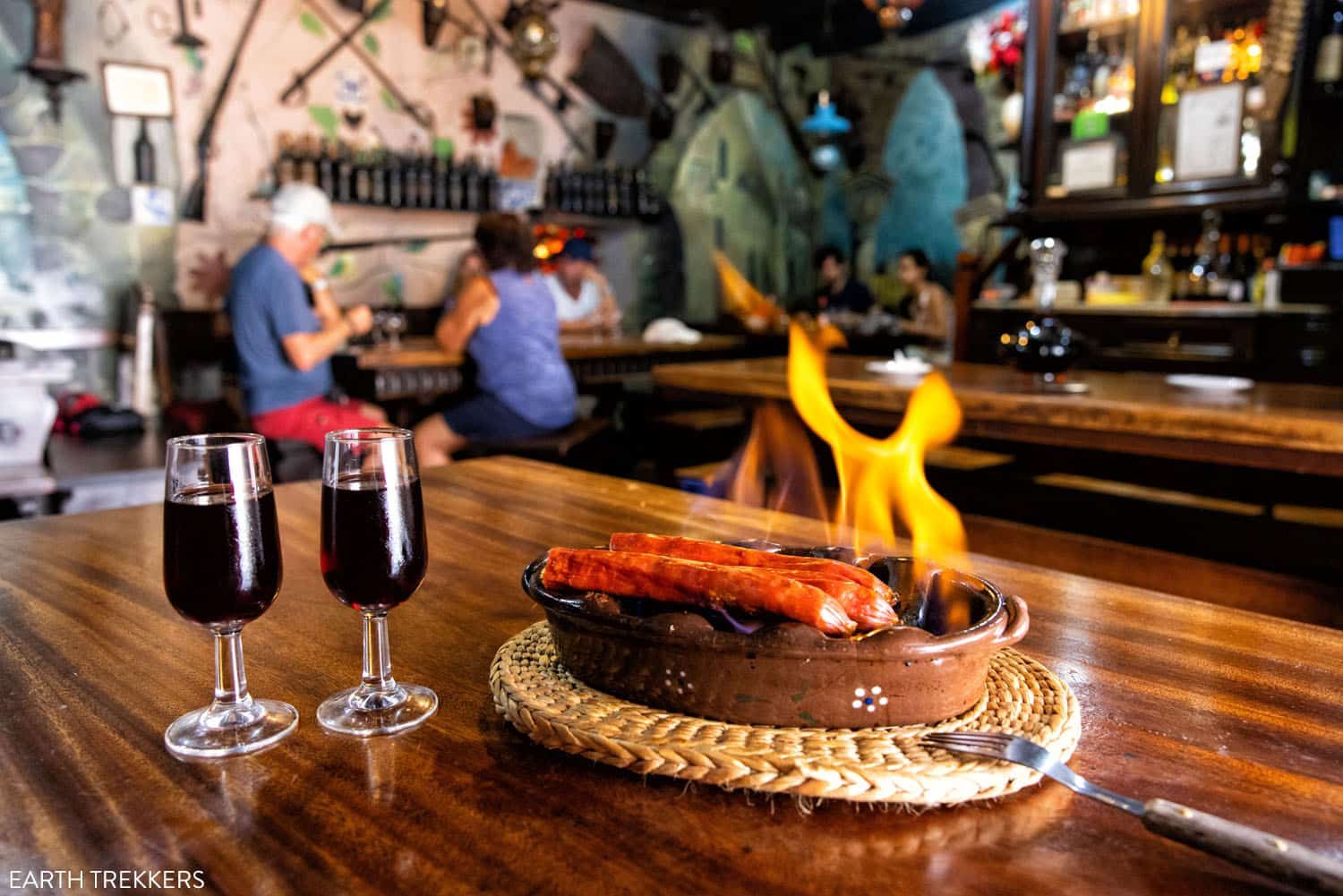
Chouriço à Bombeiro at Bar Ibn Errik Rex in Óbidos
Ginja. Ginja, also called ginjinha, is a famous Portuguese liquor that is made from sour cherries. Ginja is produced throughout Portugal but the best place to try it is in Óbidos.
Port Wine. Tasting this fortified wine is what attracts many visitors to Porto and the Douro Valley, but you will see it on menus throughout Portugal.
Vinho Verde. Vinho verde literally means green wine but its name implies its “youth,” as it also translates to “young wine.” It is produced in northern Portugal and can be found on many menus.
15. Visit the University Town of Coimbra
Coimbra is an ancient Roman city and is famous for being home to one of the oldest academic institutions in the world. The university is a UNESCO World Heritage Site and touring its library is one of the most popular things to do in Coimbra.
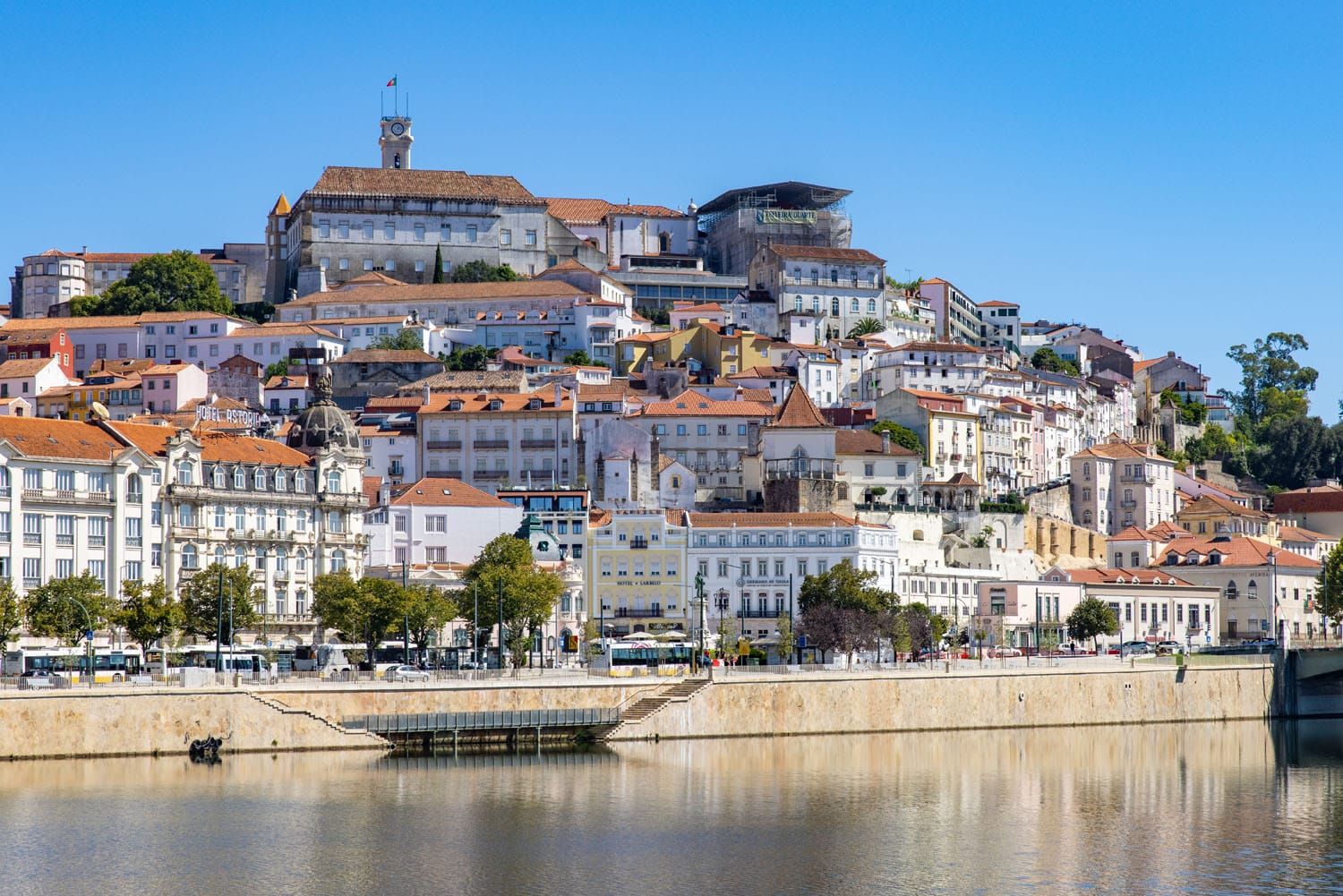
Coimbra | Best things to do in Portugal
16. Serra da Estrela Nature Park
Serra da Estrela is the highest mountain range on mainland Portugal. This park is home to the highest point on mainland Portugal, at 1,993 meters/6,539 feet.
If you will be road tripping through Portugal, you can drive to Torre de Estrella, a wide plateau that sits at the summit of the highest mountain. It’s a scenic drive as you drive up and over the mountain range.
Nossa Senhora da Boa Estrela (Our Lady of the Good Star) is a small sanctuary carved into the mountains not far from the highest point and worth a quick visit as you make the drive.
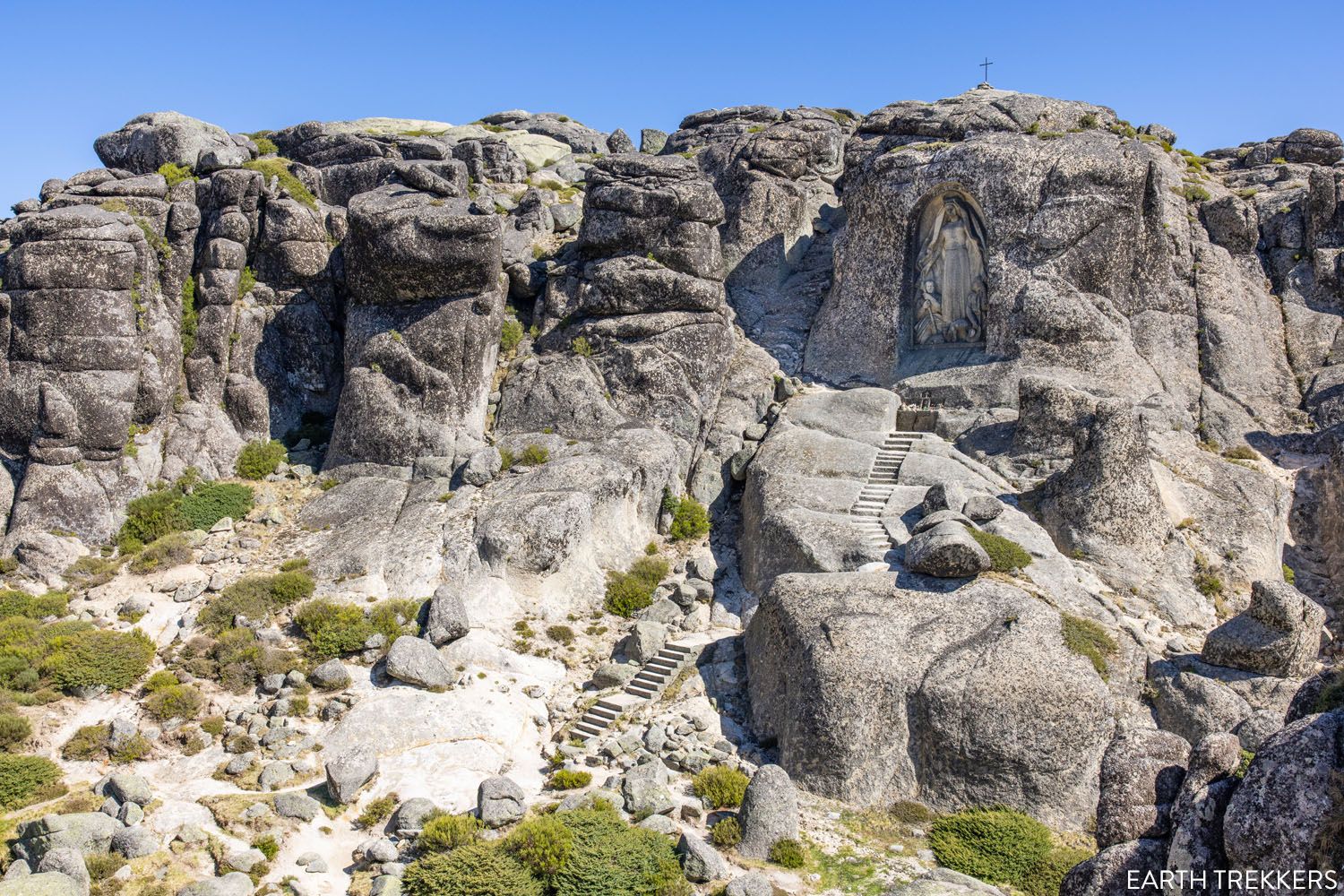
Nossa Senhora da Boa Estrela
17. Visit the Historic Town of Guimarães
Guimarães is a small town located in northern Portugal, not far from Porto and Braga. This town is famous for its historic city center, which is listed as a UNESCO World Heritage Site.
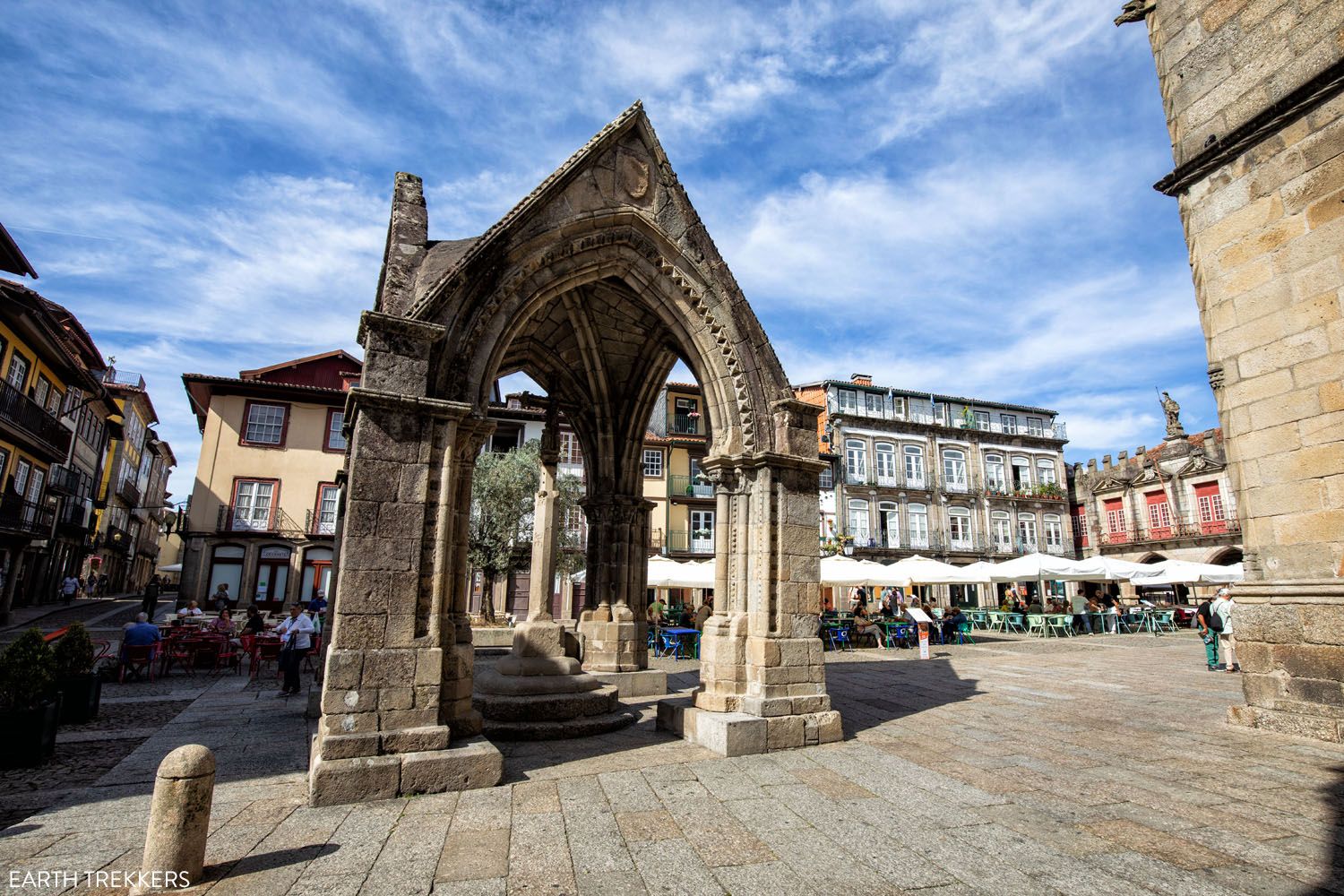
Padrão do Salado
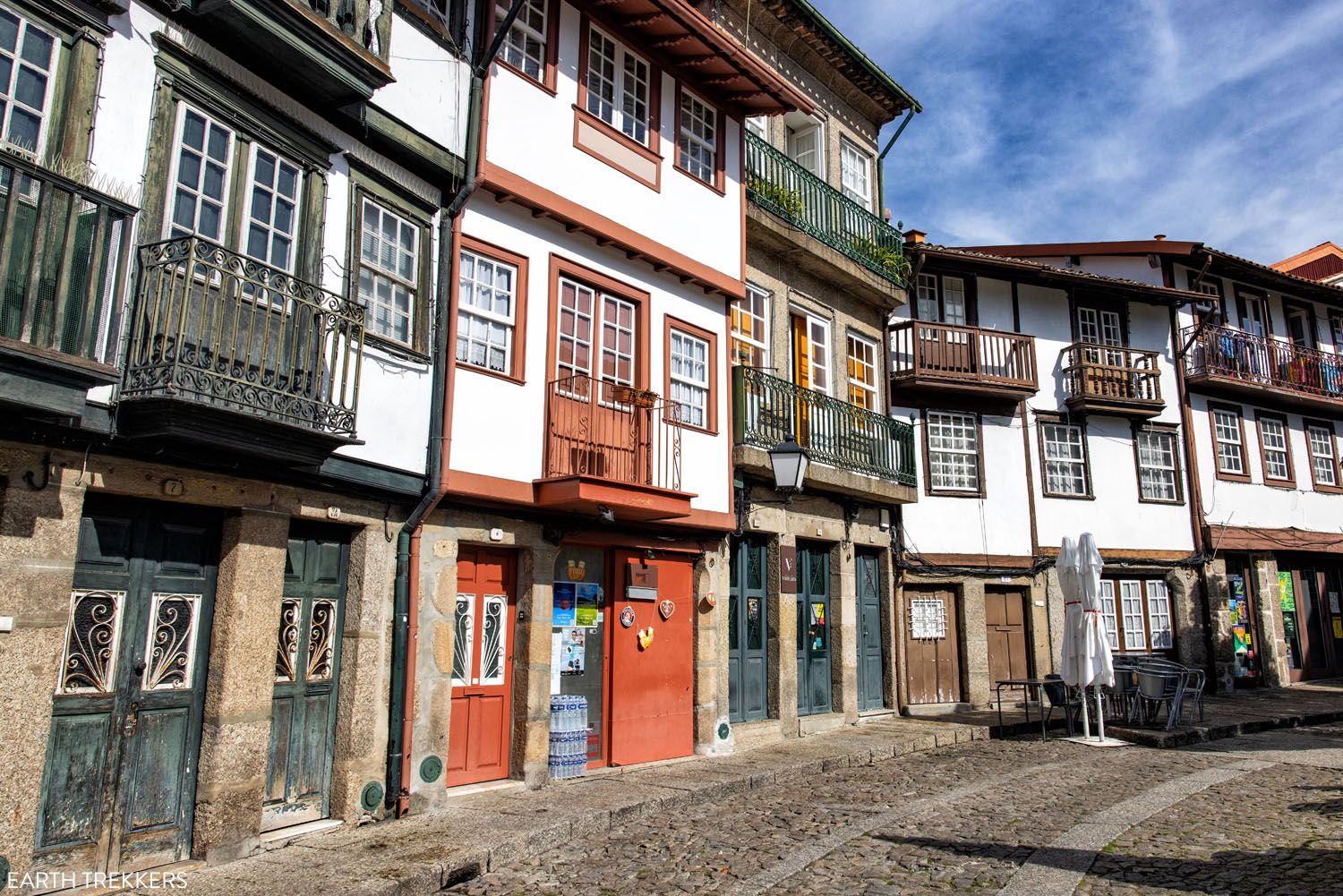
Top experiences here include strolling through the historic city center, touring the Palace of the Dukes of Braganza, seeing Guimarães Castle, and visiting several beautiful churches. You can also visit Penha Park for panoramic views of northern Portugal.
Guimarães can be combined with Braga on a day trip from Porto. Plan your visit with our Guide to Guimarães.
18. Braga & Bom Jesus do Monte
Braga is another small town in northern Portugal, located near Guimarães. The Braga Cathedral is the city’s most important landmark and one of the most important buildings in Portugal. It is the oldest cathedral in Portugal and it was the most religious site in Iberia until the consecration of the Santiago de Compostela Cathedral.
Sitting just outside of Braga is Bom Jesus do Monte. Climbing the 577 steps of Bom Jesus do Monte is one of the most memorable experiences to have in Portugal.
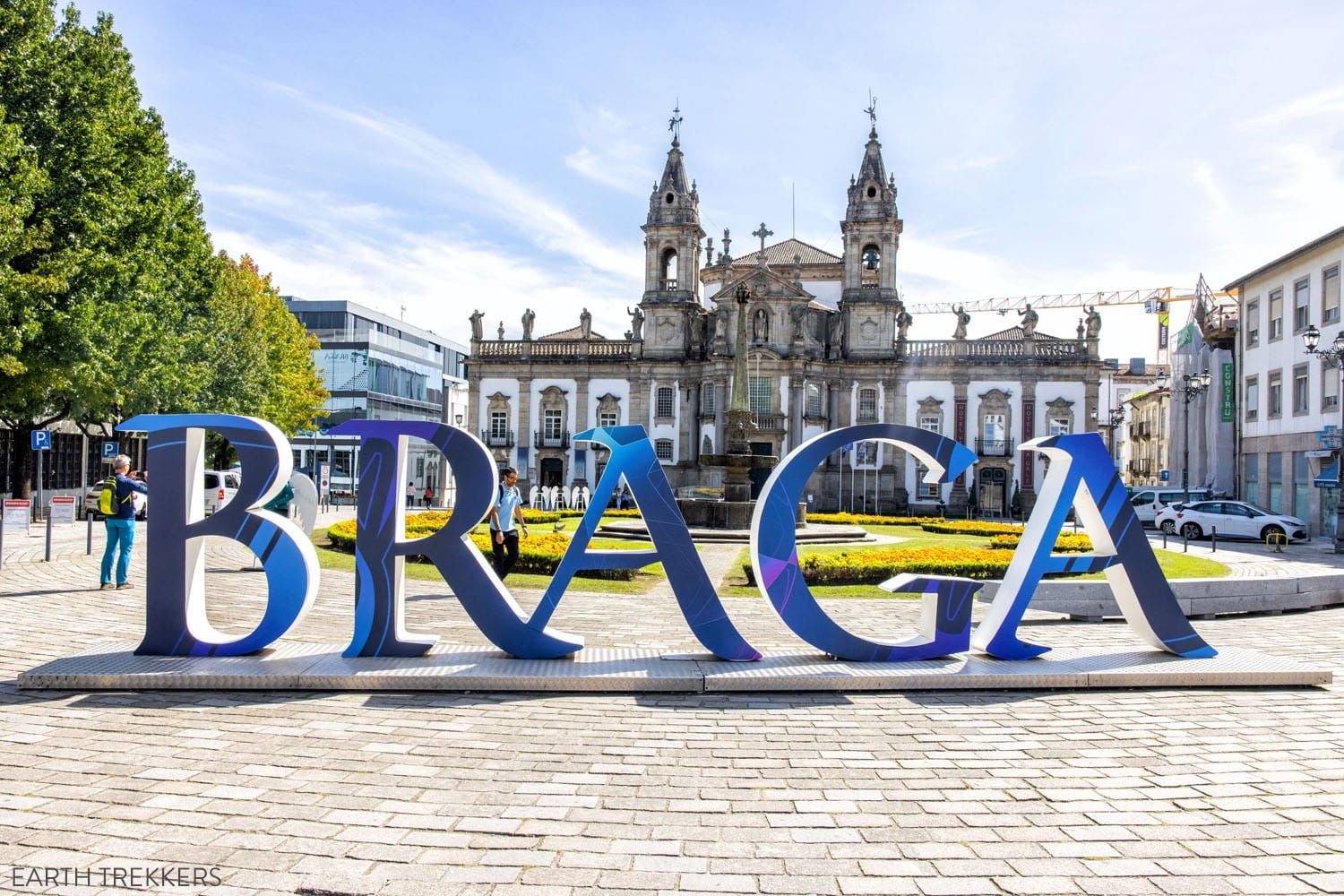
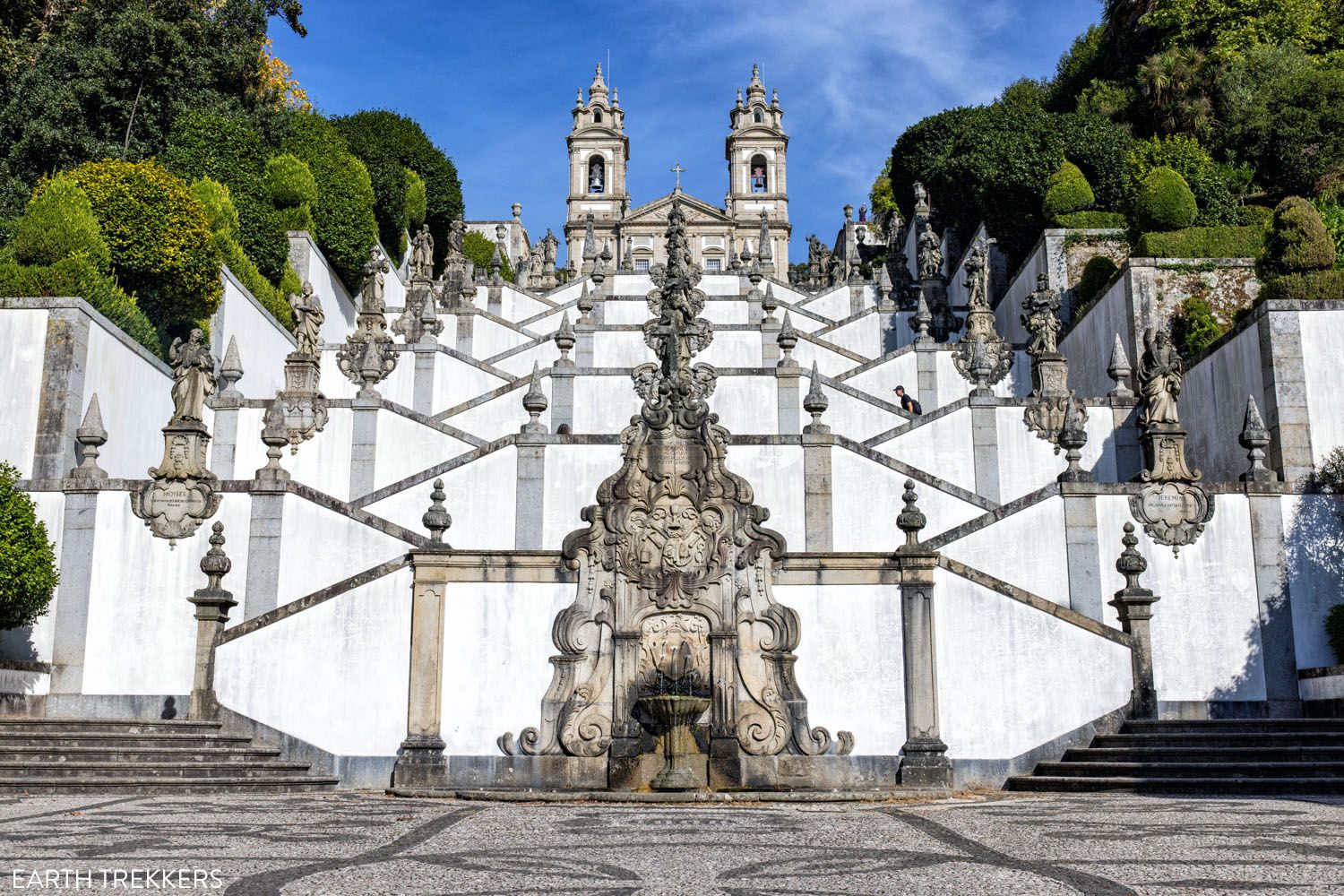
Bom Jesus do Monte
Bom Jesus do Monte is an important Christian pilgrimage site and a UNESCO World Heritage Site. Pilgrims climb the zigzagging steps on their knees, viewing the scenes of the Stations of the Cross, on their journey to the top of Mount Espinho.
Plan your visit and learn how to combine Braga with Guimarães in our Guide to Braga and Bom Jesus do Monte.
19. Visit Aveiro, the “Portuguese Venice”
Aveiro is a small, coastal town located near Porto. It is referred to as the “Venice of Portugal” for its network of canals and boats.
This small, lovely city is quick and easy to visit. Take a boat ride through the city, go shopping, and see the nearby salt flats.
Plan your visit with our article One Day in Aveiro.
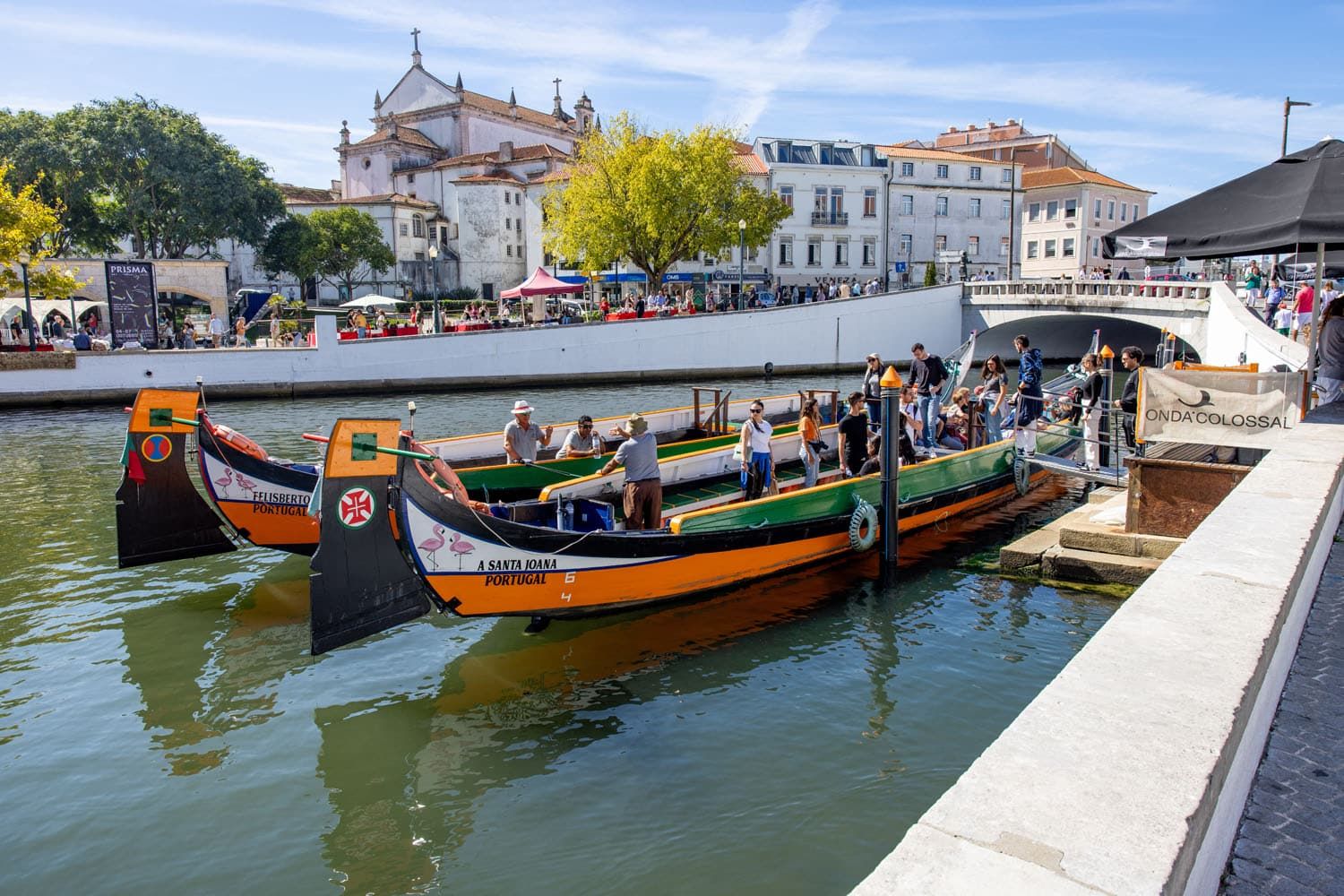
Aveiro | Best things to do in Portugal
20. Monsanto
Perched on a hilltop, overlooking the rolling hills of eastern Portugal, sits Monsanto. This tiny town is famous for its colossal boulders. Stone houses are sandwiched between and under these boulders, making this one of the most unique villages to visit in Europe.
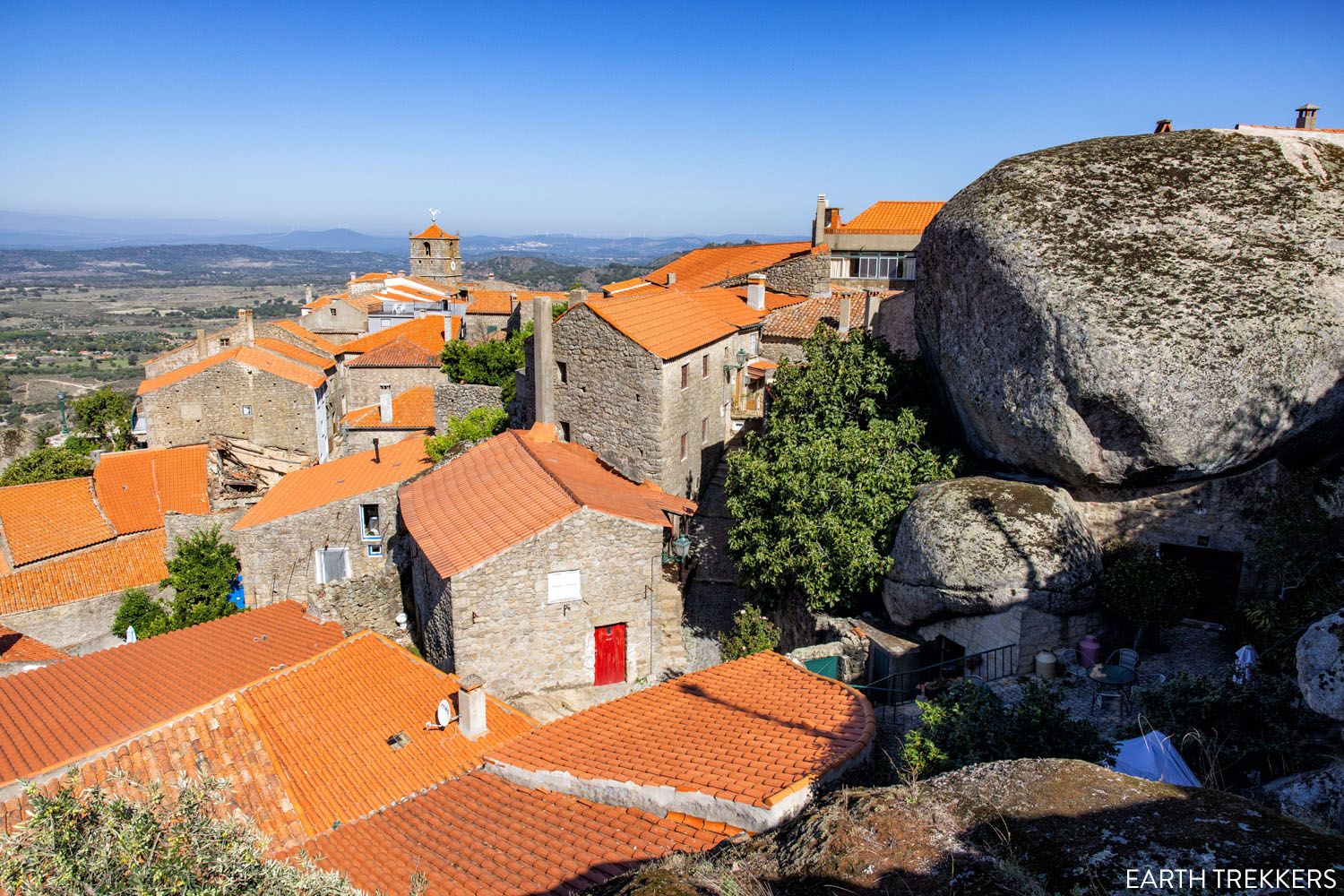
Monsanto
In 1938, Monsanto was given the distinction of being “the most Portuguese village of Portugal,” during a government sponsored competition.
Monsanto is famous for its boulders but has also joined the long list of Game of Thrones filming sites. It is the filming location for Dragonstone in the House of the Dragon series.
It takes a half to a full day to visit Monsanto. Exploring the castle, strolling the narrow streets, and photographing the boulders top the list of things to do here. Learn how to plan your visit with our Guide to Monsanto.

21. See a Fado Show
Fado is folk music that originated in the mid-1800’s. In the evenings, some restaurants and fado houses offer fado shows, where you can listen to the historic folk music over dinner. This folk music is so culturally important that it has made the UNESCO World Heritage list of Intangible Cultural Heritage of Humanity.
In Lisbon, popular places to see a Fado show are Fado in Chiado, Tasca do Jaime, and Clube de Fado.
22. Learn about Portugal’s Cork Trees
Did you know that Portugal produces more than half of all of the world’s cork?
As you visit Lisbon and Porto and stroll past souvenir shops filled with cork sandals, cork bags, and cork postcards, you’ll get a sense of how important cork is to Portugal. And of course, cork also forms the stopper on wine bottles, not only those in Portugal but on bottles of wine produced around the world.
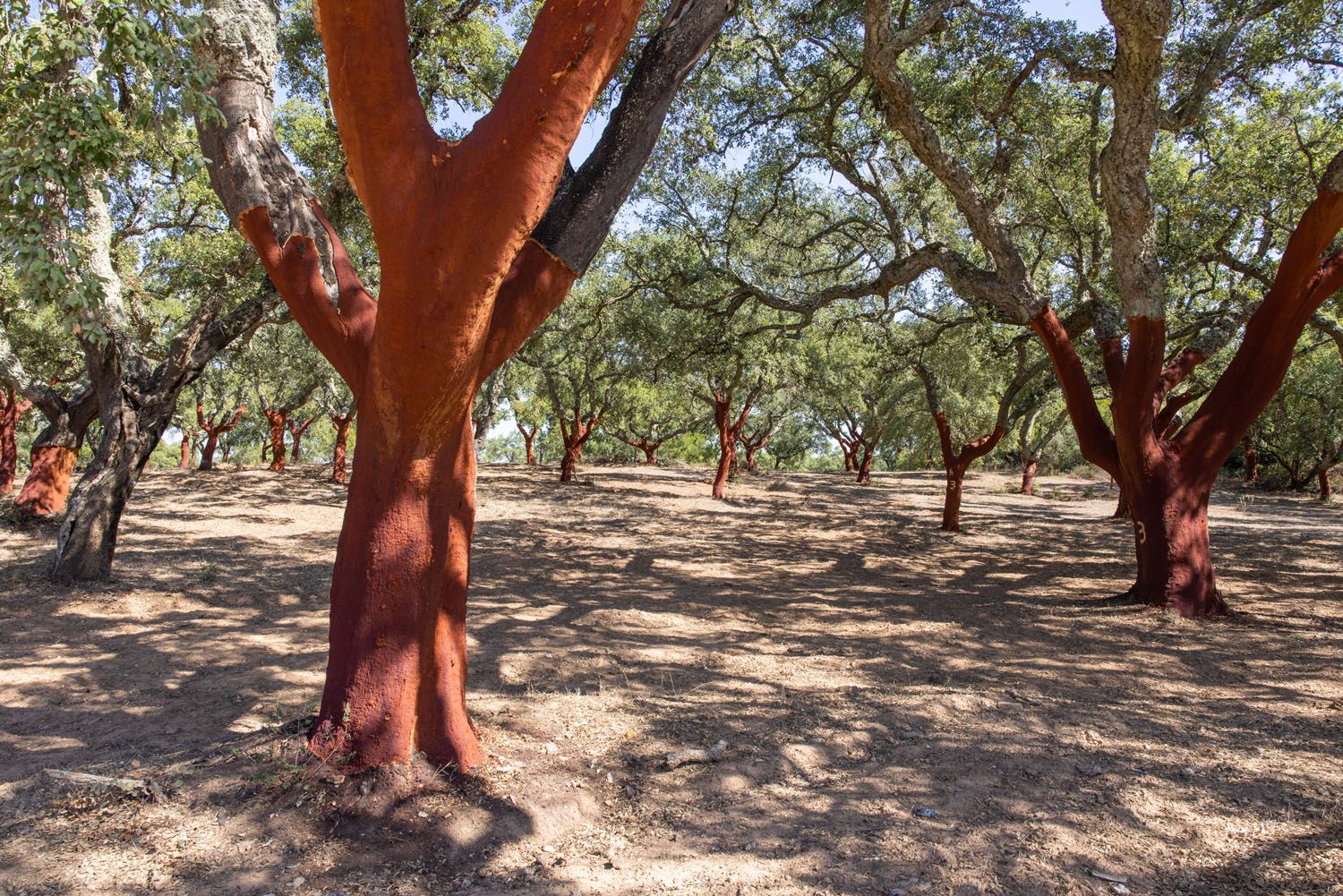
Cork trees (photo taken near Almendes Cromlech)
The best place to see cork trees is in the Alentejo region. Here, forests of the evergreen cork oak grow and the bark is harvested for cork products.
The best place to learn about cork trees is at the World of Wine in Porto. Planet Cork is a small museum about the production of cork and its potential uses in the modern world.
23. Évora
Évora is a small city that sits in the Alentejo region of Portugal. It is famous for its well-preserved city center and Roman Temple. Visiting the Chapel of Bones is one of the top things to do on a visit to Évora.
Évora can be visited on a day trip from Lisbon or on a road trip through Portugal. One day is all you need to visit the highlights. Learn more and plan your visit with our article How to Plan a Trip to Évora.
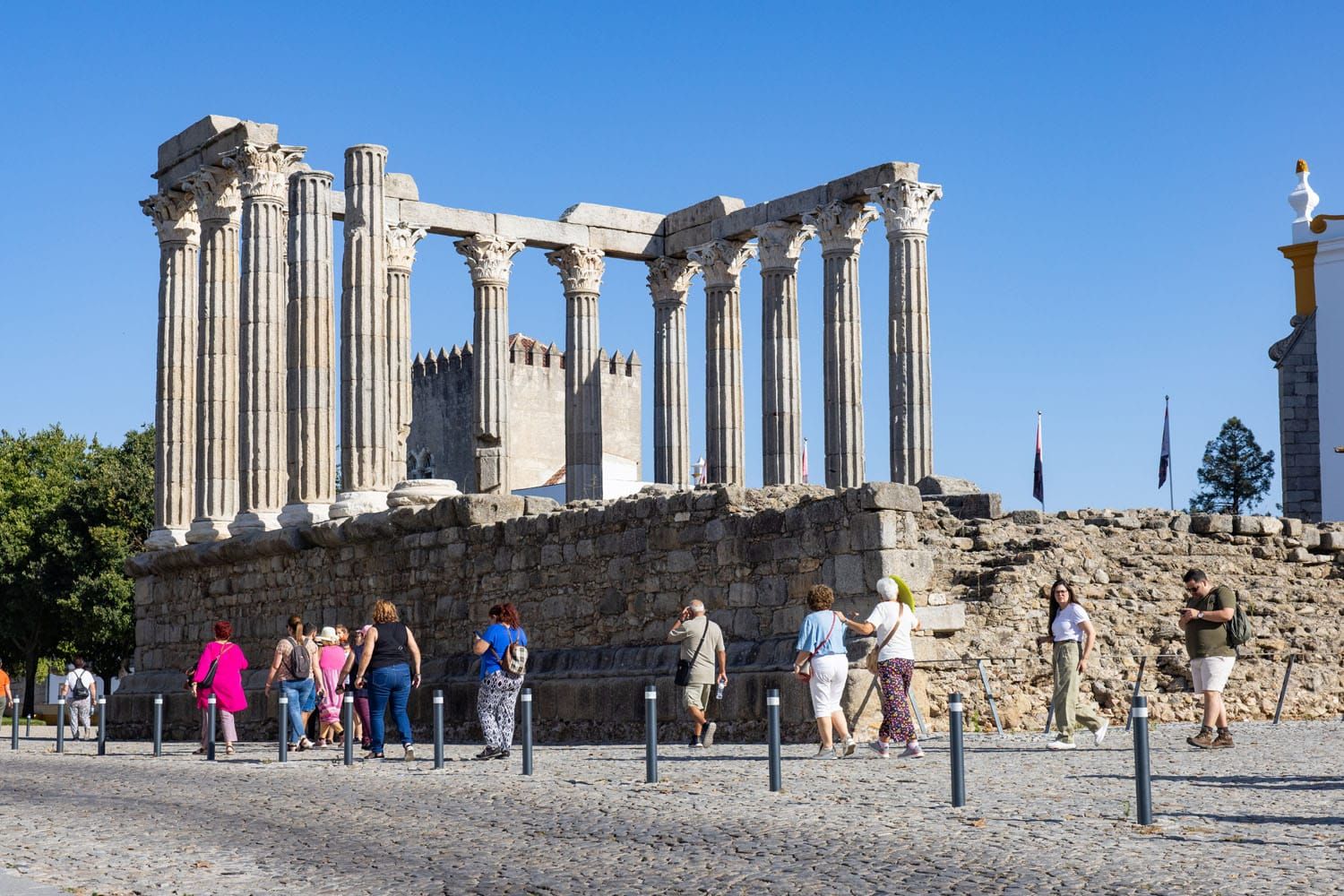
Roman ruins in Évora
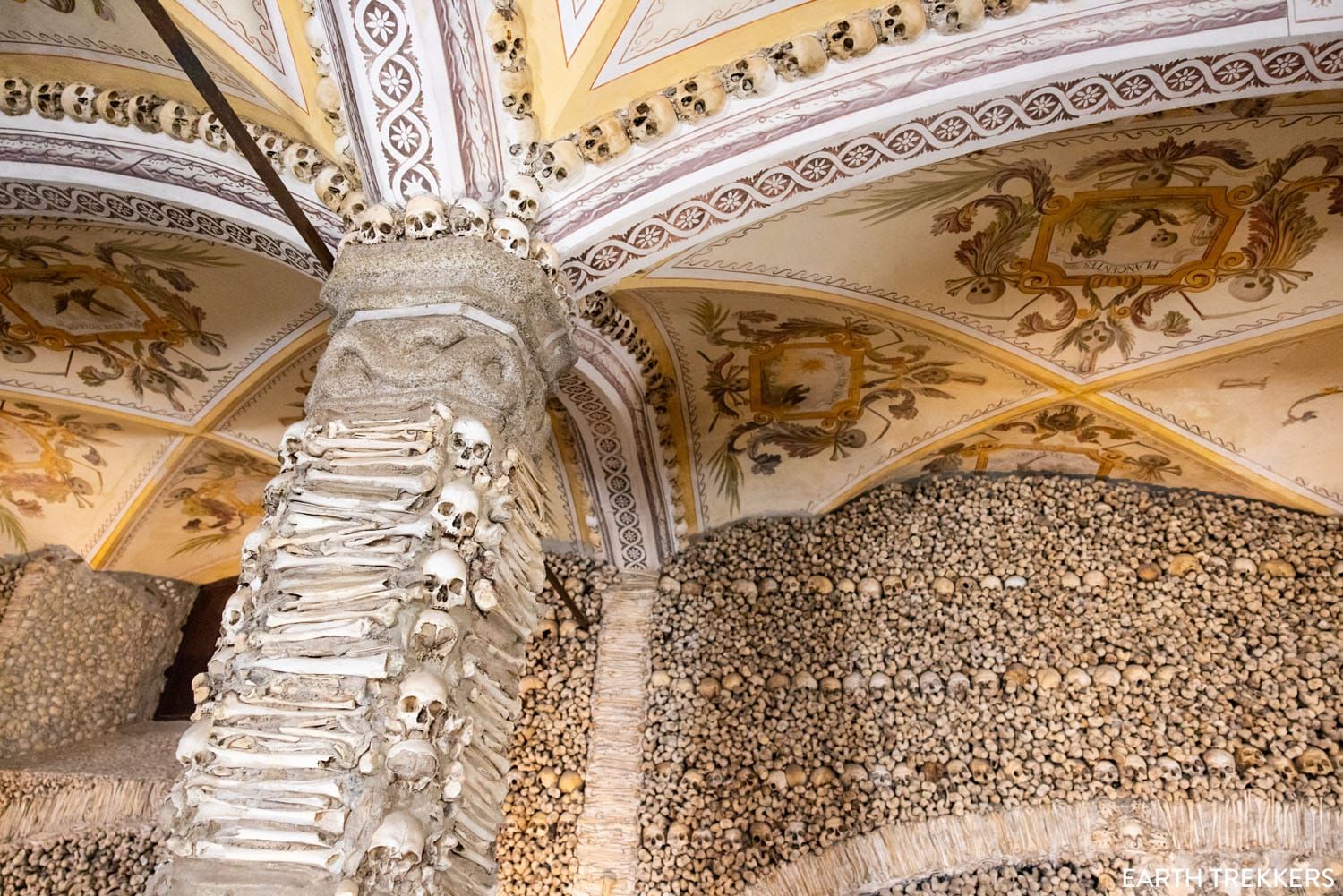
Bone chapel in Évora
24. Walk the Portuguese Camino de Santiago
There are multiple pilgrimage routes to Santiago de Compostela in Spain. In Portugal, you can walk Camino Portugues, a pilgrimage route that starts in Porto and runs north to the Cathedral of Santiago de Compostela, 240 km away.
Learn more here.
25. Explore Portugal’s Castles
Castles dot the landscape throughout mainland Portugal. Many of these castles date back to the Roman Empire. They were later taken over and expanded by the Moors. Once Christian forces took over Portugal, these castles were either maintained or enlarged and used for protection.
There are hundreds of castles to visit in Portugal, but some of the best are the Castle of the Moors (Sintra), Óbidos Castle, São Jorge Castle (Lisbon), Guimarães Castle, Silves Castle (Algarve), Penedono Castle, and the Castle of Marvão.
15 Must-See Castles in Portugal (Ranked!)
Best castles to visit in Portugal, with photos and tips on how to visit them.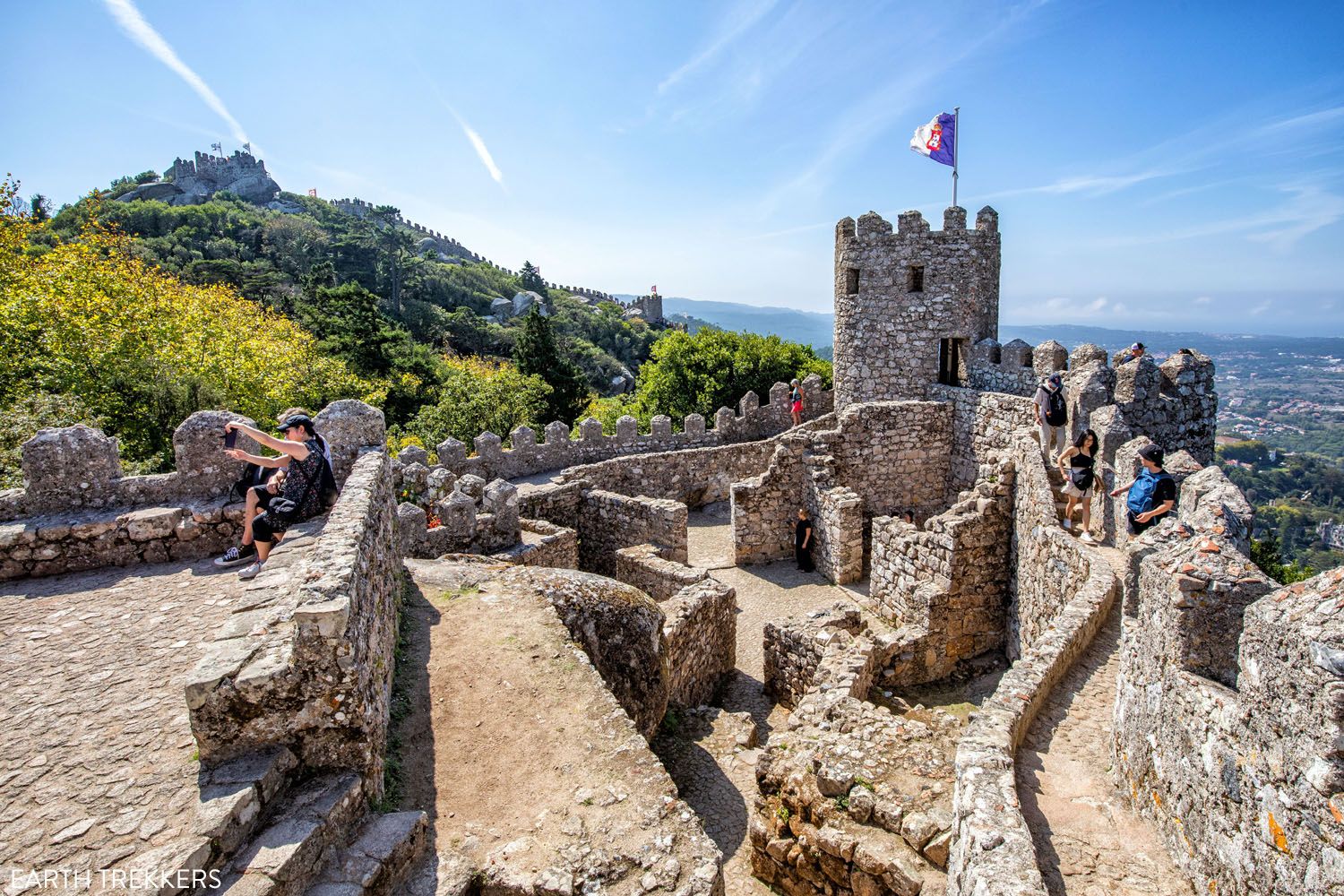
Castle of the Moors in Sintra
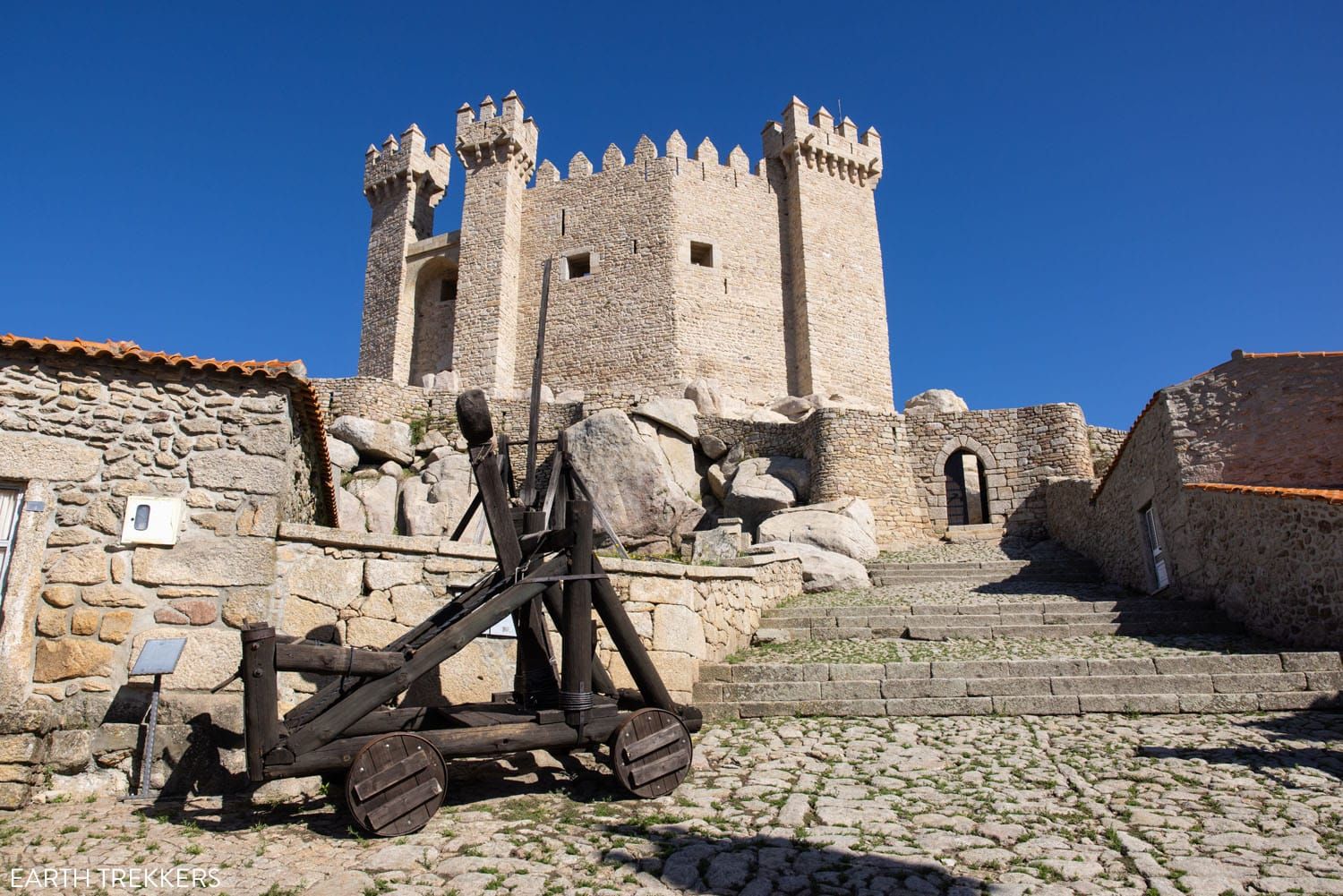
Penedono Castle
Best Things to Do in Portugal: On a Map
How to Use This Map: Click the icons on the map to get more information about each point of interest. To take this map with you, click the star next to the title of the map which adds it to your Google account. Next, within your Google Maps app, select ‘Saved’ and then select ‘Maps’. This map title will now appear in your list.
Best Things to Do in Portugal: Our Recommendations
Top 10 Things to Do in Portugal
- Lisbon
- Porto
- Sintra
- The Algarve beaches
- Madeira
- The Azores
- The Douro Valley
- Óbidos
- Portuguese cuisine
- Braga and Bom Jesus do Monte
Best Things to Do in Portugal with Kids
- Visit the Algarve beaches
- Explore Portugal’s castles
- Visit the palaces and castles in Sintra
- Visit Monsanto
- Walk the castle walls in Óbidos
- Visit Cabo da Roca and Praia da Ursa
- Climb the steps of Bom Jesus do Monte in Braga
- See the giant waves in Nazaré
- Explore Madeira
- Go island hopping in the Azores
Putting this Together: Planning Your Portugal Itinerary
For ideas on how to spend your time on mainland Portugal, take a look at our 10 Day Portugal Itinerary, which has five different ways to spend 10 days in Portugal.
We also have a detailed 10 day Portugal itinerary that includes Lisbon, Porto, and the Algarve.
With more time, you can add on the Azores and Madeira. Or, spend 2 weeks on mainland Portugal, visiting Lisbon, Porto, the Algarve, and a handful of charming towns and underrated gems.
From Lisbon, you can fly directly to Madeira. Plan on spending 5 to 7 days here, to visit the highlights and explore Funchal.
From Lisbon and the USA, you can fly to the Azores. For the best experience, plan on spending a minimum of 7 days in the Azores, although more time gives you the ability to see more islands.
Frequently Asked Questions
What can’t you miss in Portugal?
In Portugal, the top things to do include Lisbon, Porto, the Algarve beaches, wine tasting in the Douro Valley, visiting Madeira and the Azores, touring the palaces and castles in Sintra, and visiting smaller towns such as Óbidos, Monsanto, Nazaré, Braga, and Guimarães.
How much time do you need in Portugal?
At a minimum, plan on spending 7 days in Portugal. This gives you just enough time to visit Porto or Lisbon, to visit one city plus do a few day trips, or to visit one city and spend a few days in the Algarve. Adding 3 days, for a full 10 days in Portugal, makes a big difference and you can see and do a lot more with that extra time. If you want to thoroughly explore continental Portugal, plan on spending 3 to 4 weeks here.
When is the best time to visit Portugal?
The best time to visit Portugal is late April to early June and mid-September to early November. During this time, the weather is pleasant and crowds are manageable. Summer is peak season with the busiest months being July and August. During this time, expect high prices for hotels and crowded beaches and landmarks. Winter is the off season. Crowds are low and hotel prices are cheap. If you don’t mind cool temperatures and cloudy skies, this is still a very nice time to visit Portugal.
If you have any questions about the best things to do in Portugal, or if you want to share your favorite experiences, let us know in the comment section below.
More Portugal & Europe Travel Guides
We have TONS more information about Portugal in our Portugal Travel Guide, including Lisbon, Sintra, Porto, the Algarve, the Douro Valley, and Madeira.
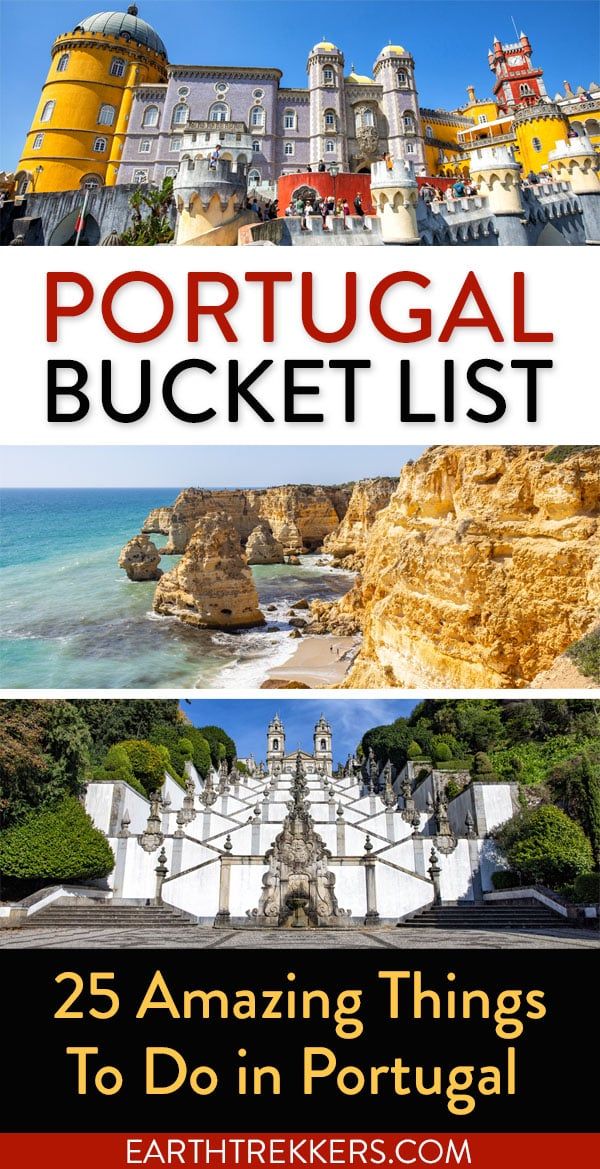
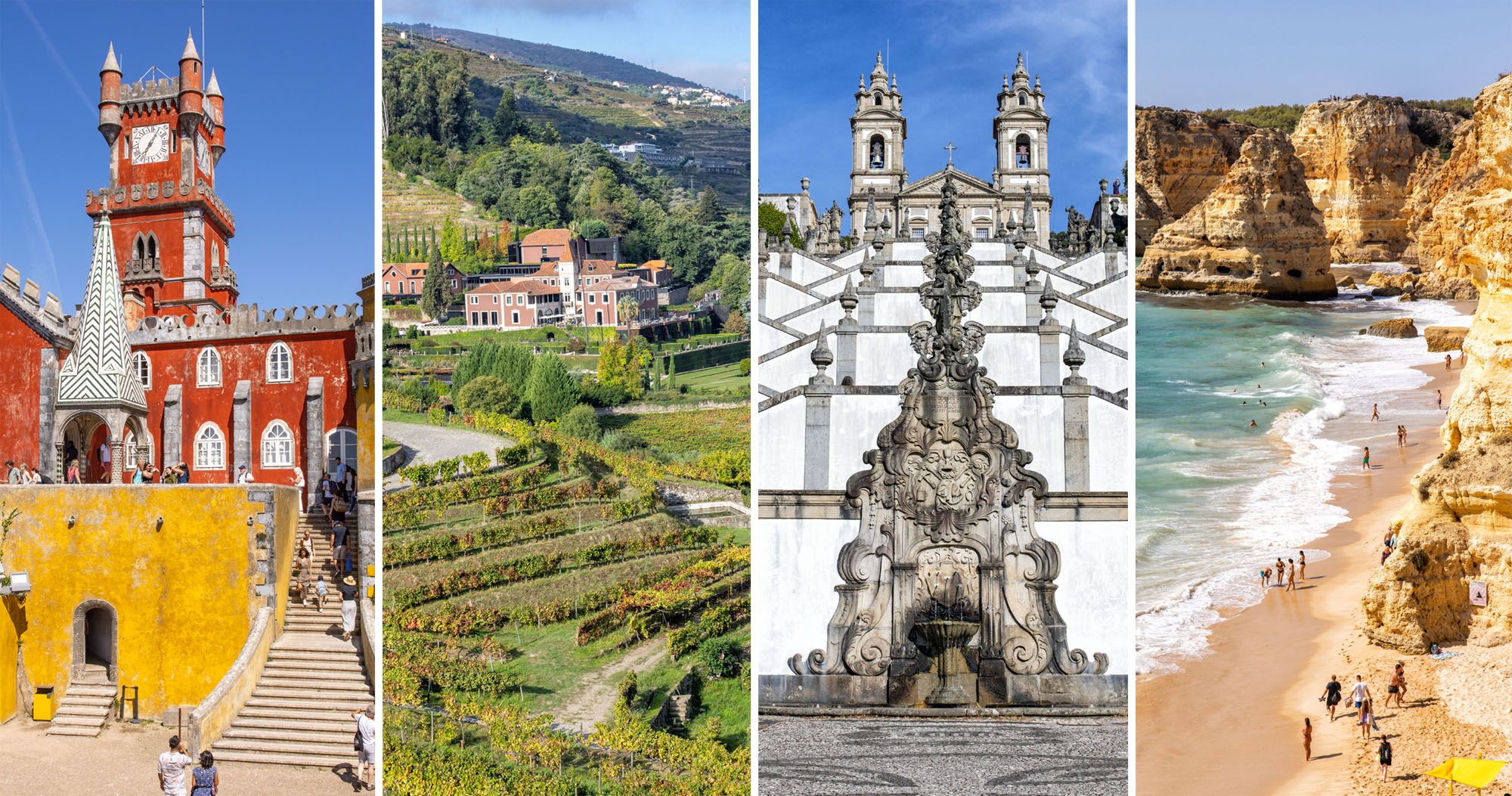

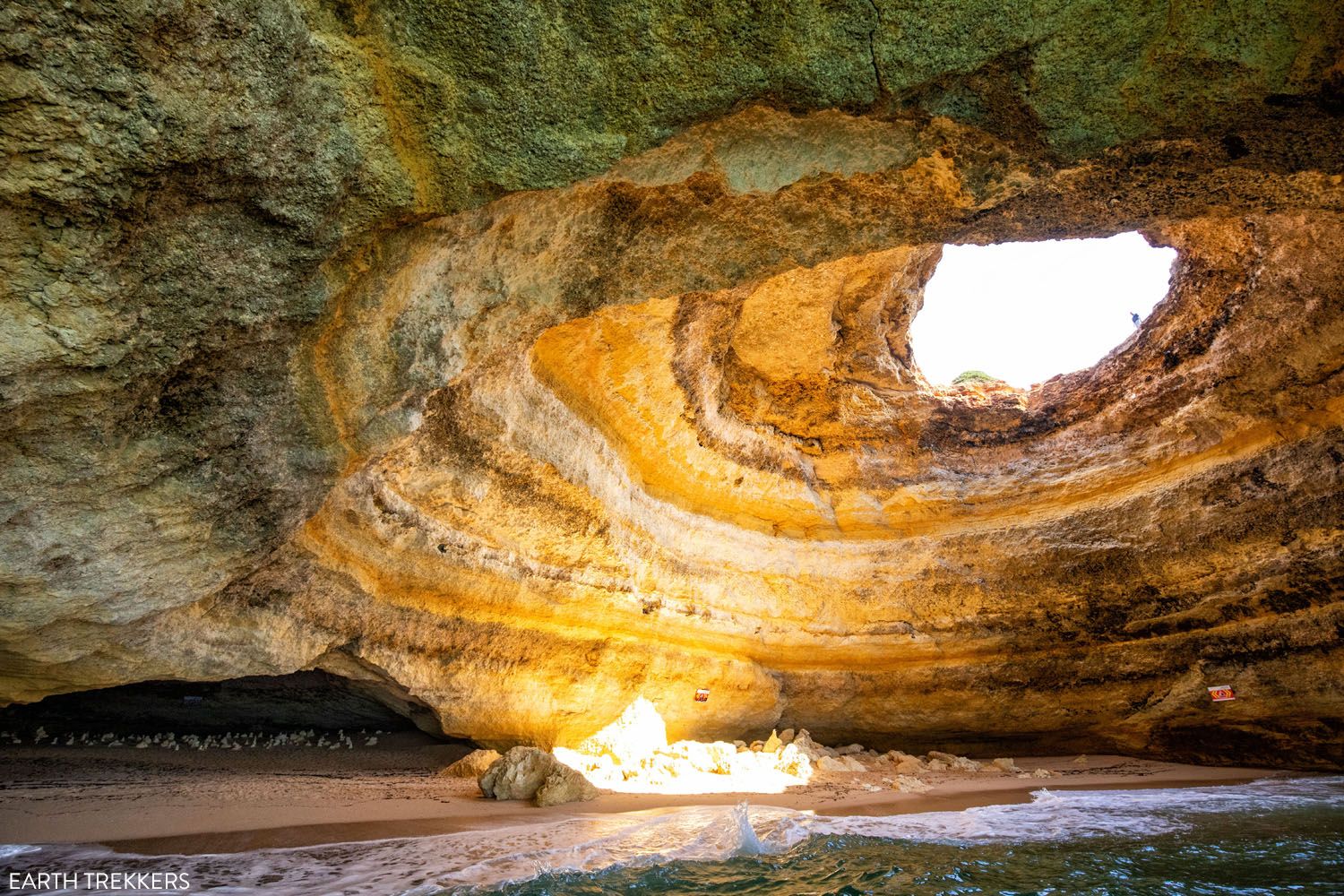
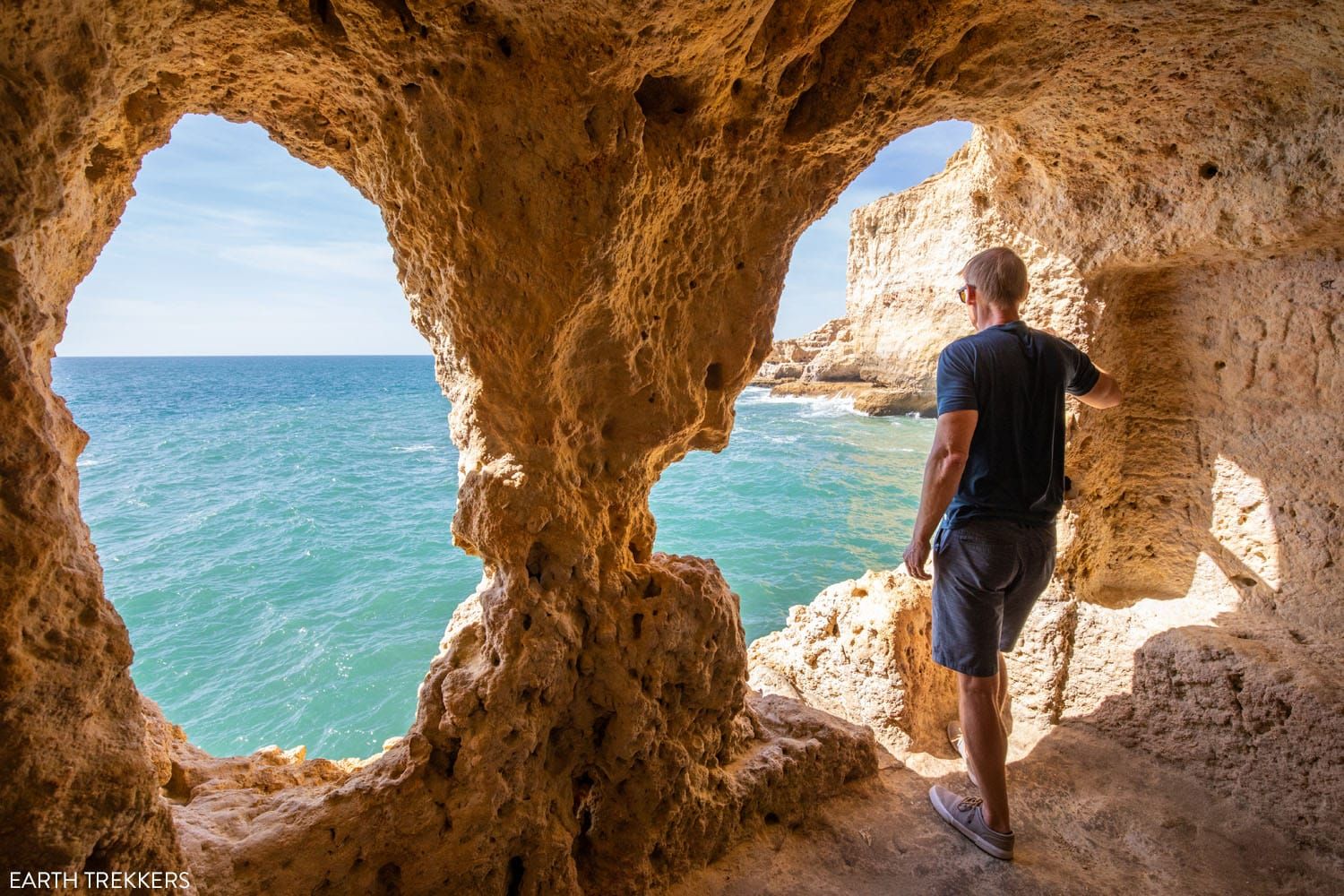
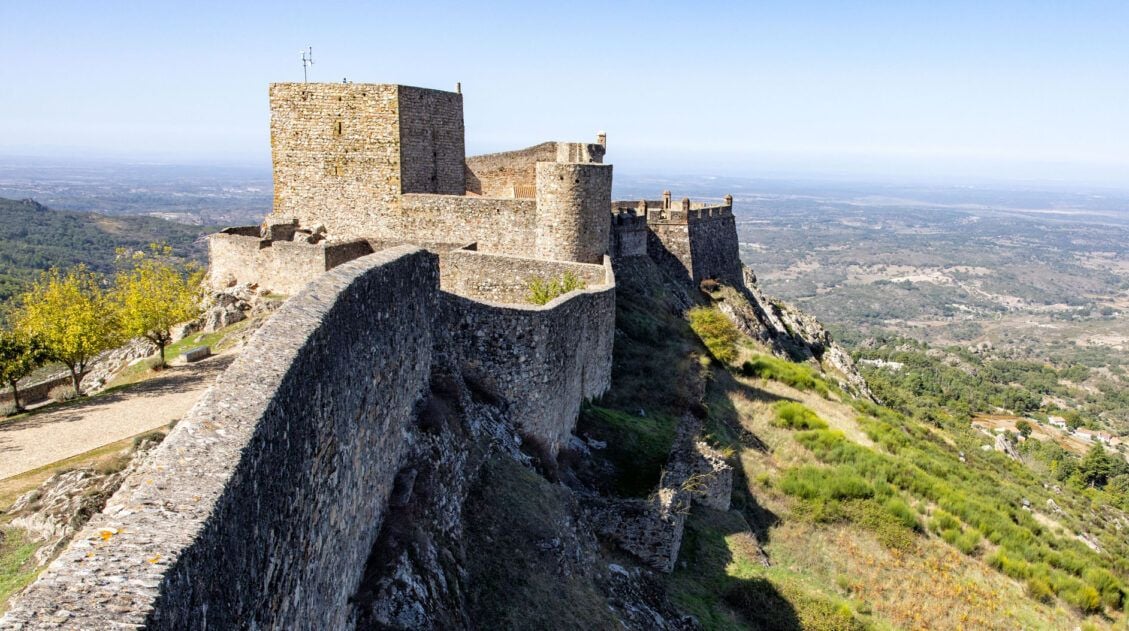
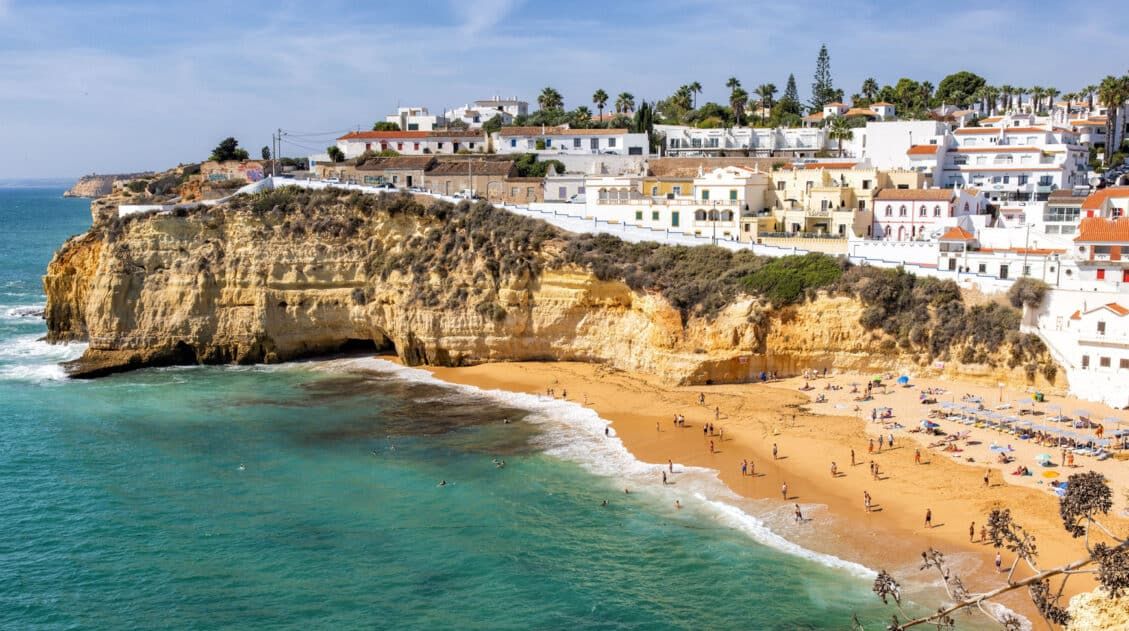
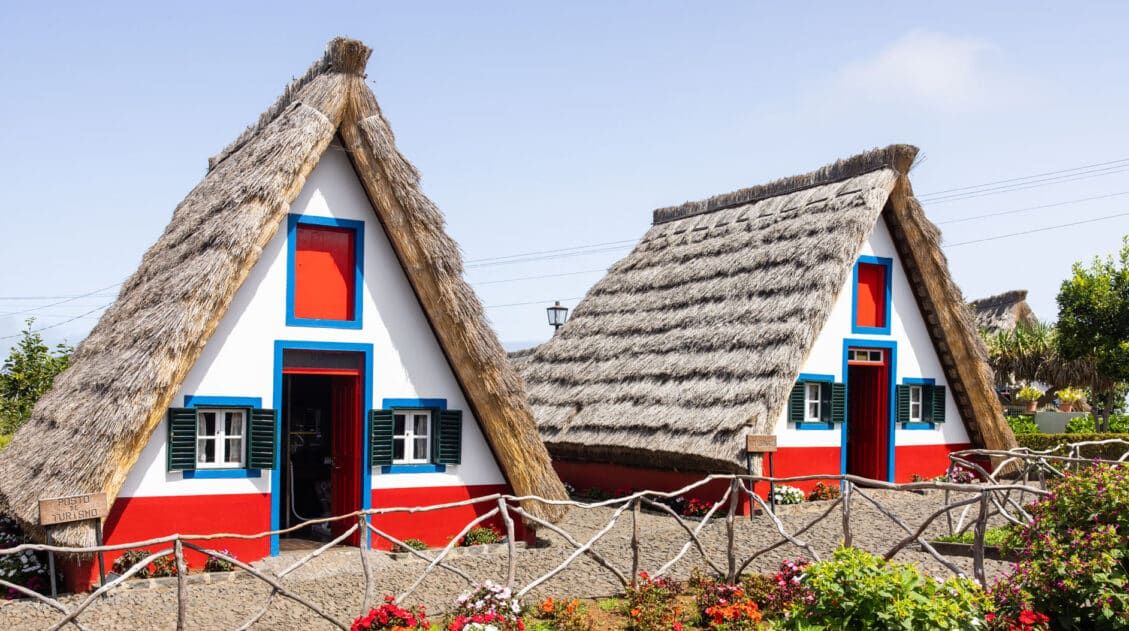
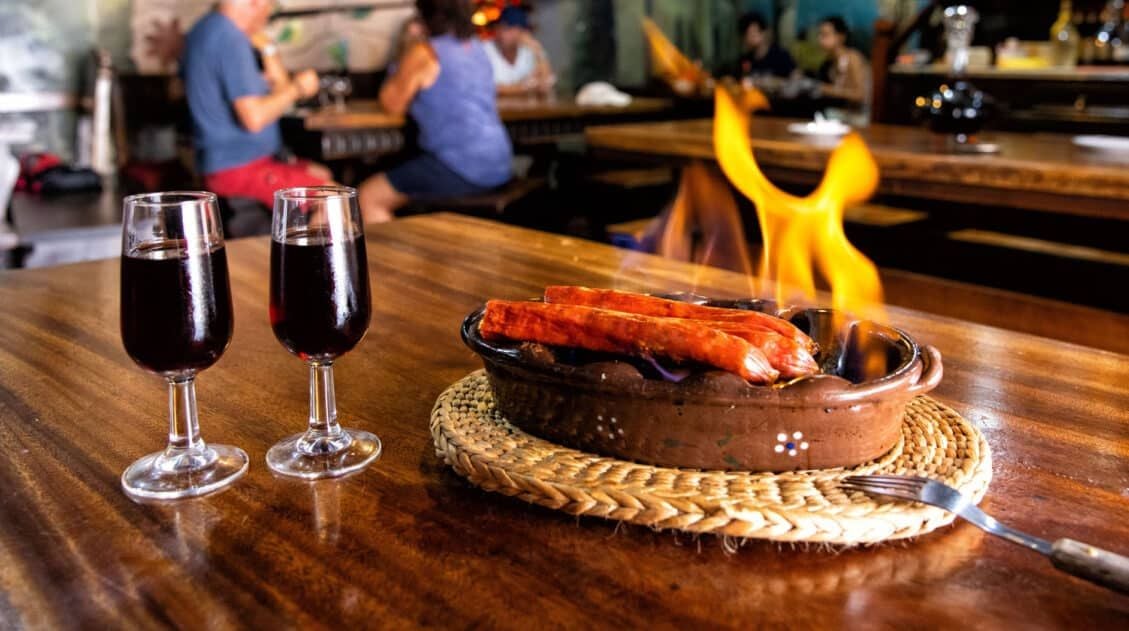
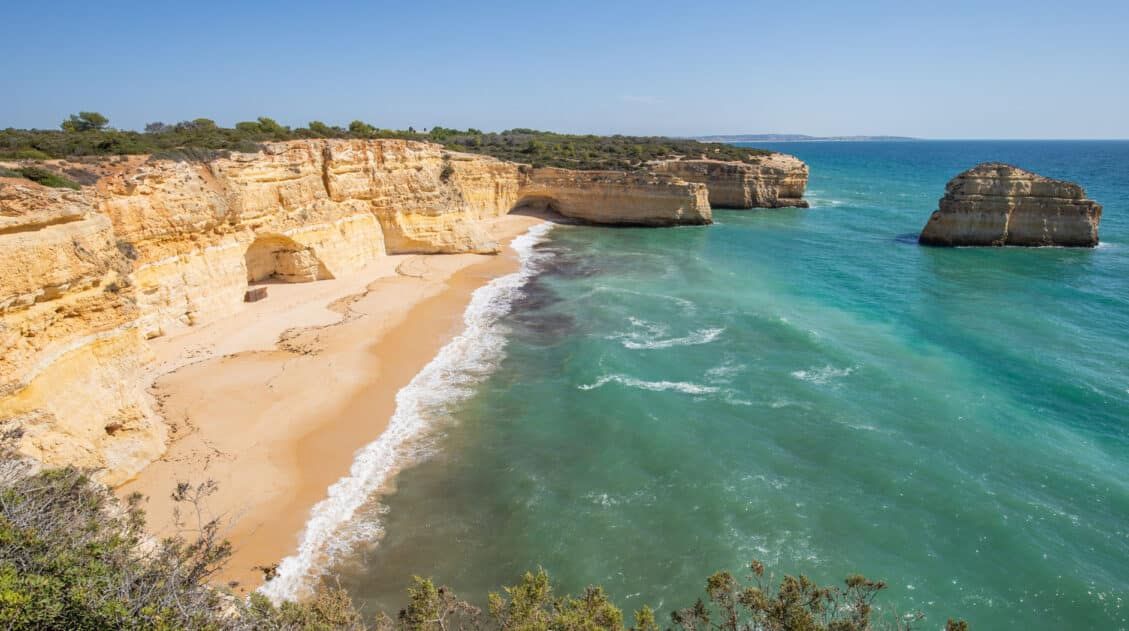
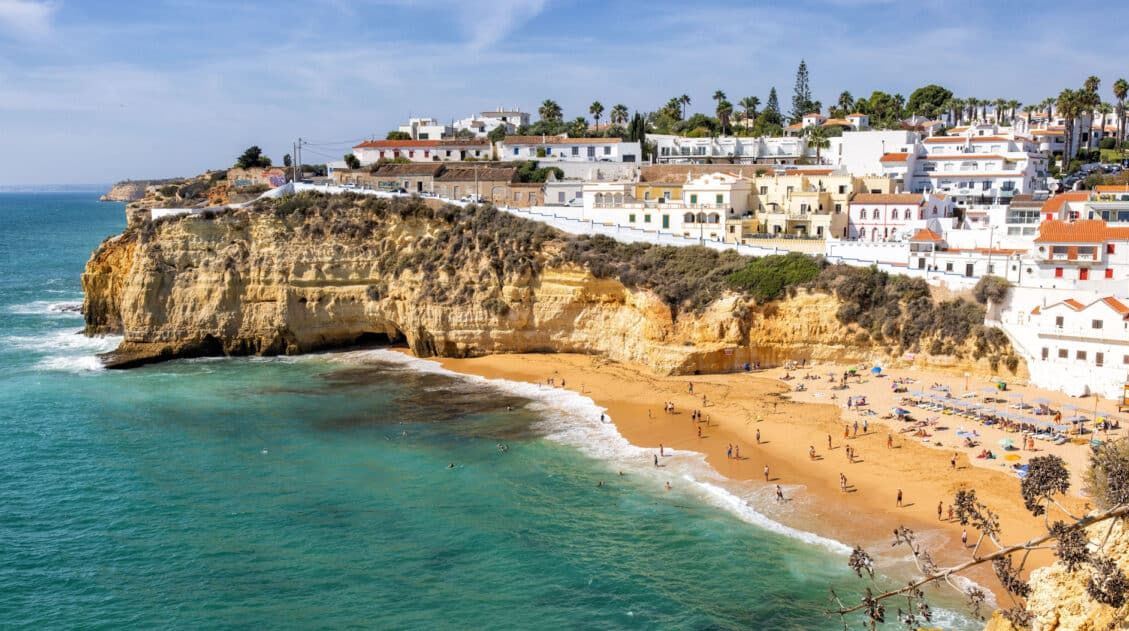
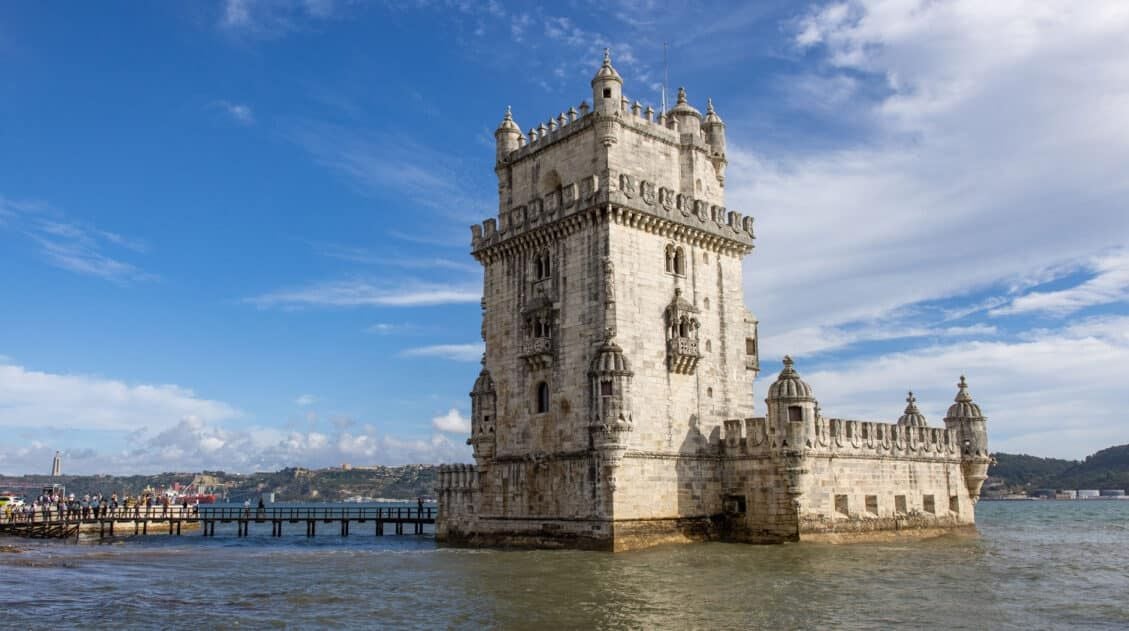
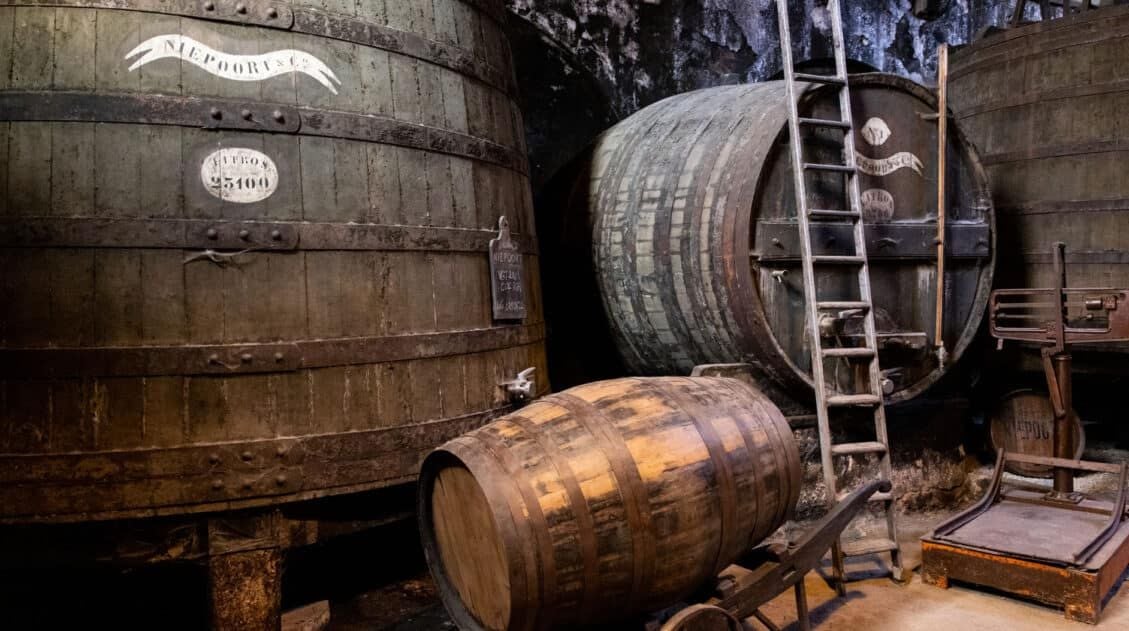
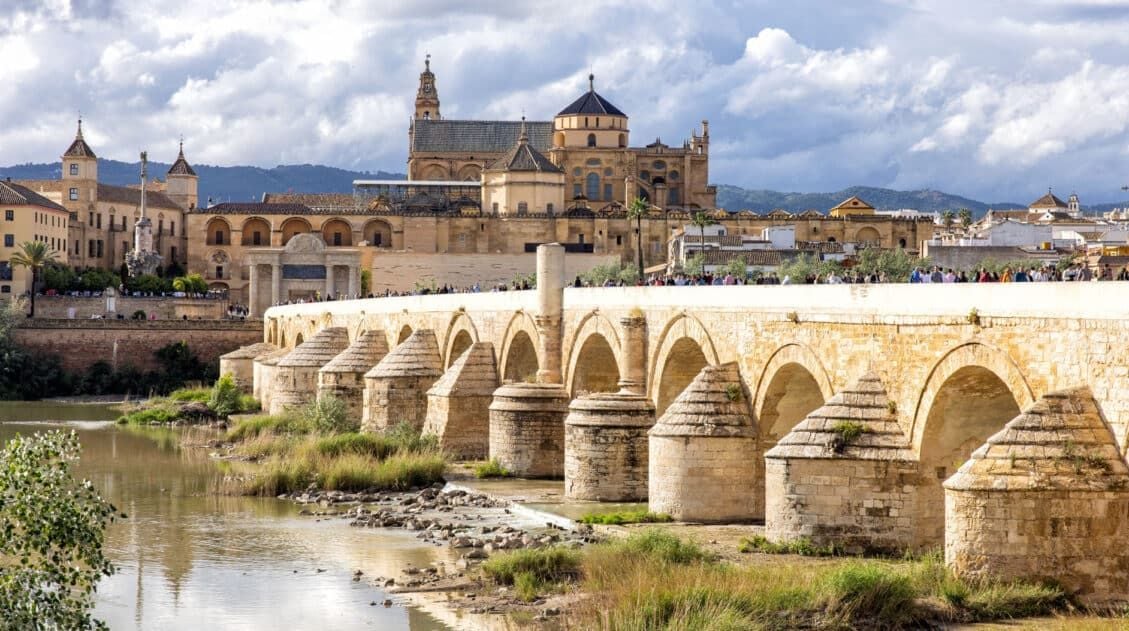
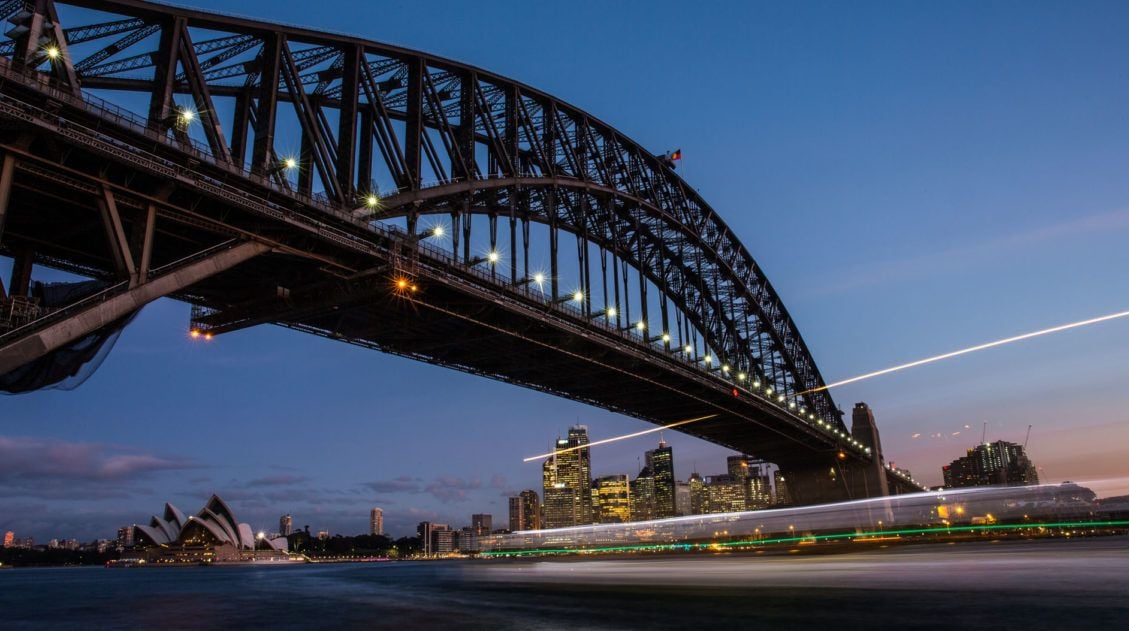
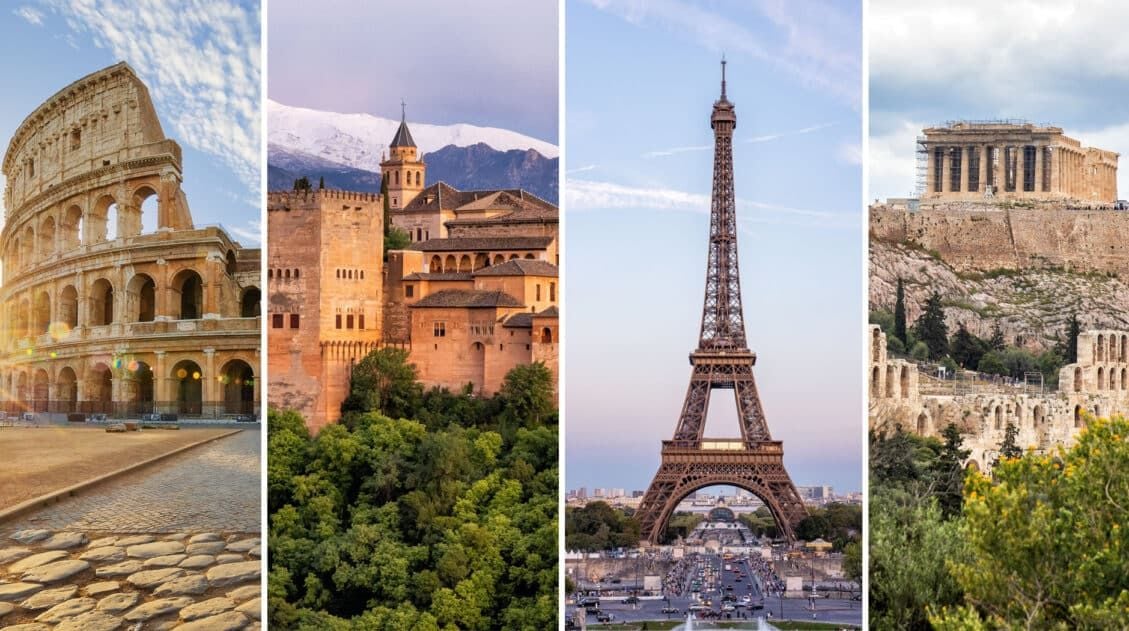
Comments 2